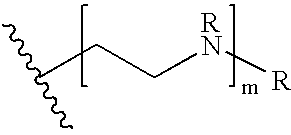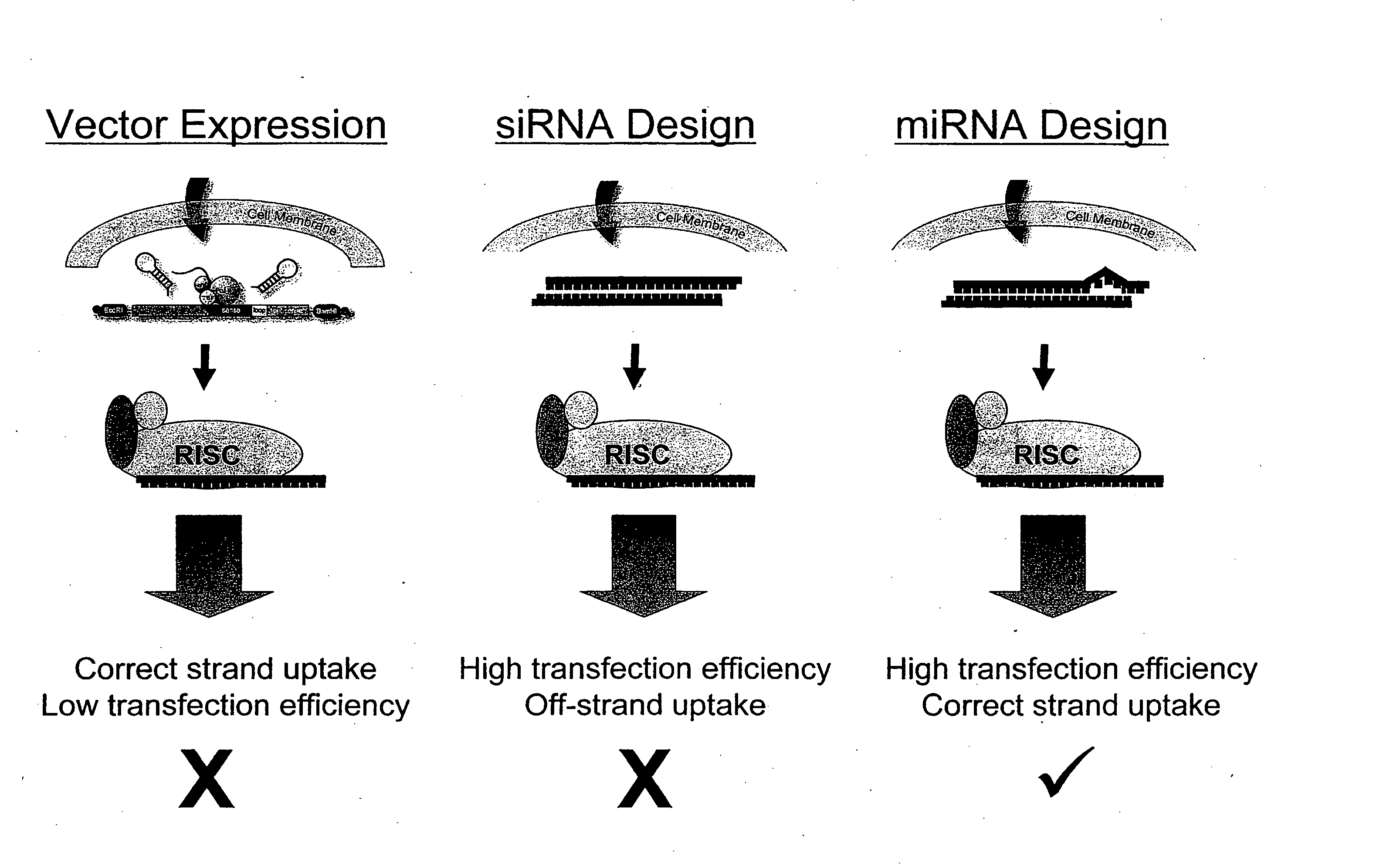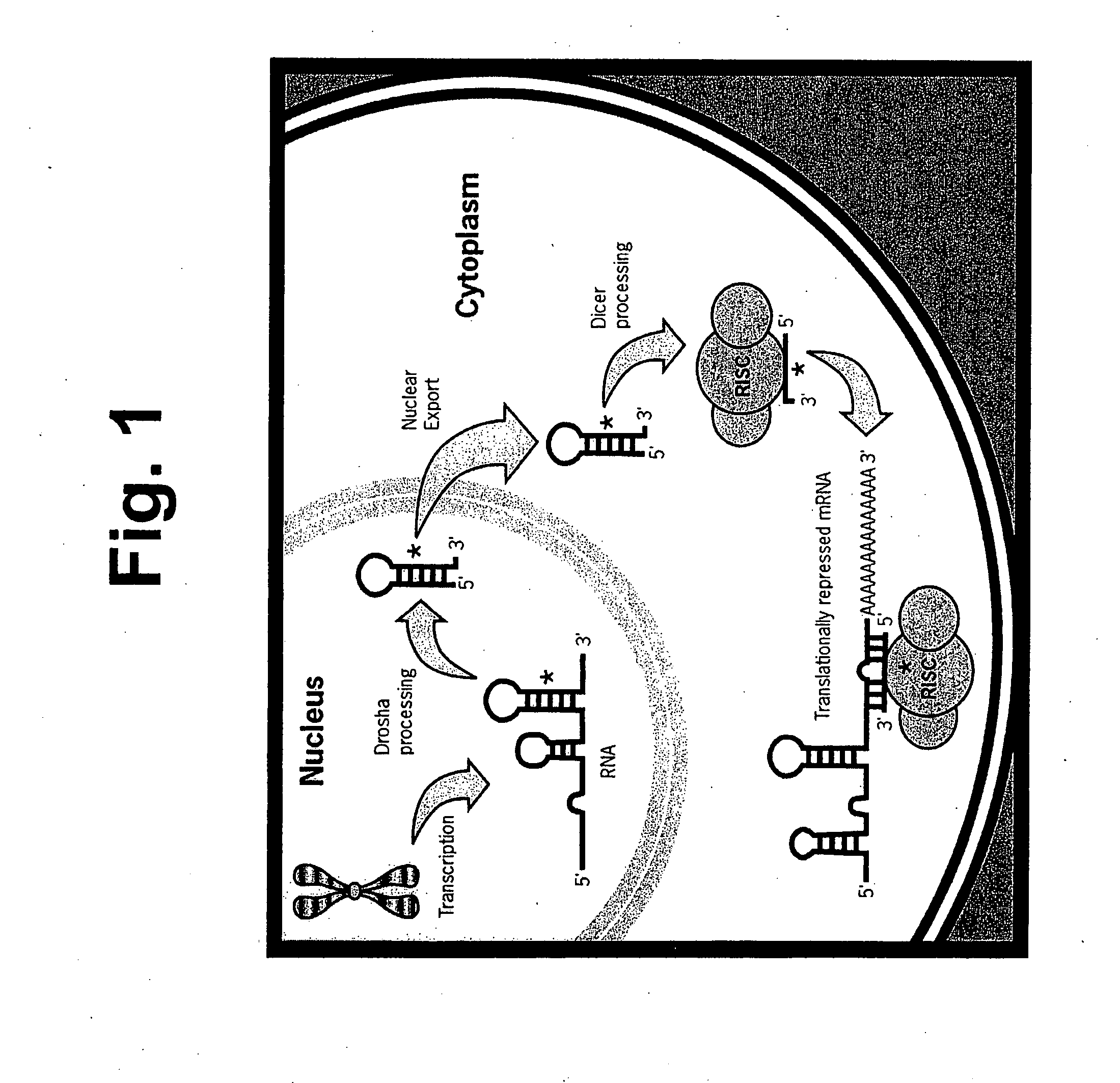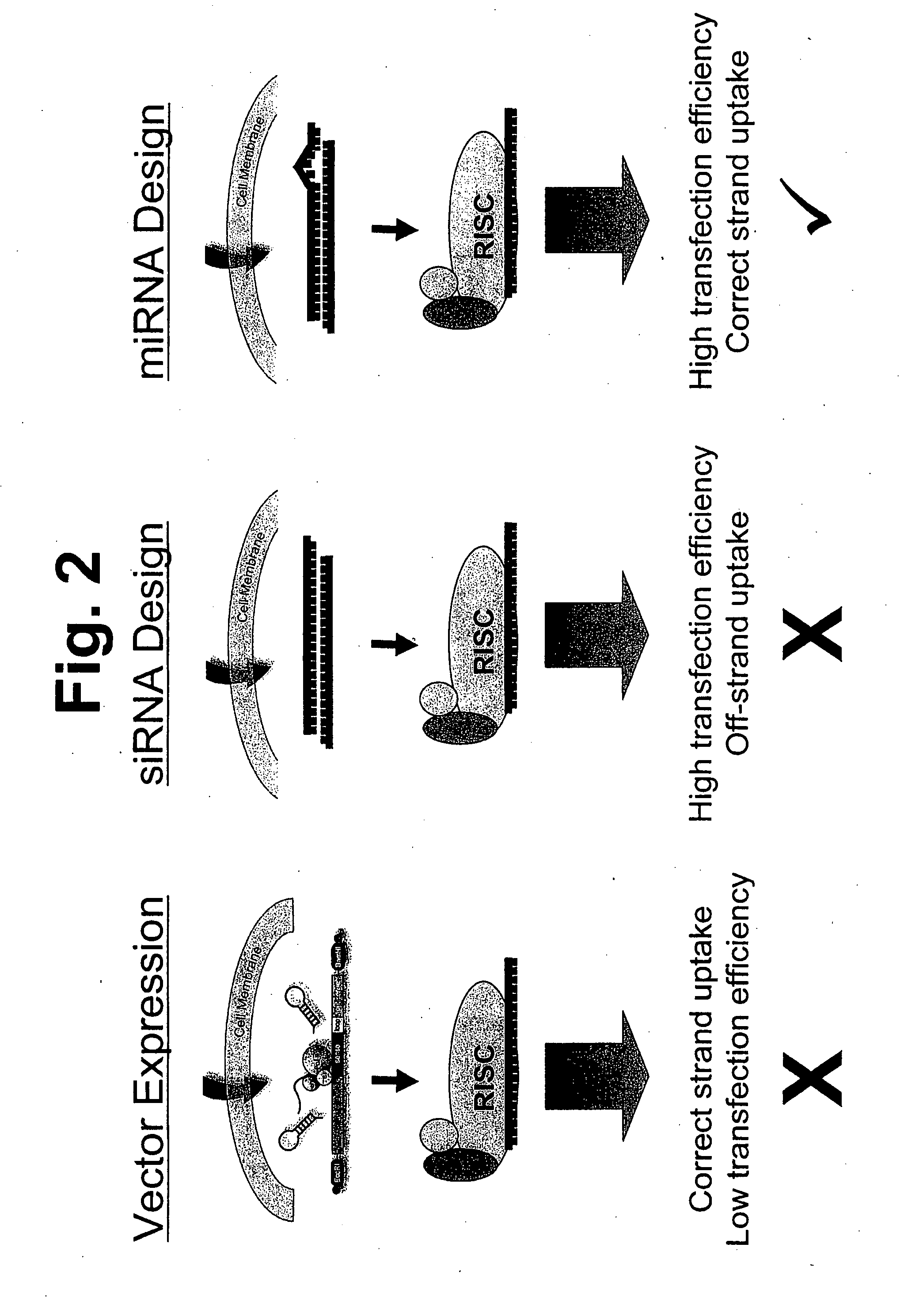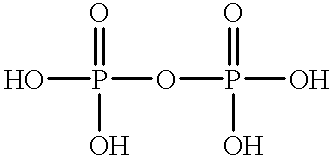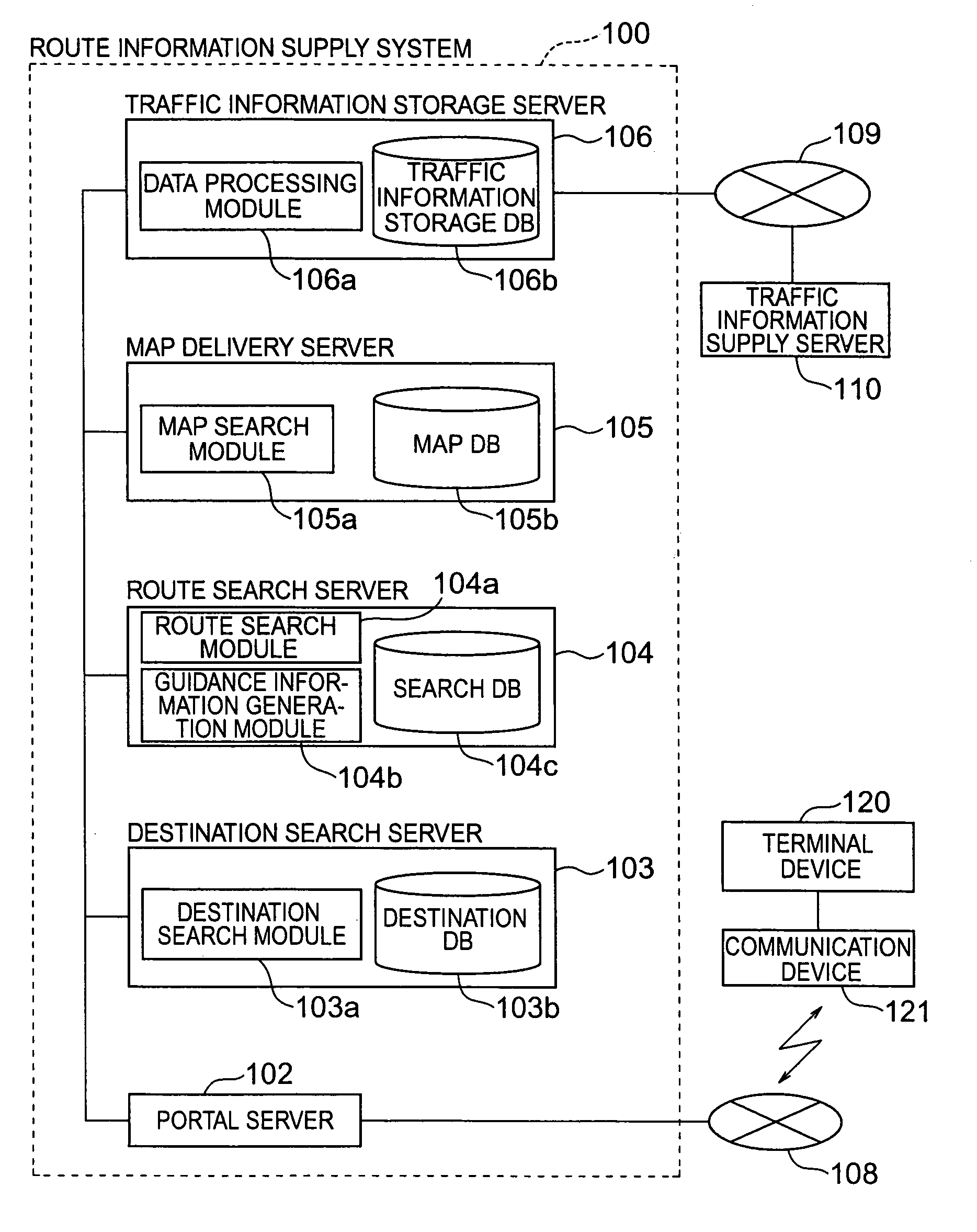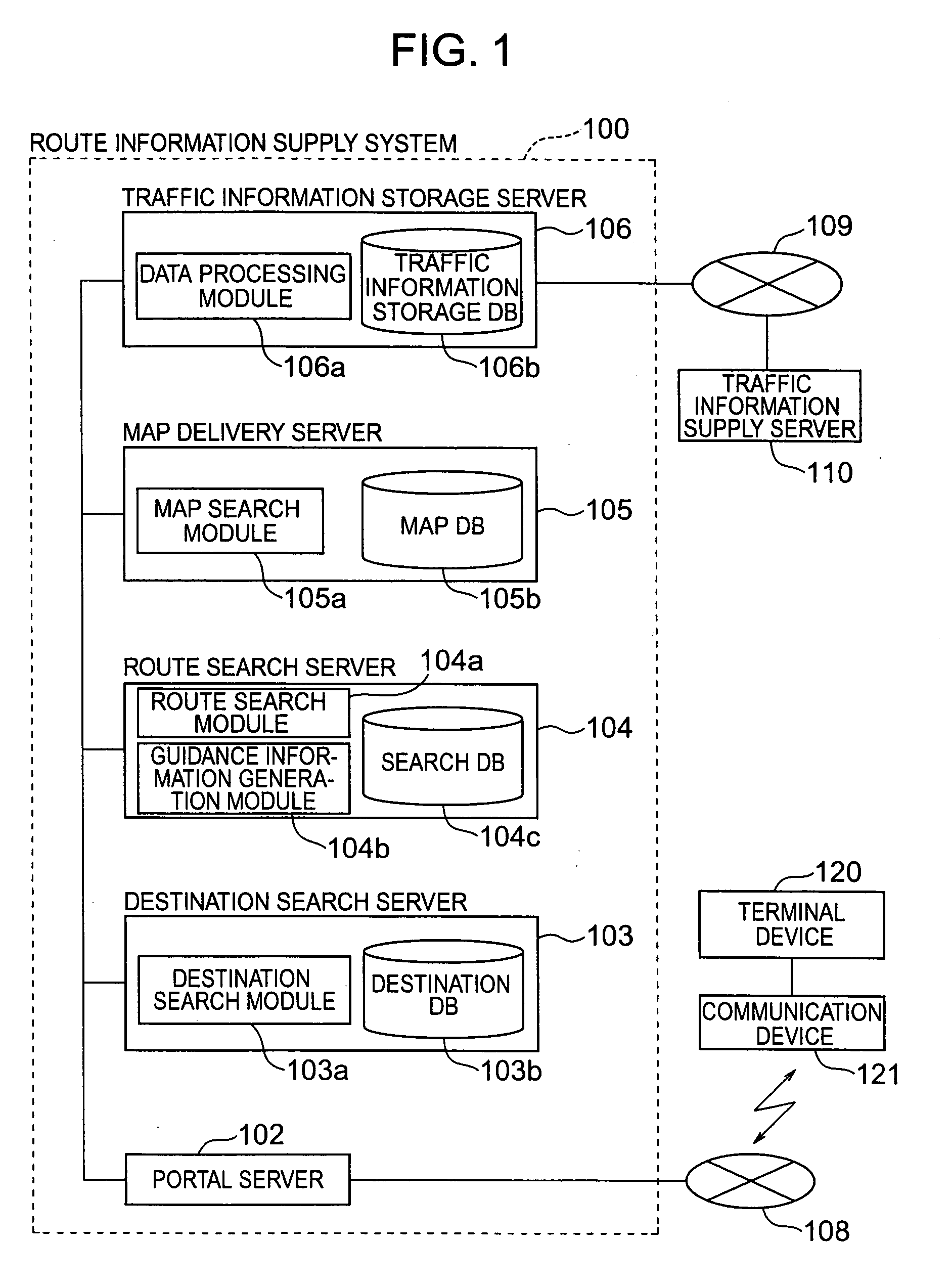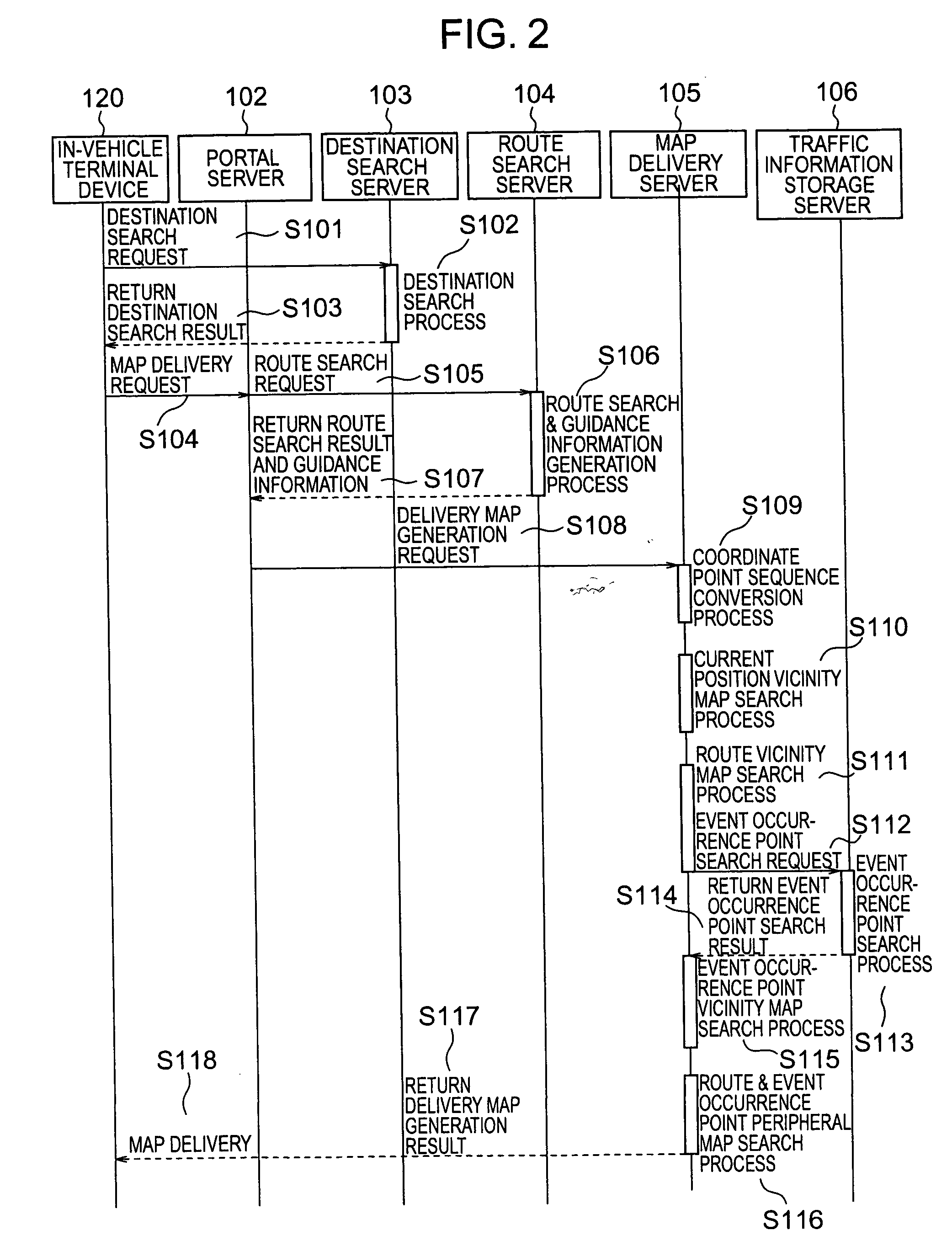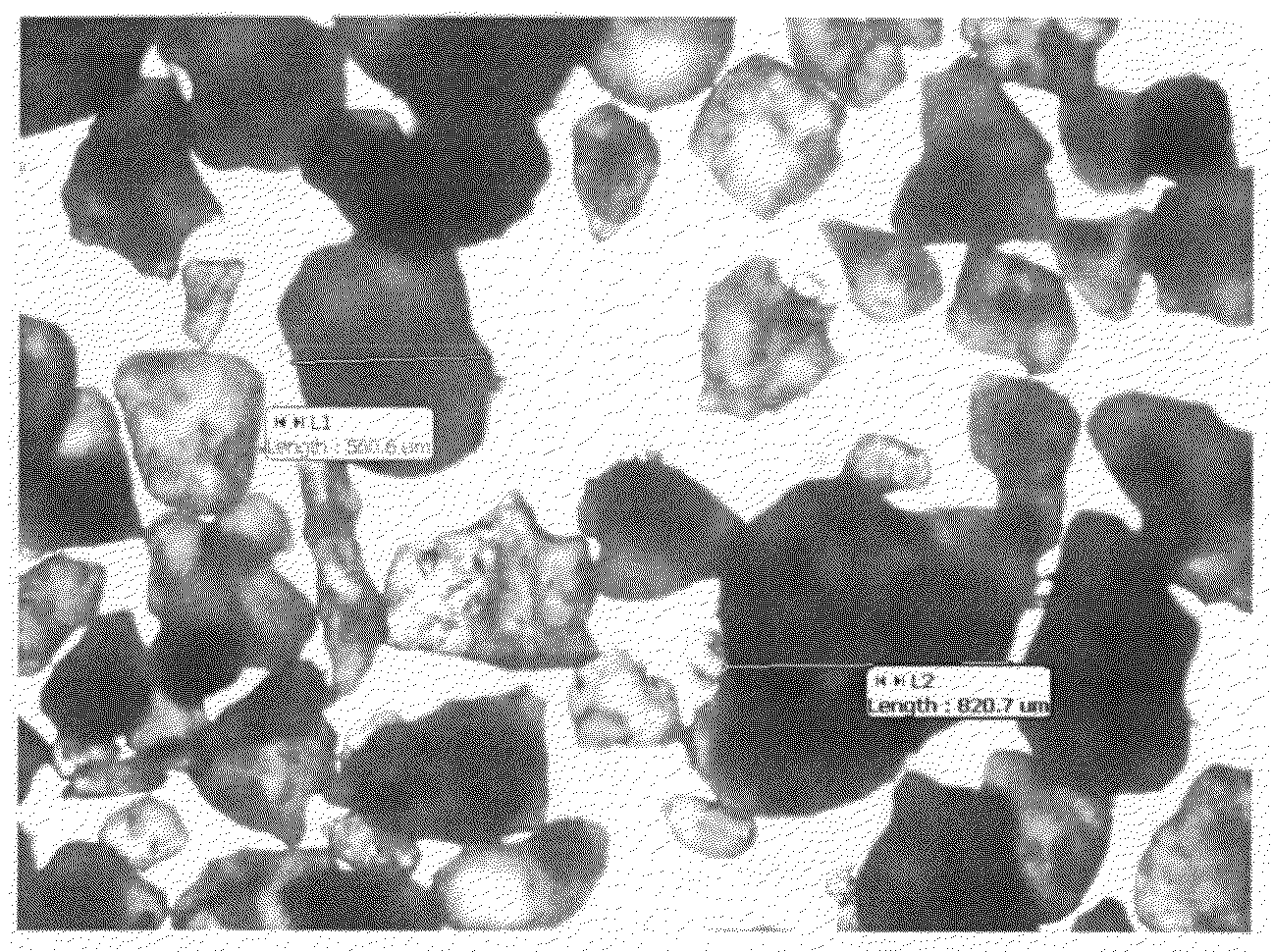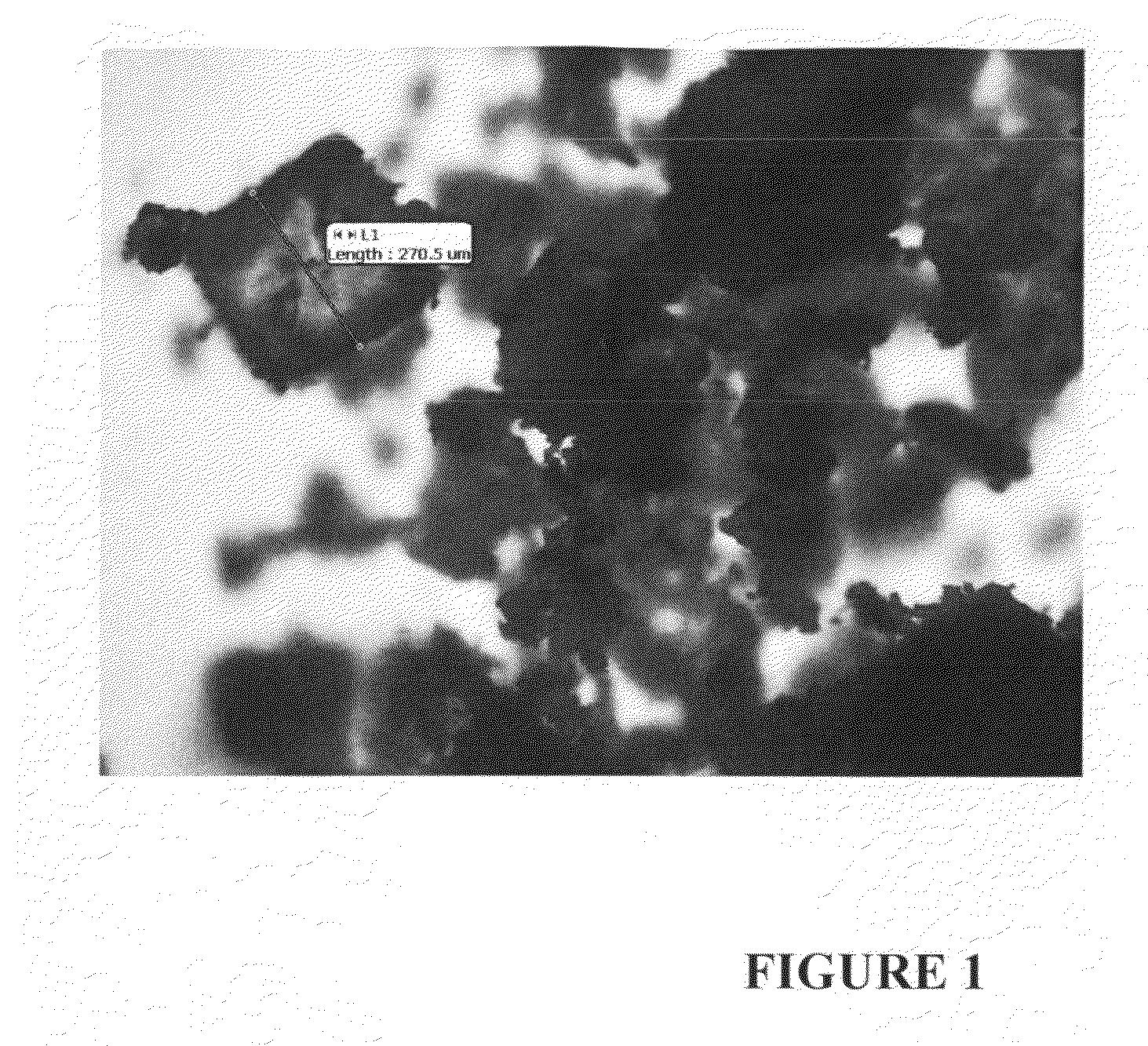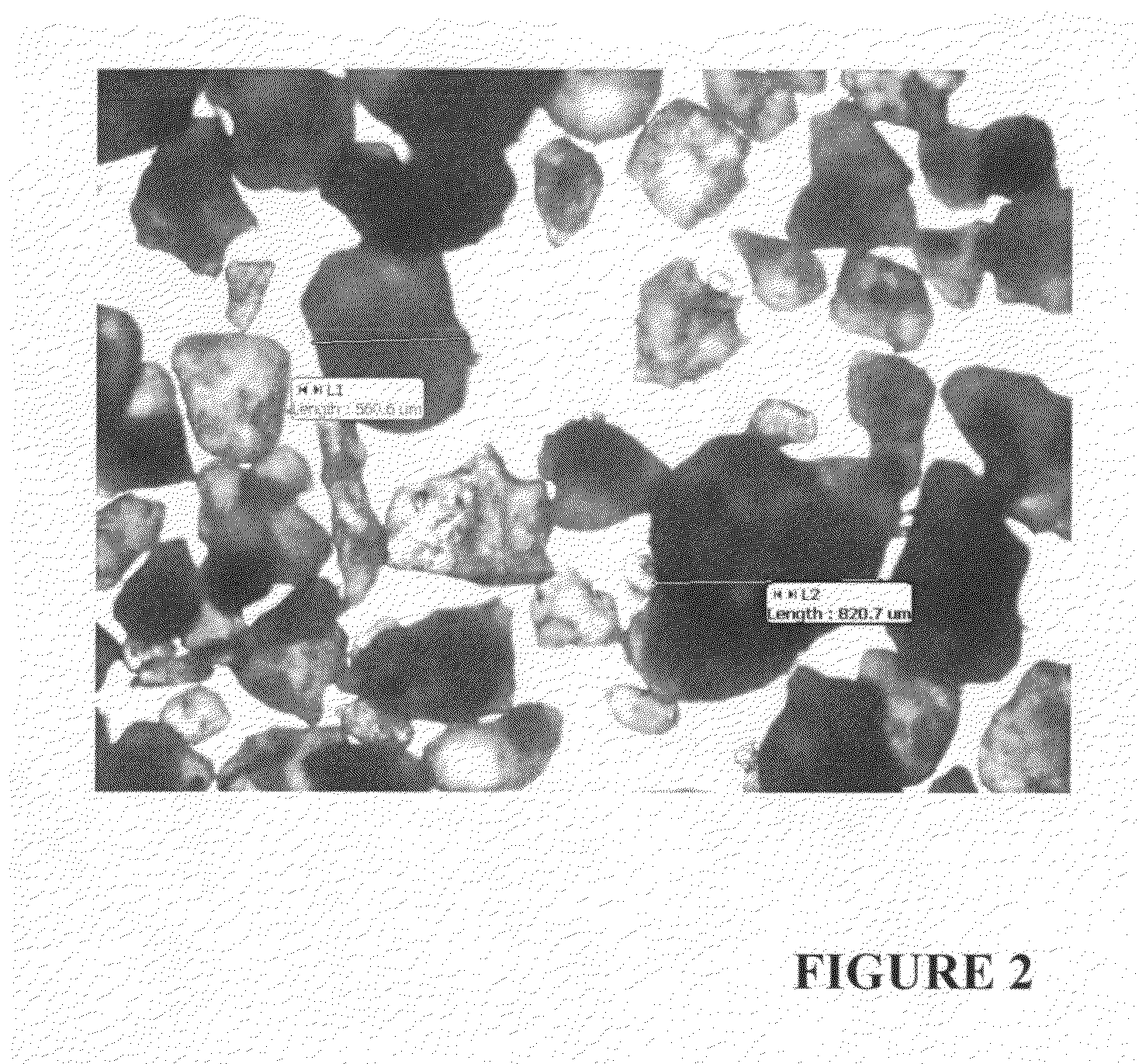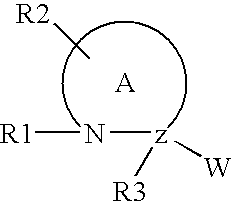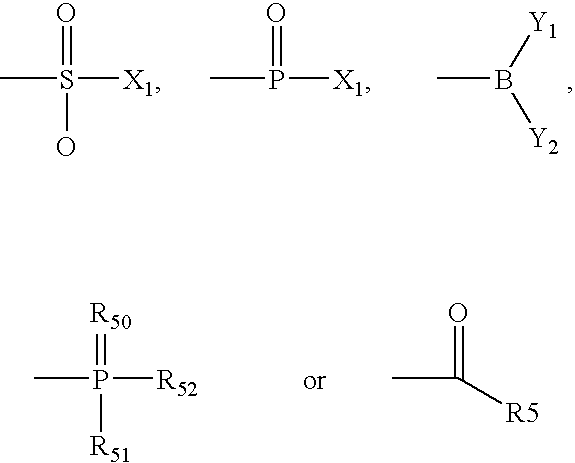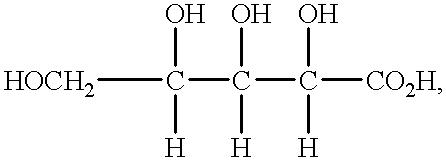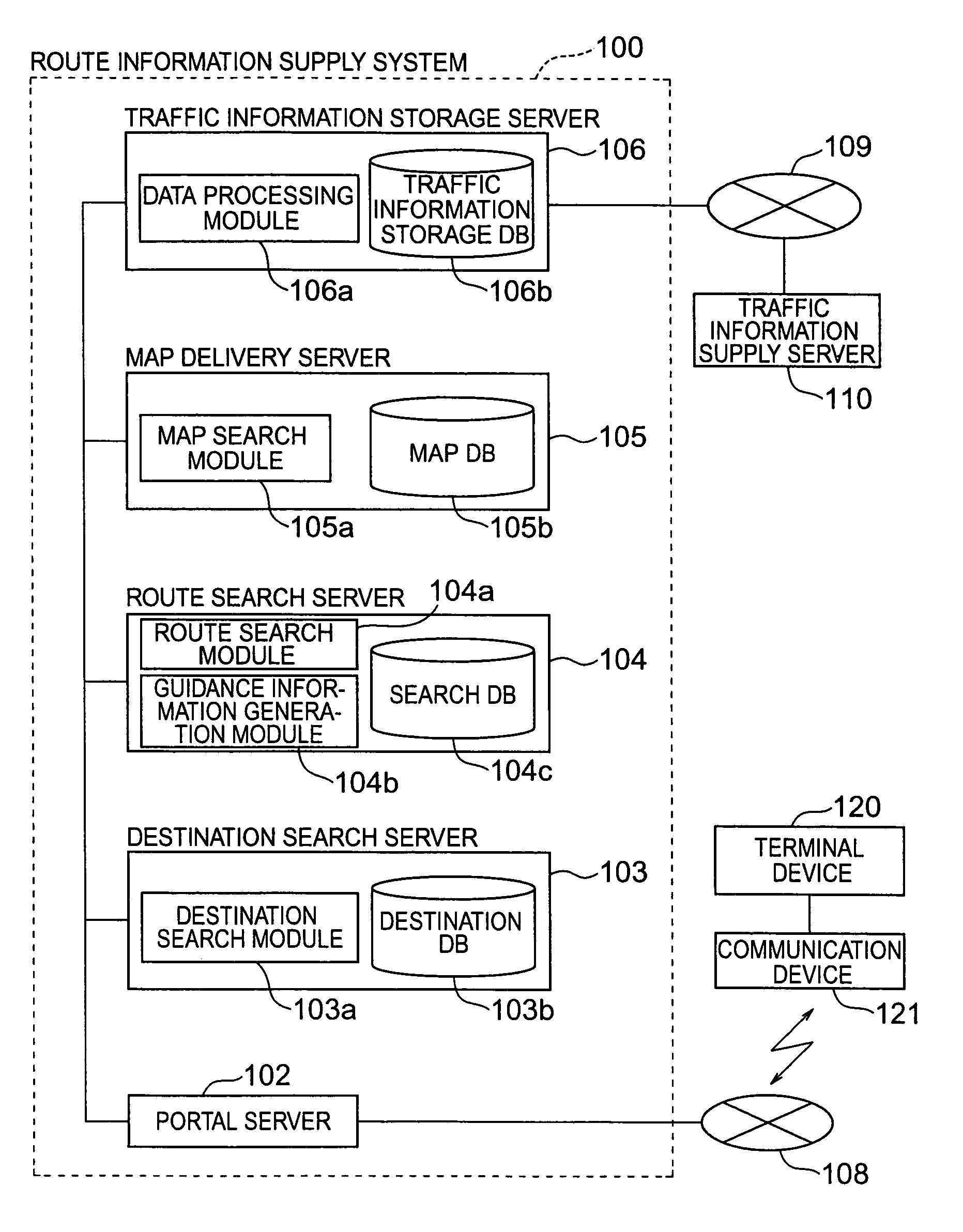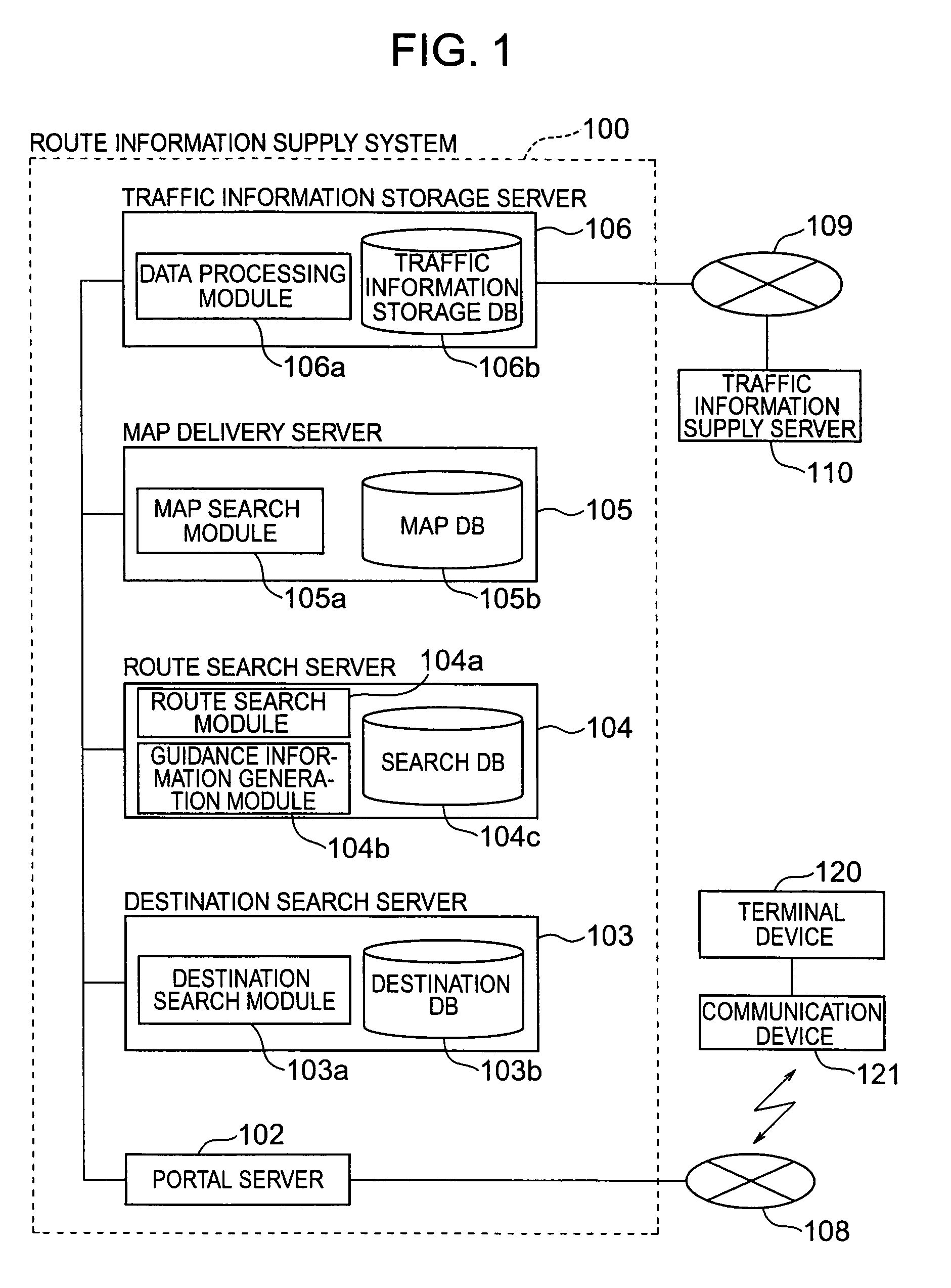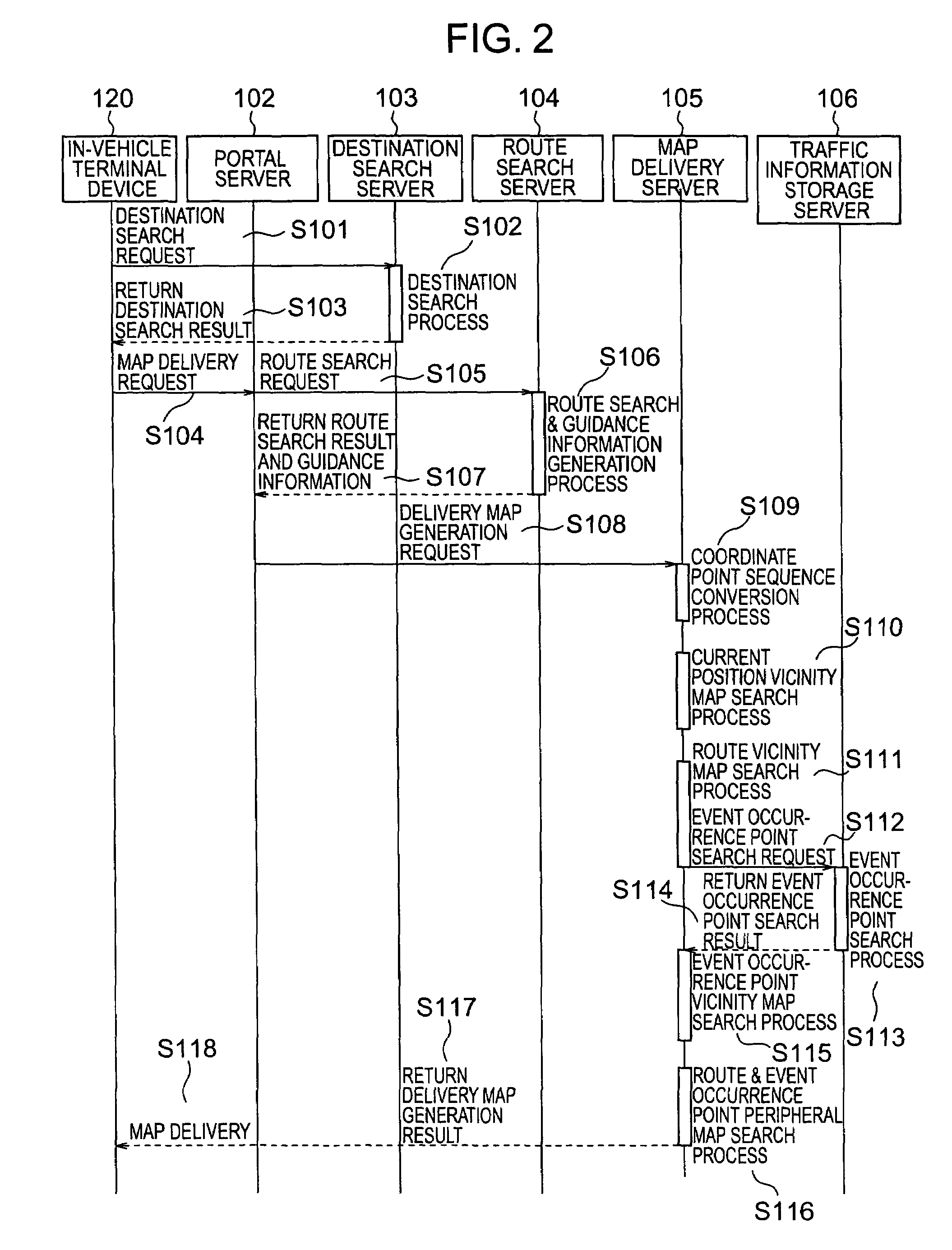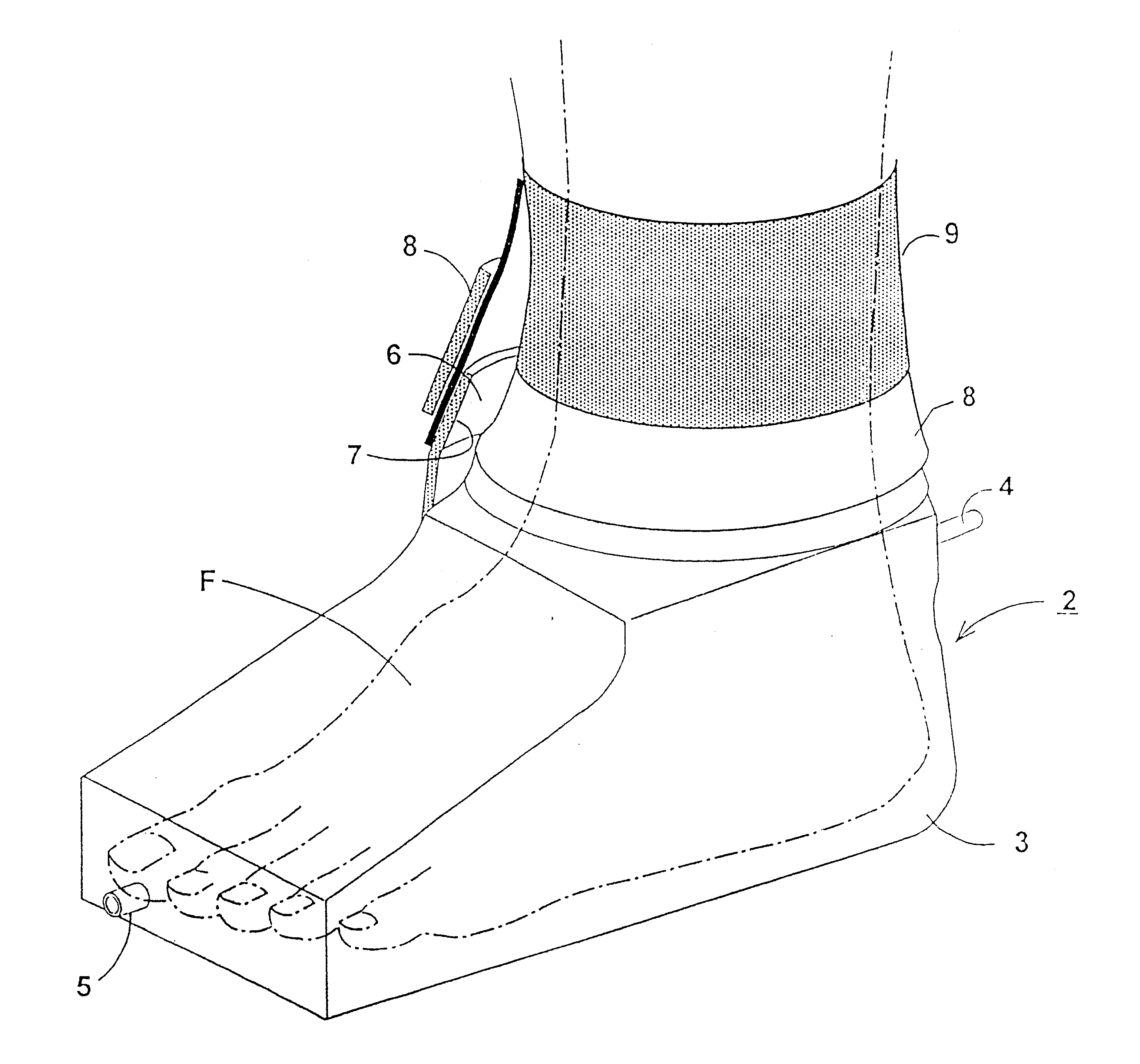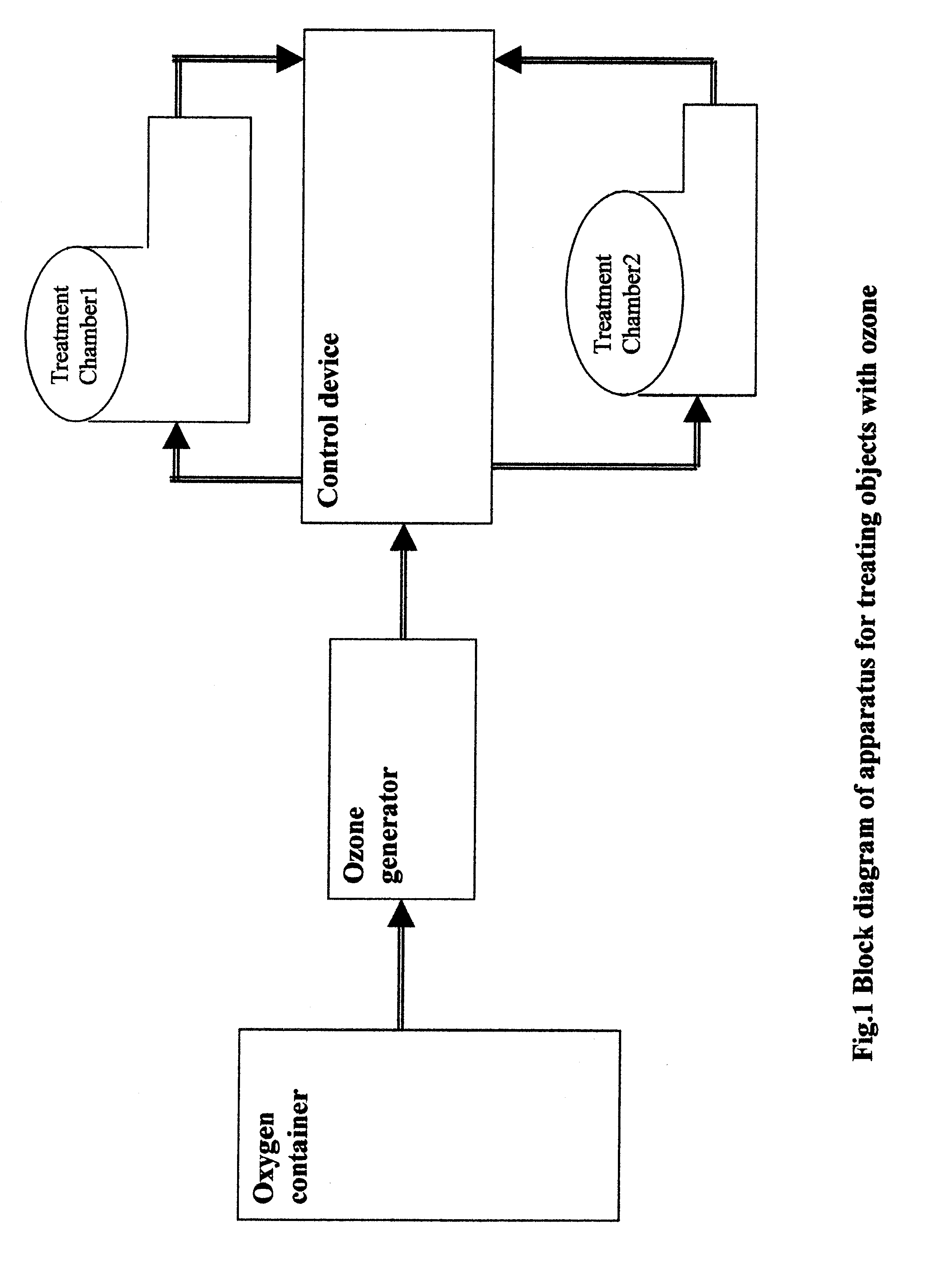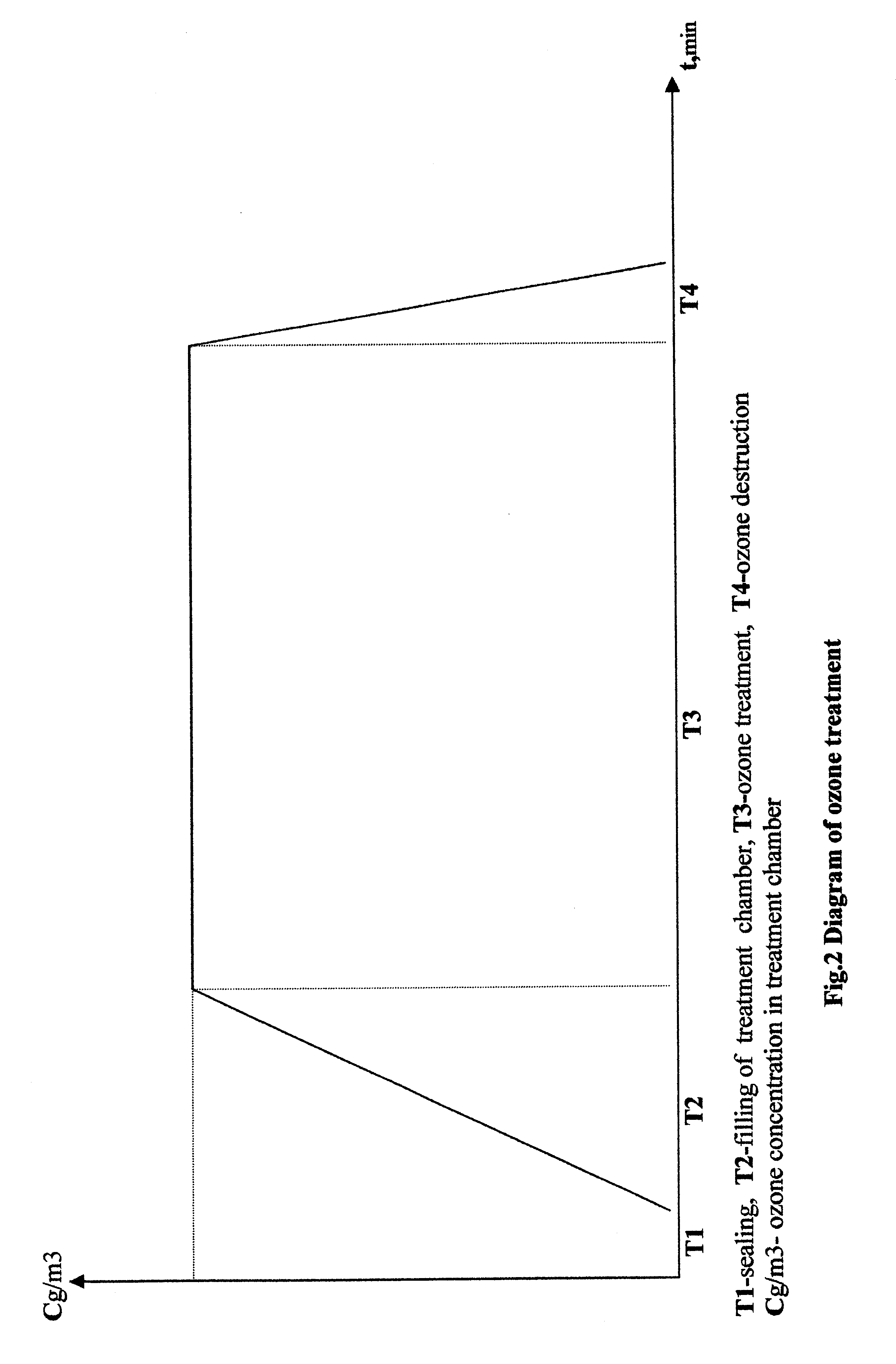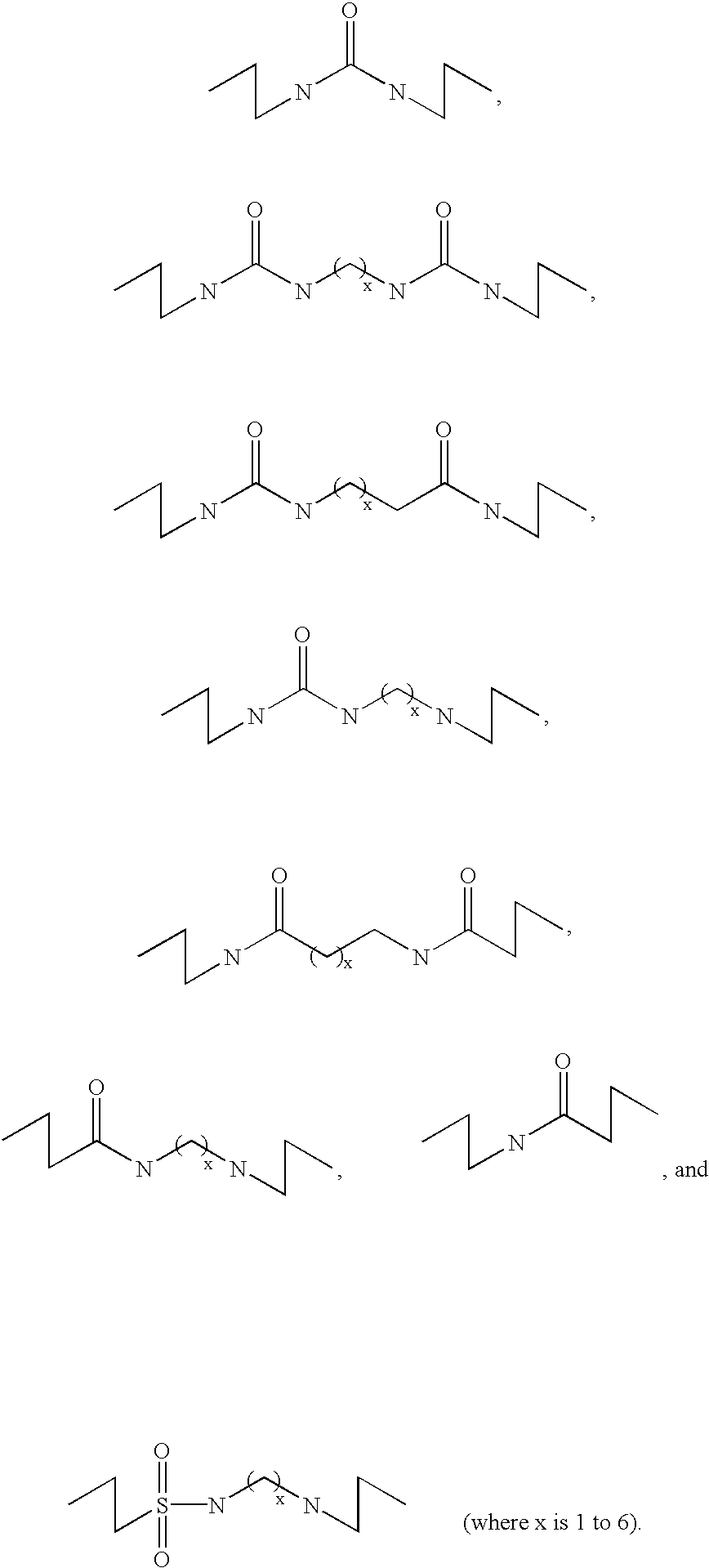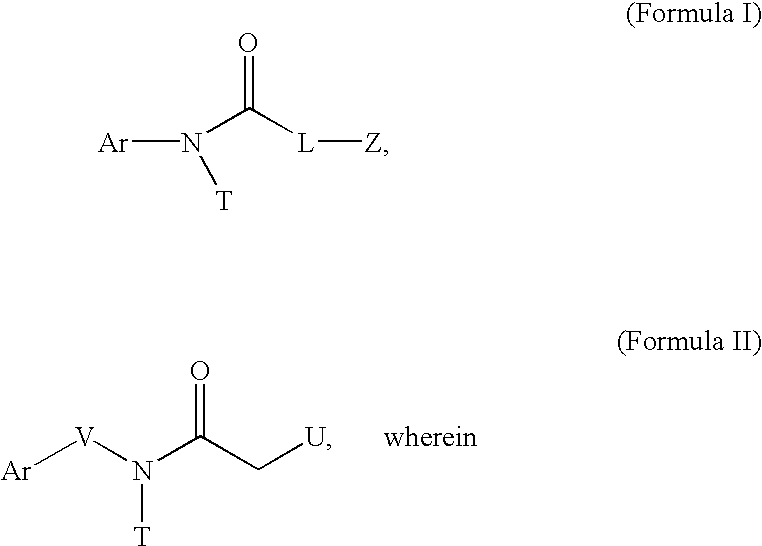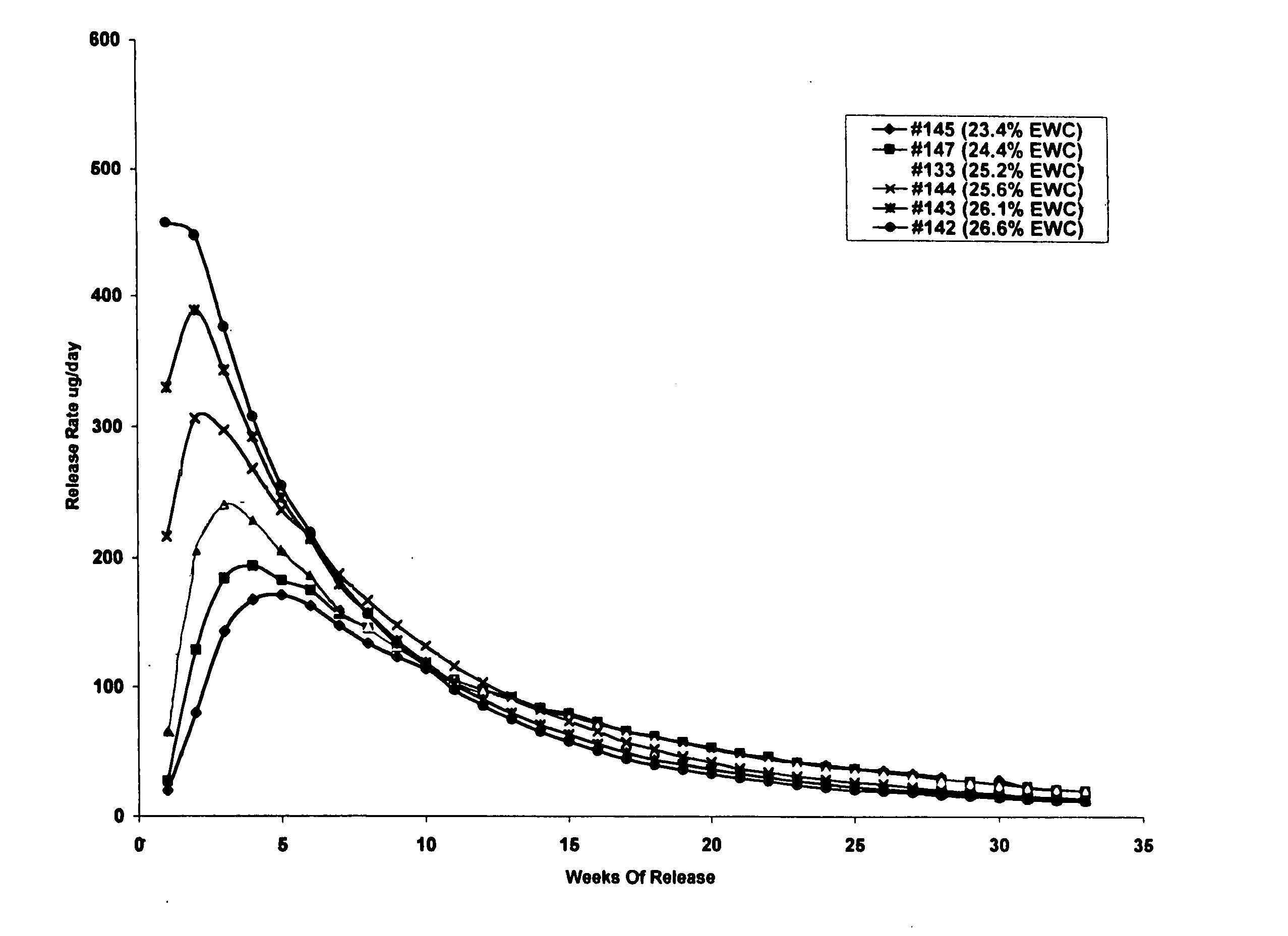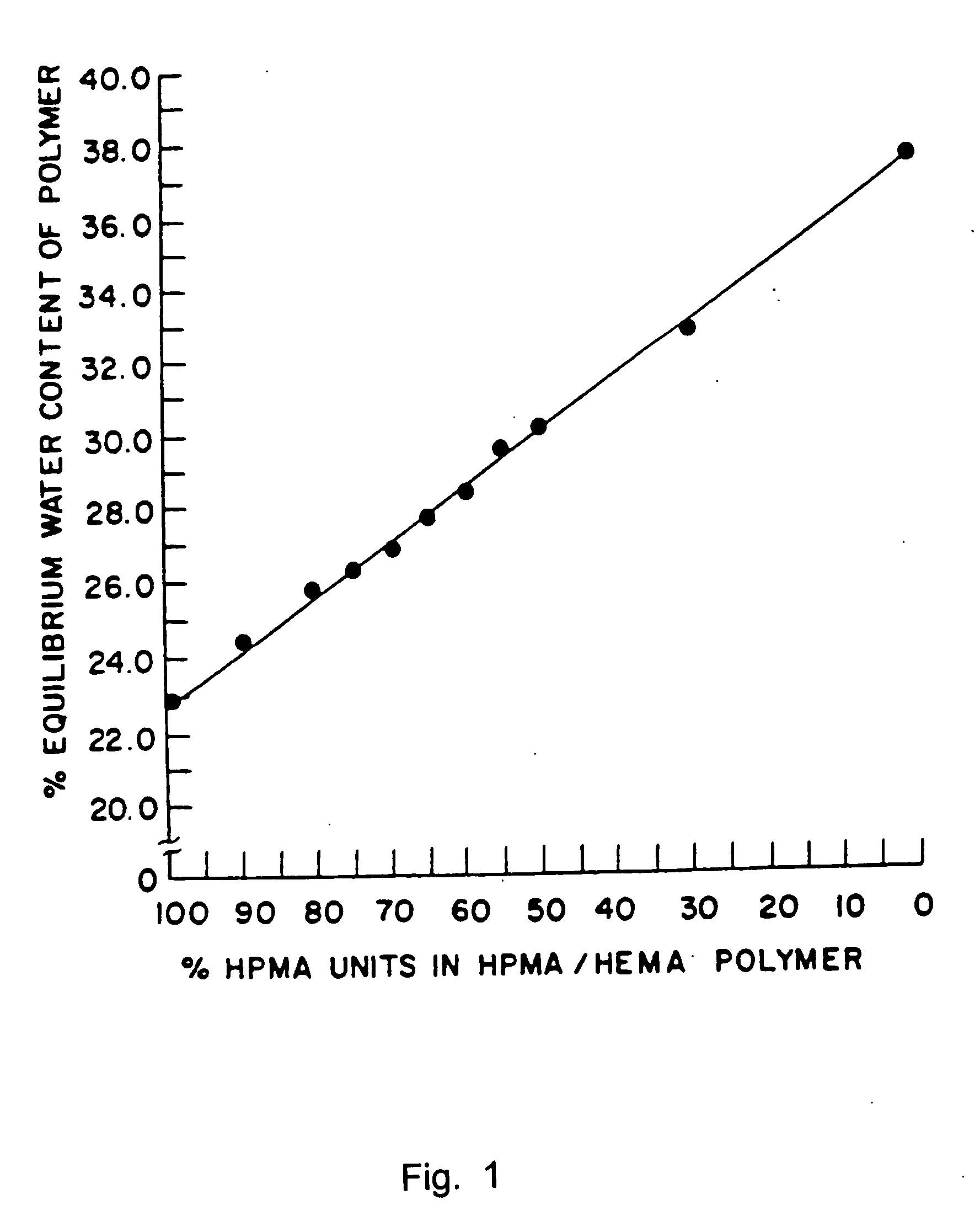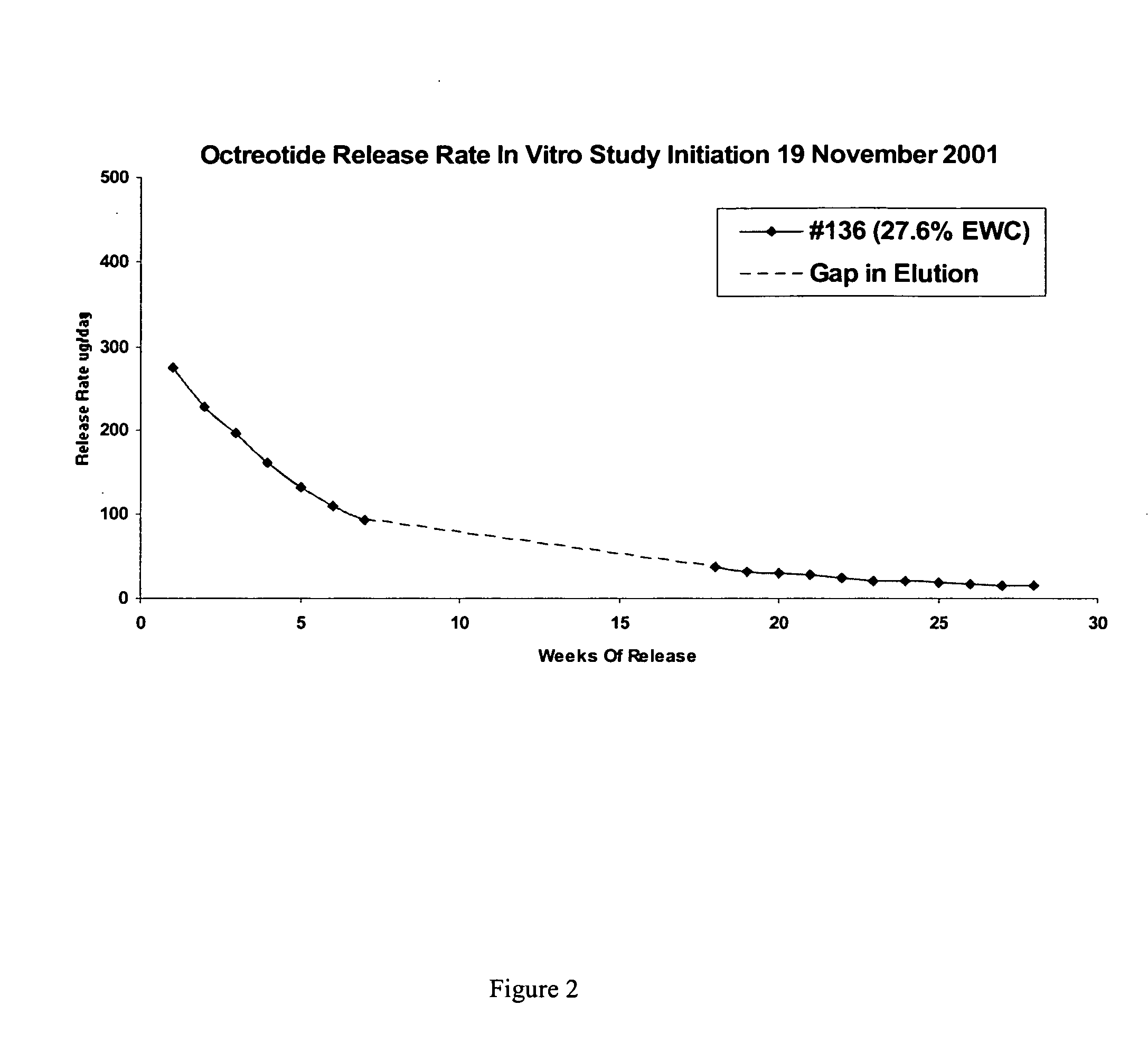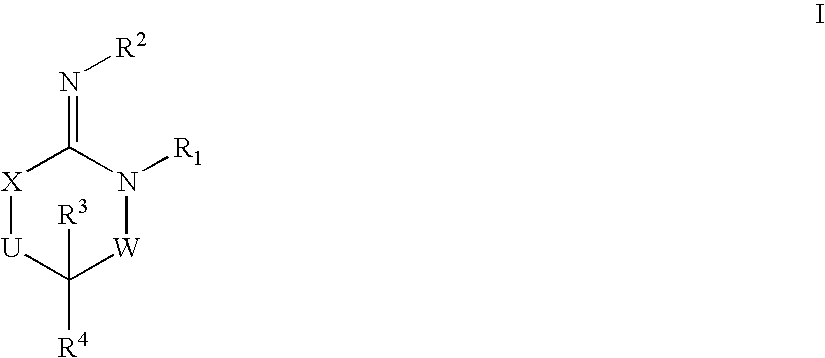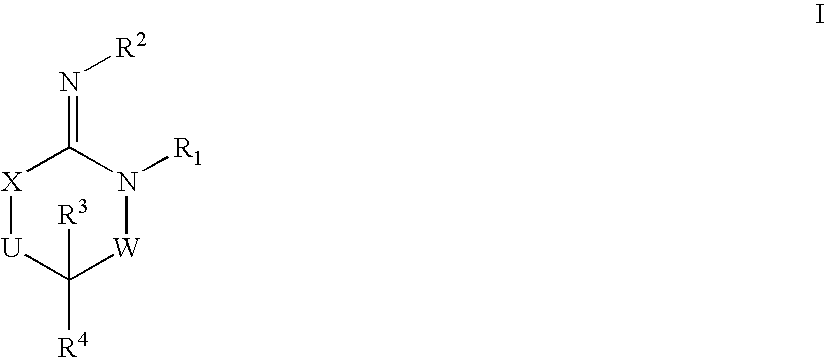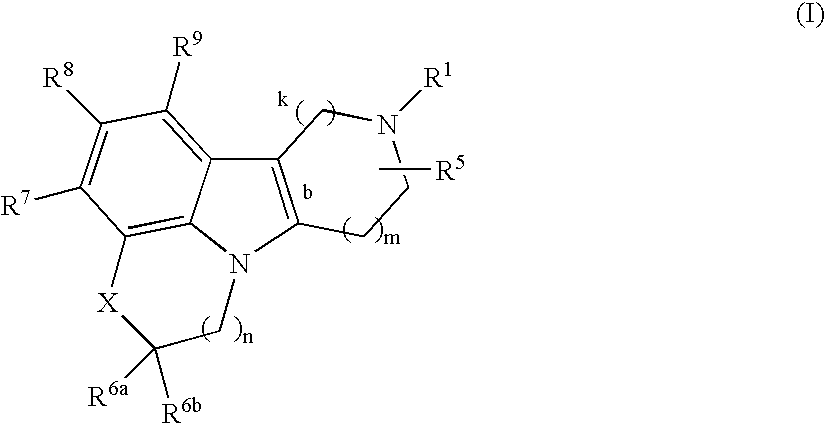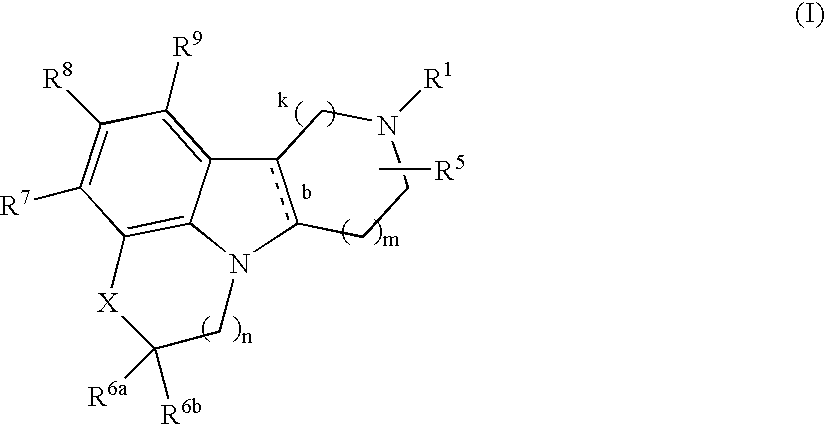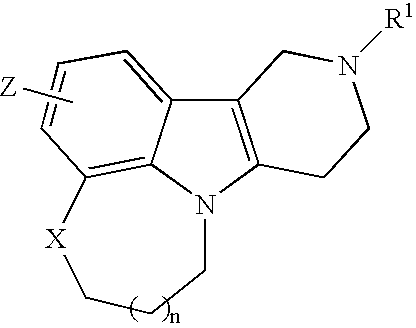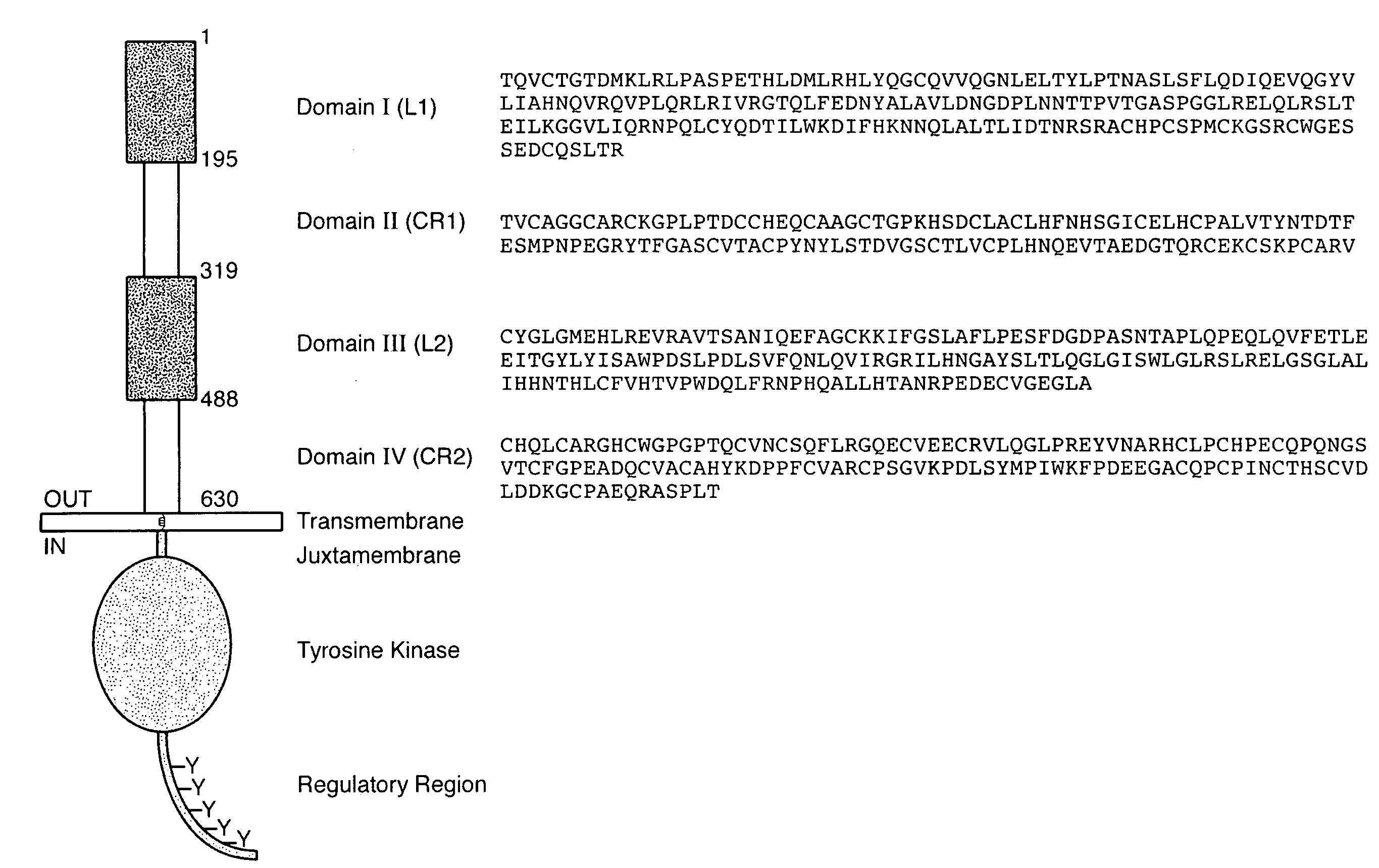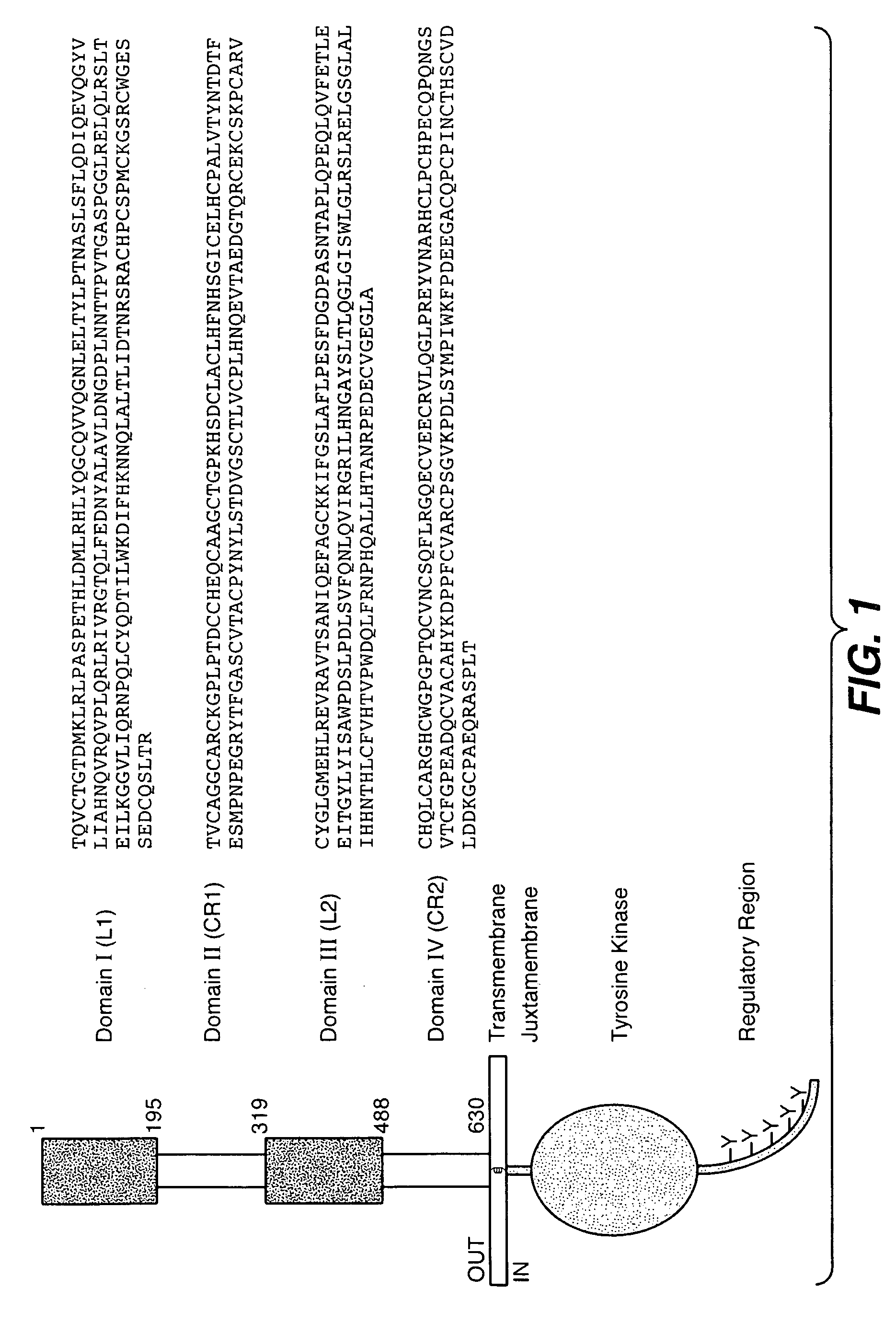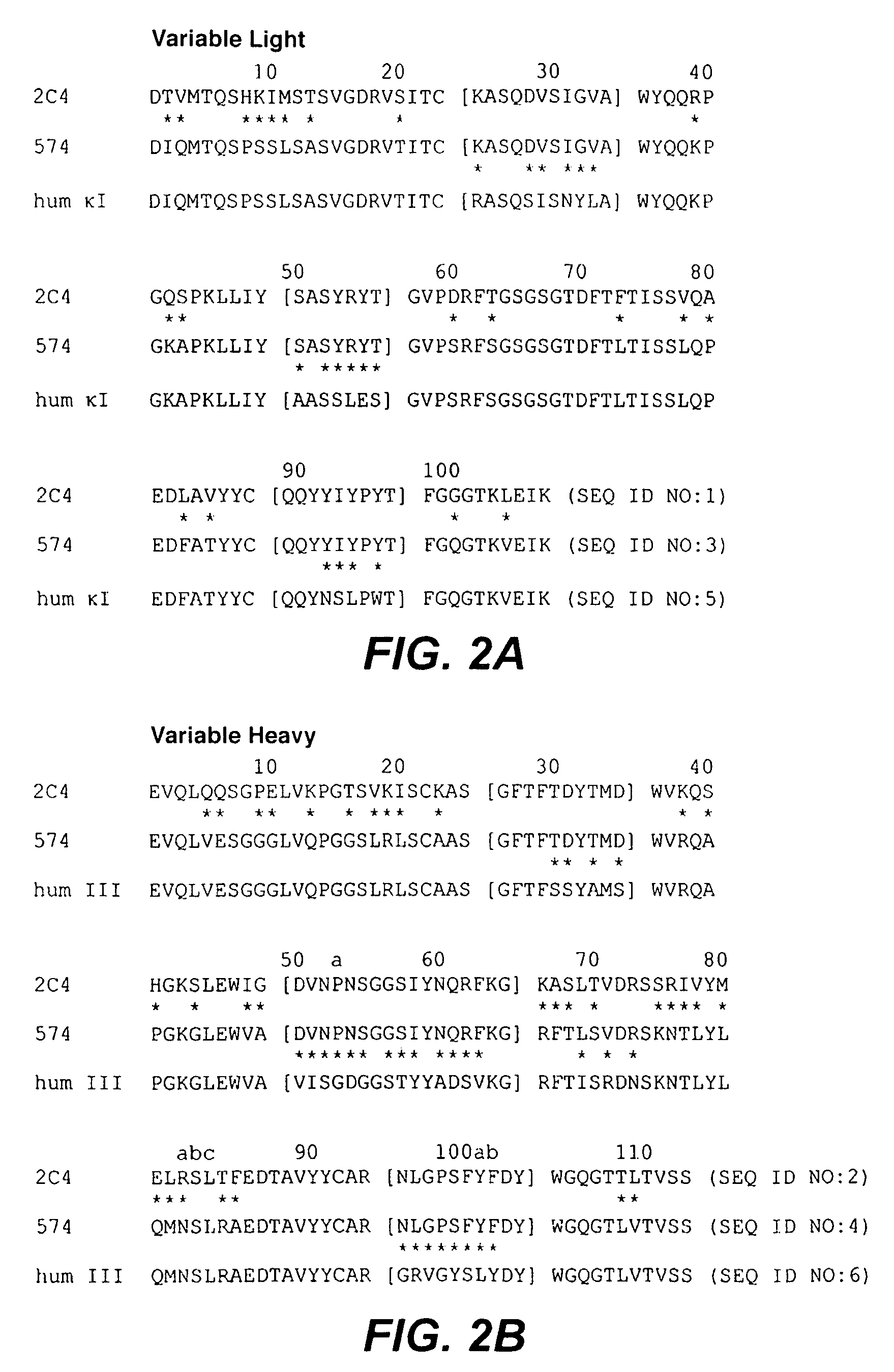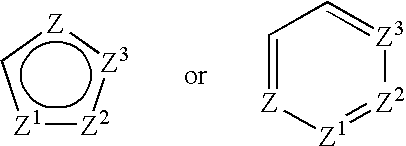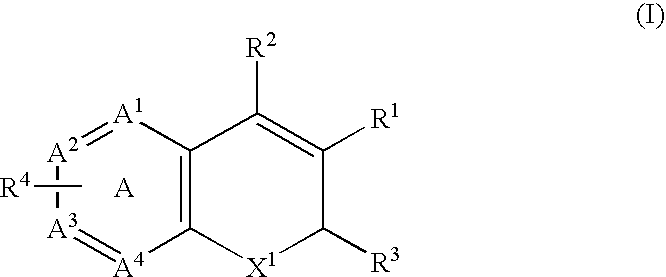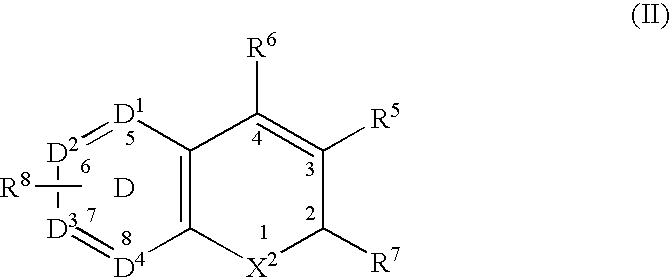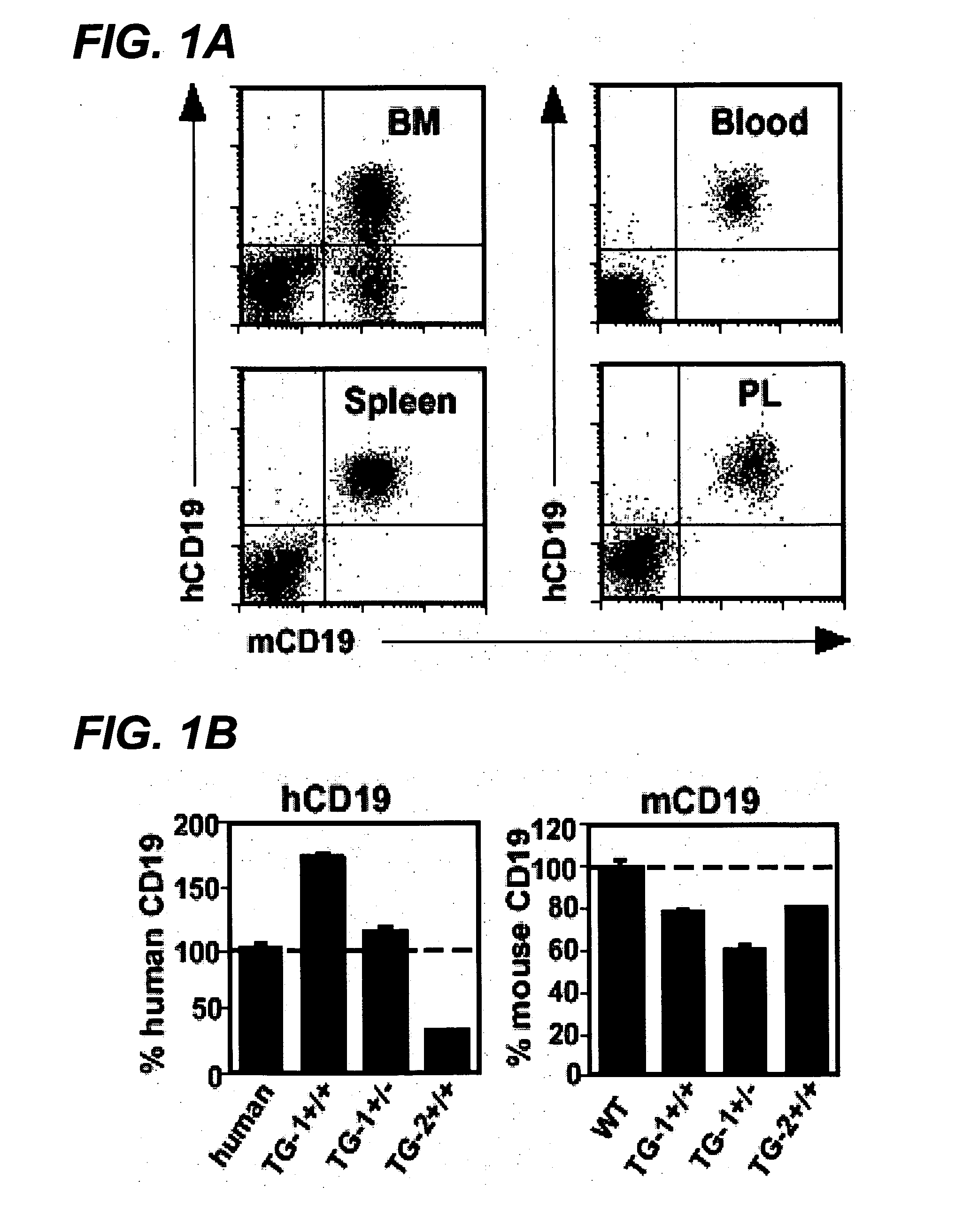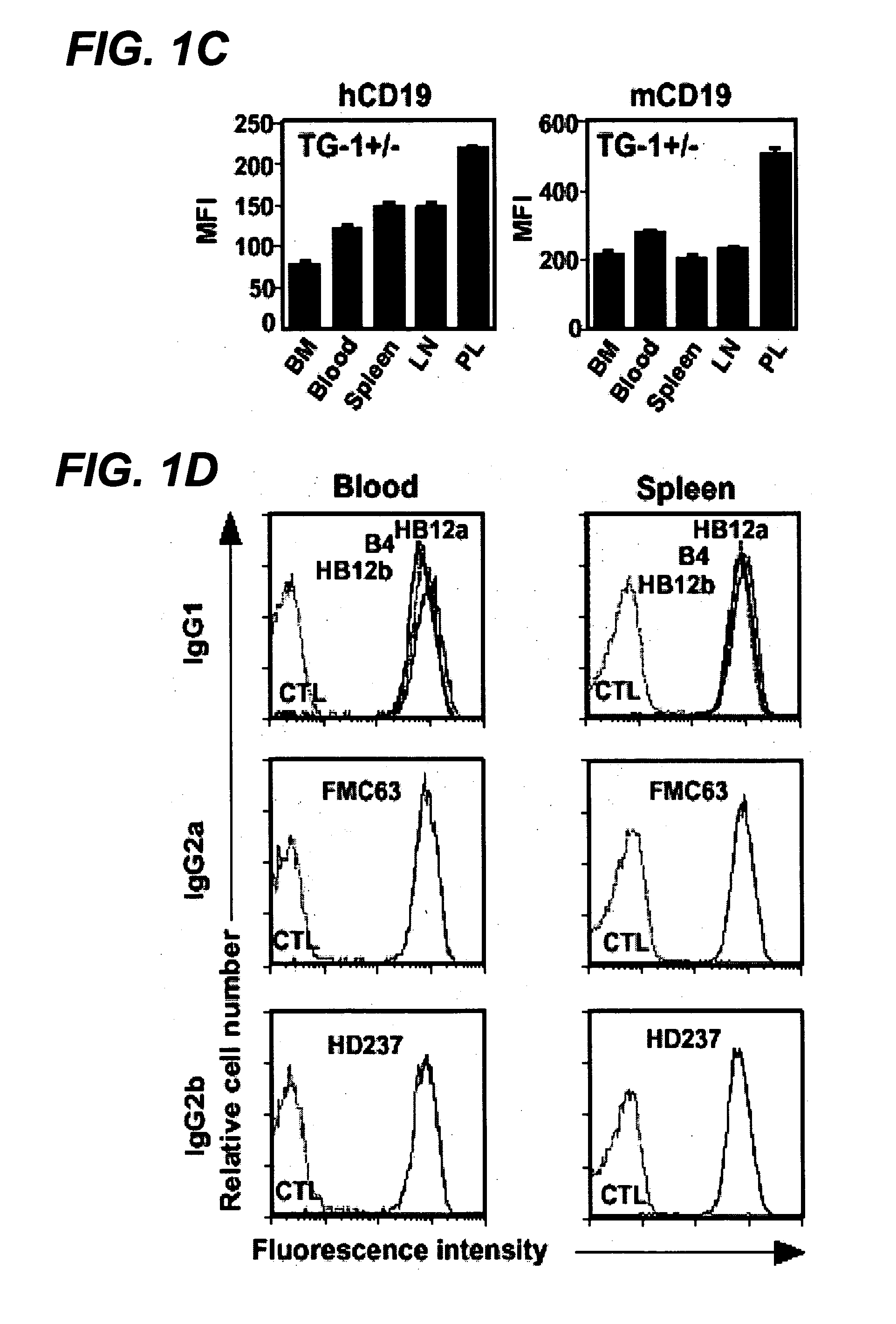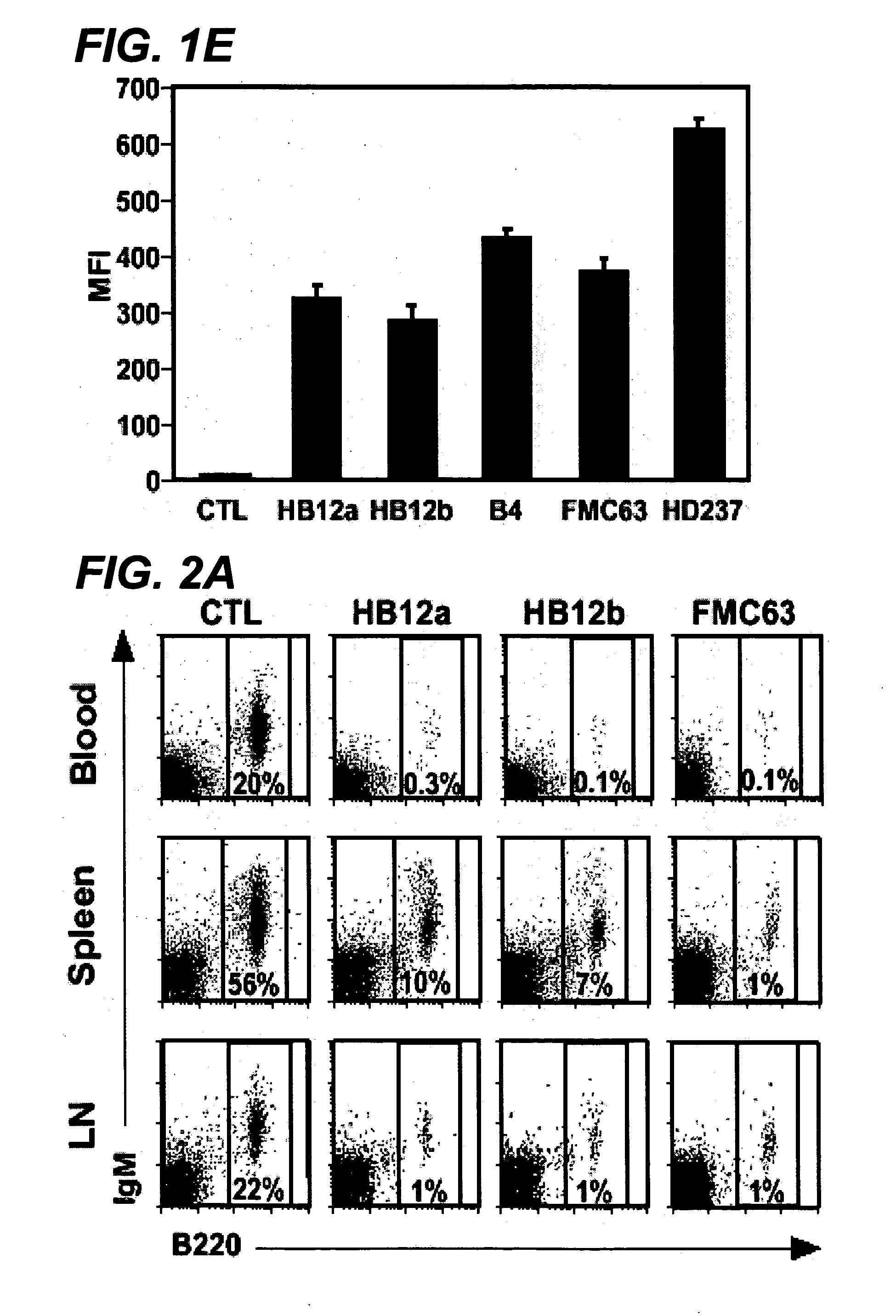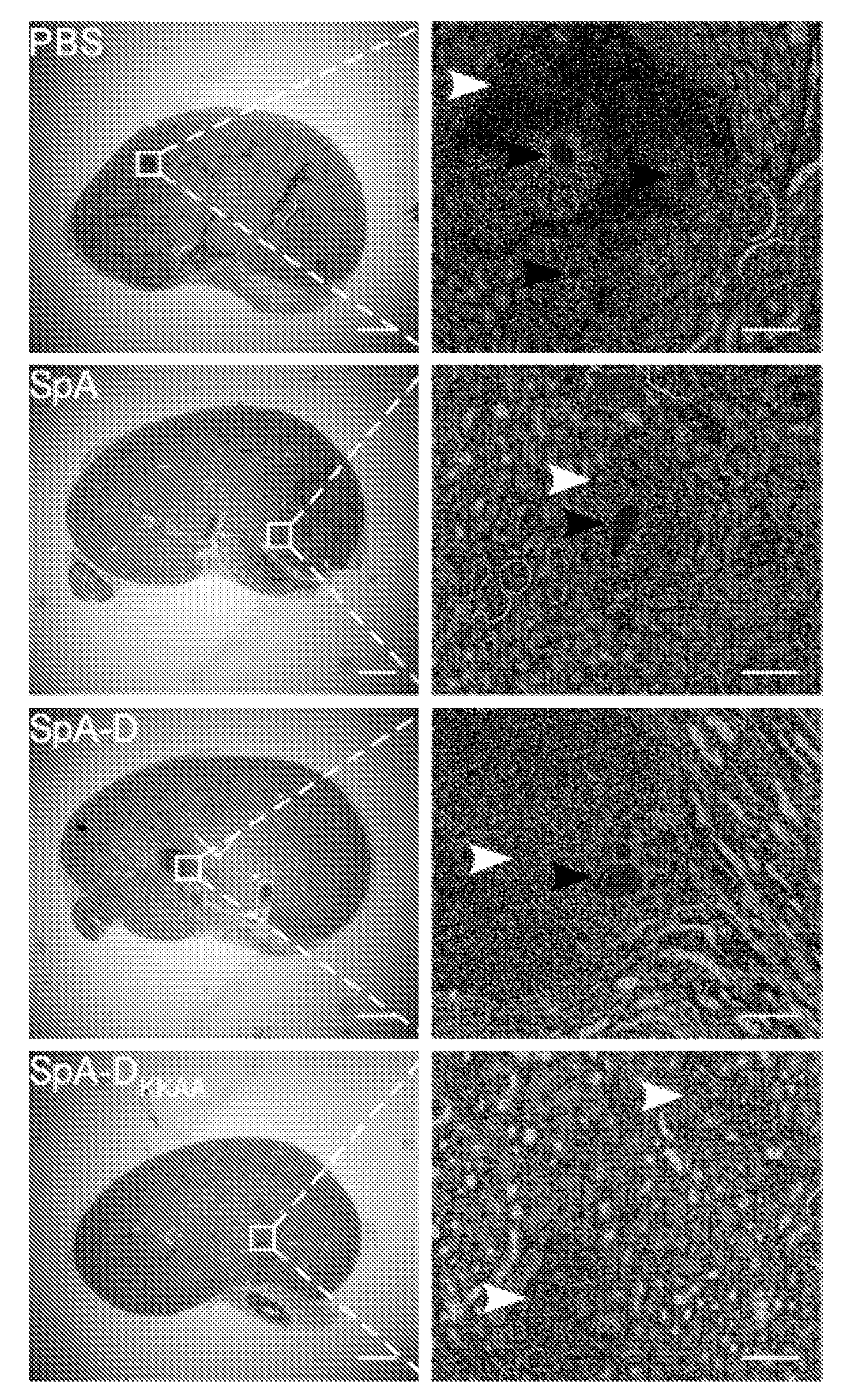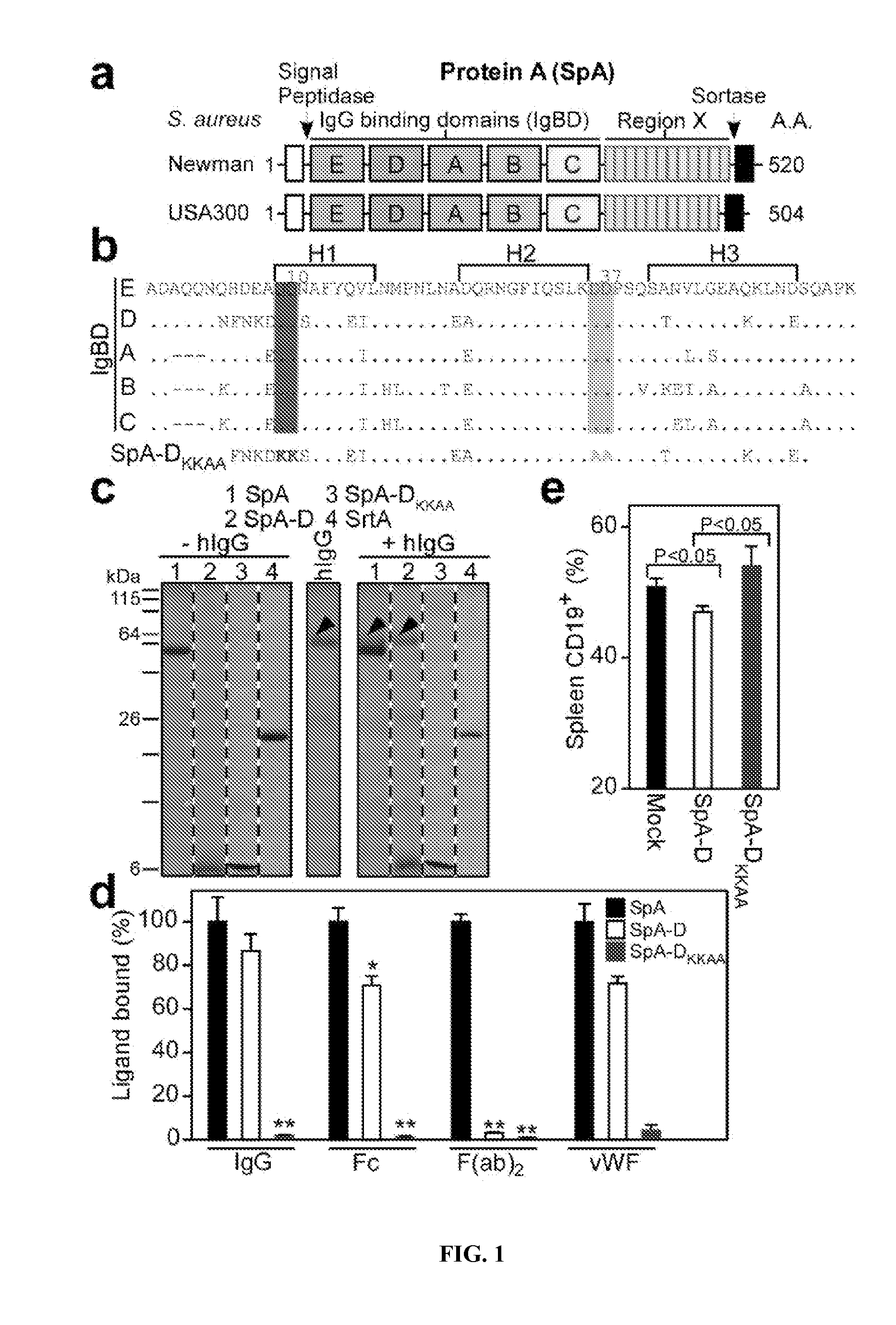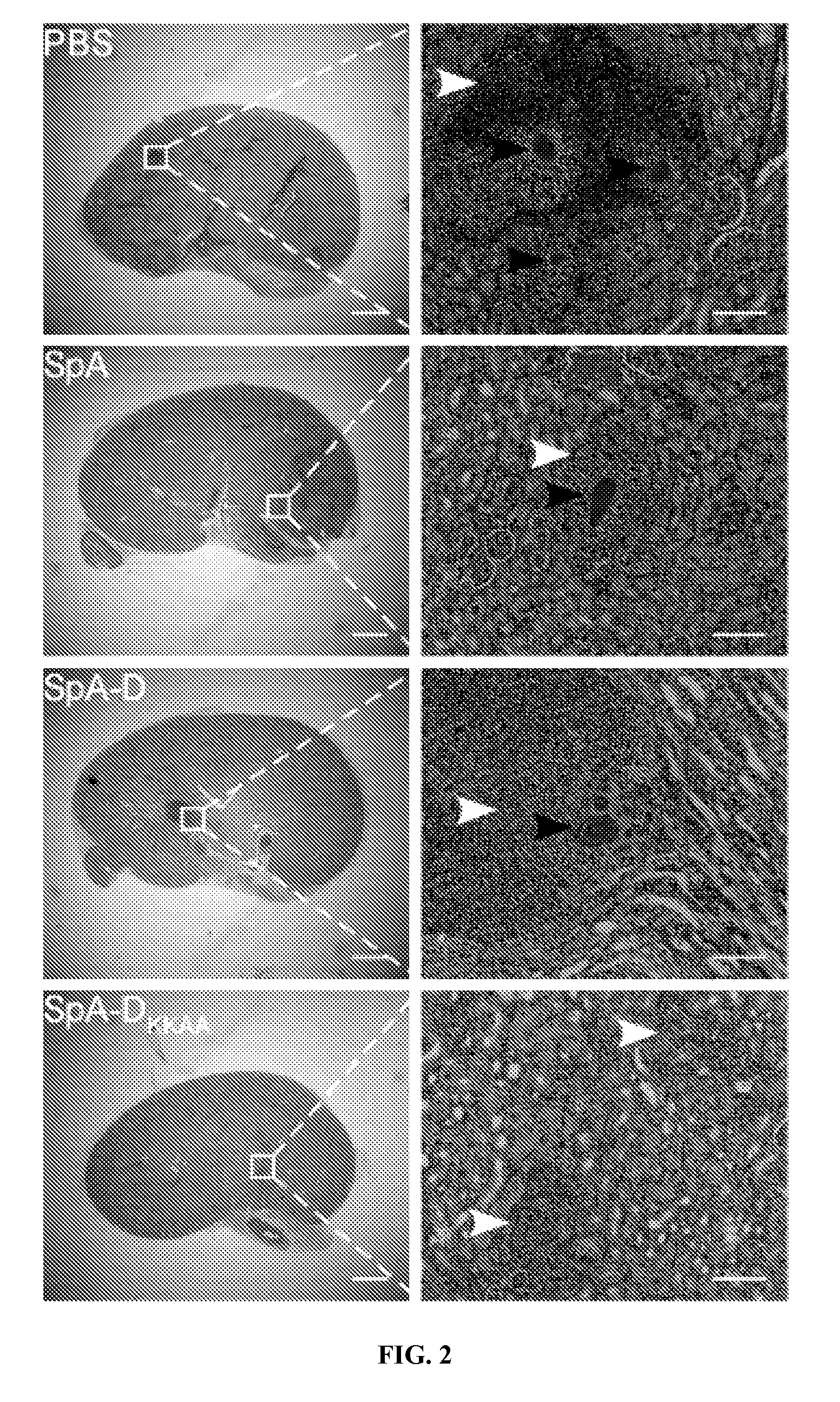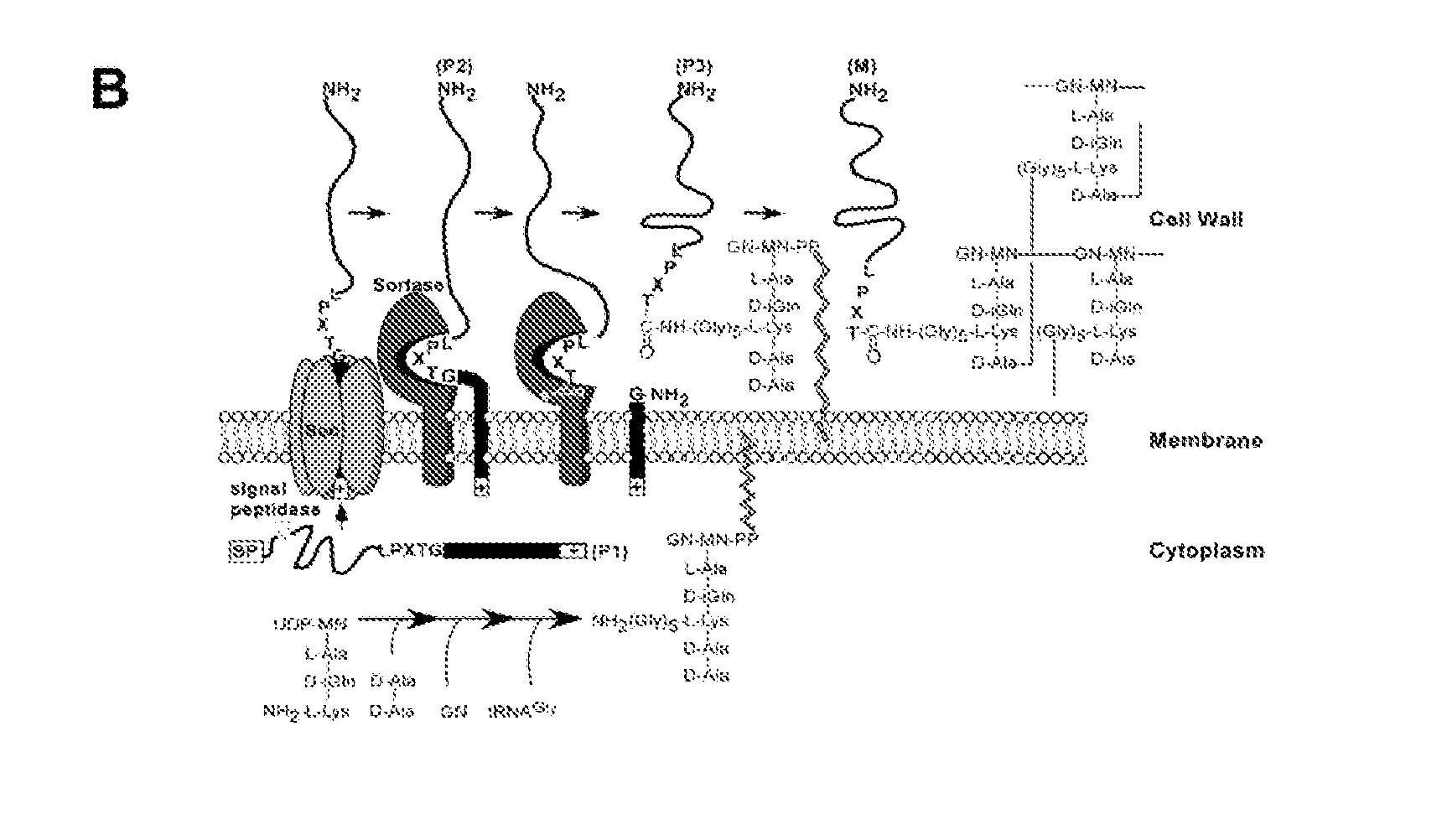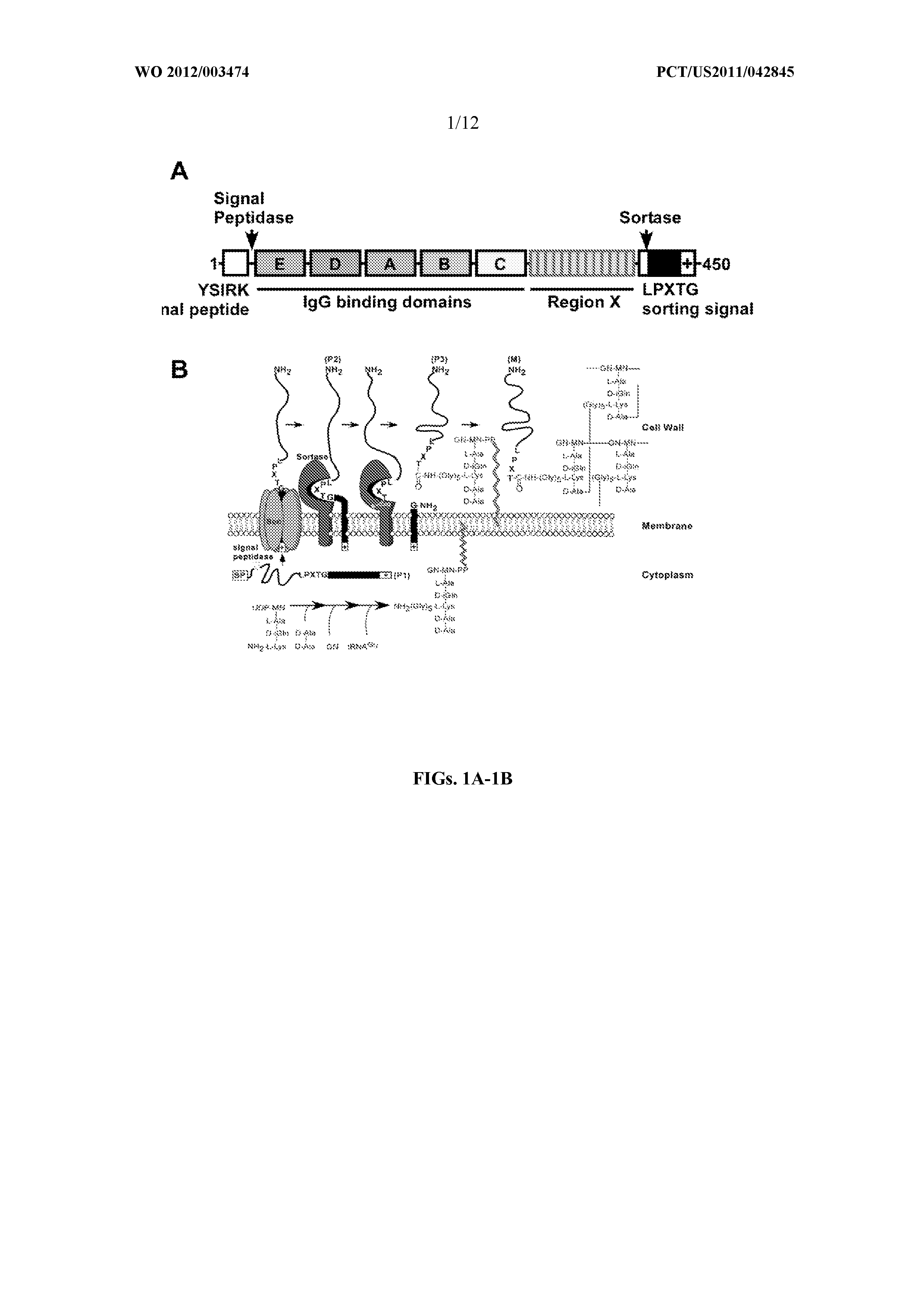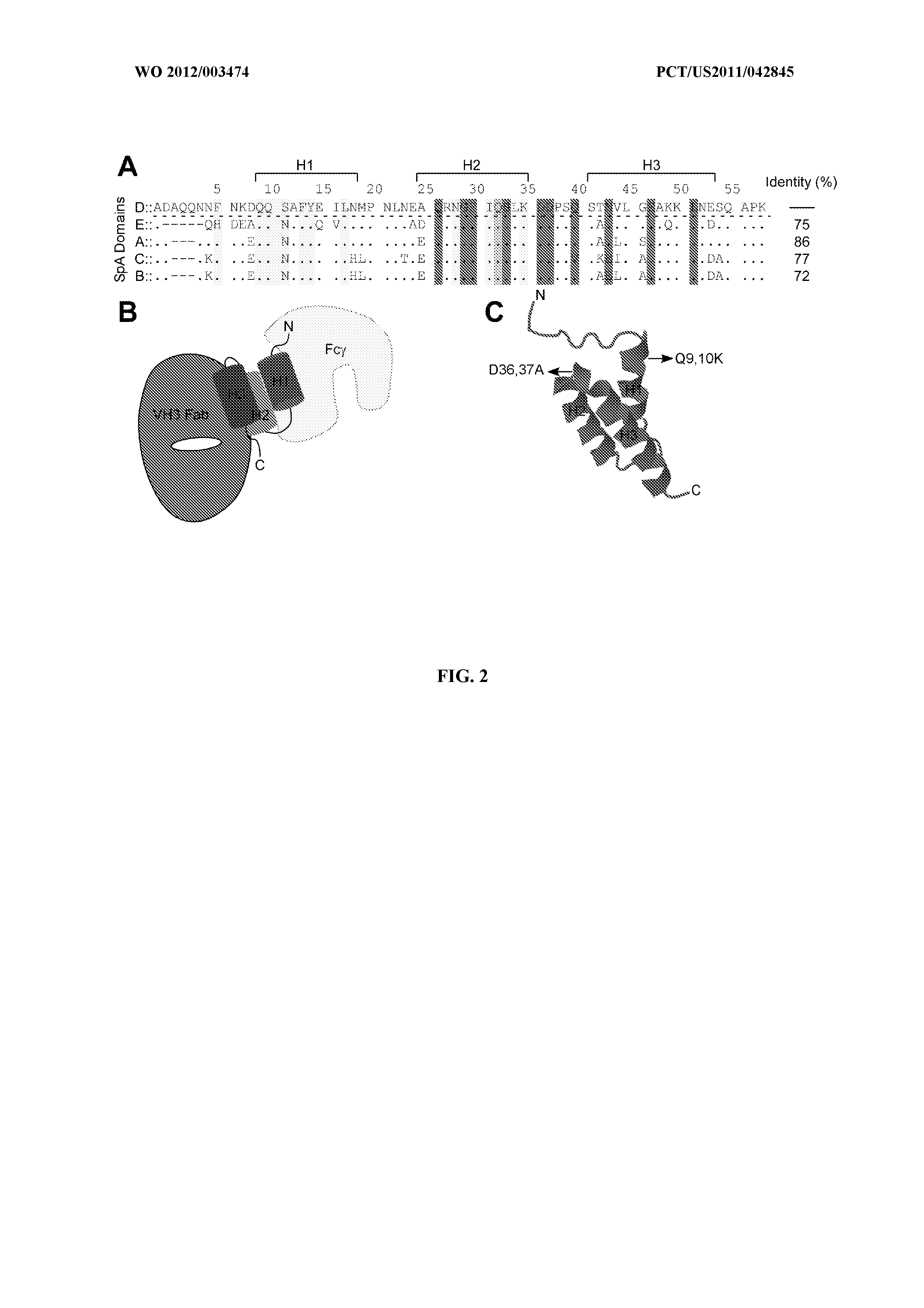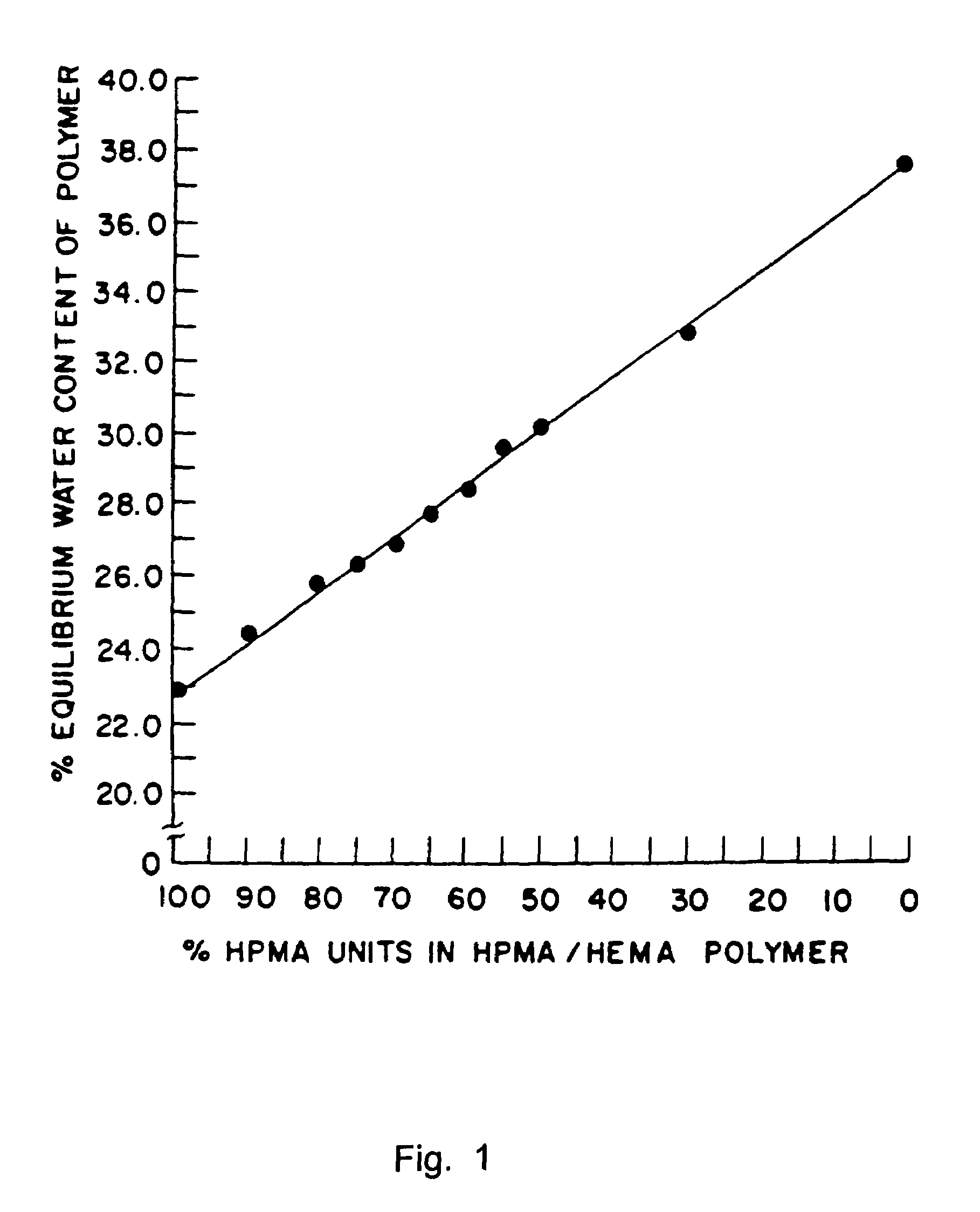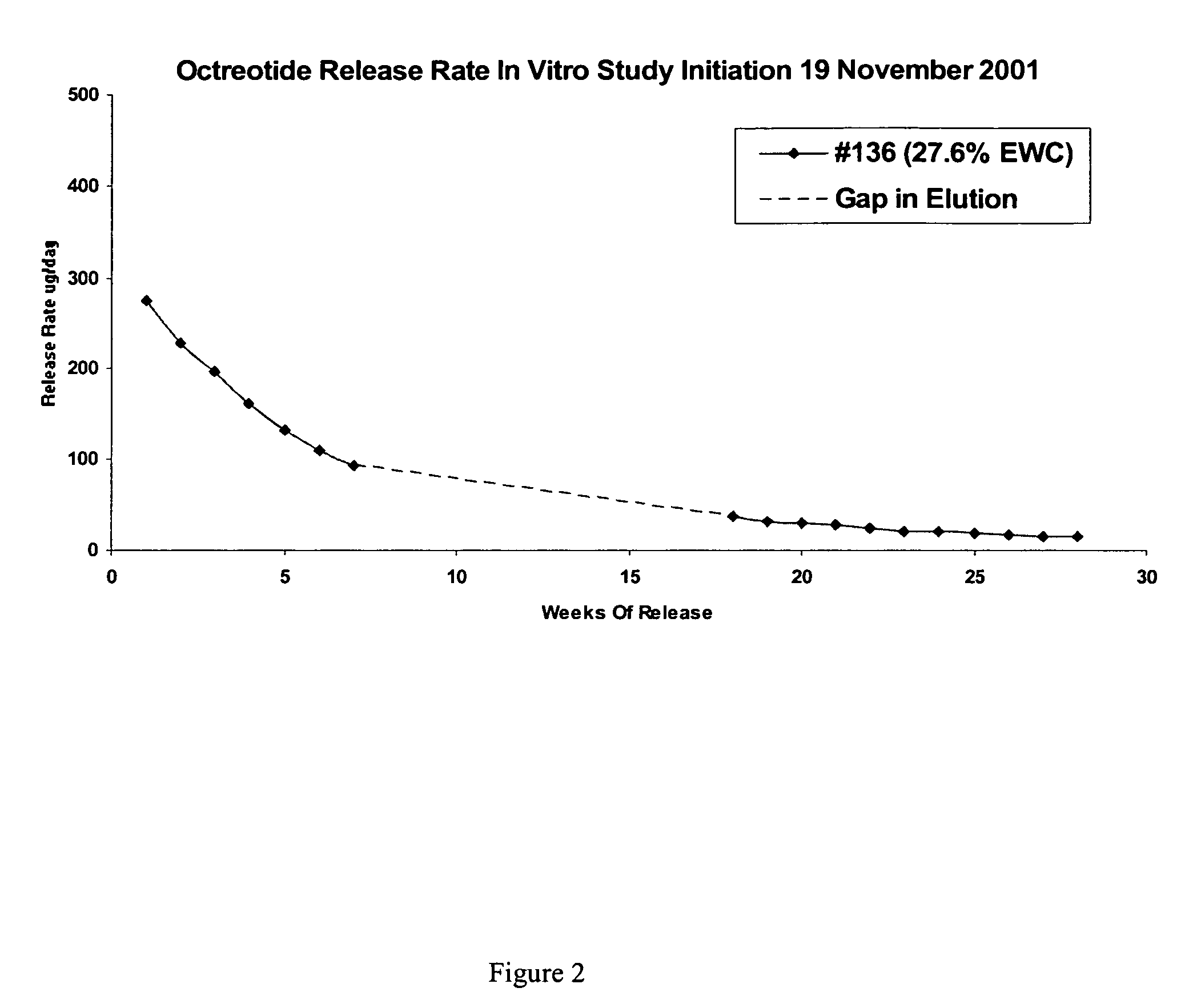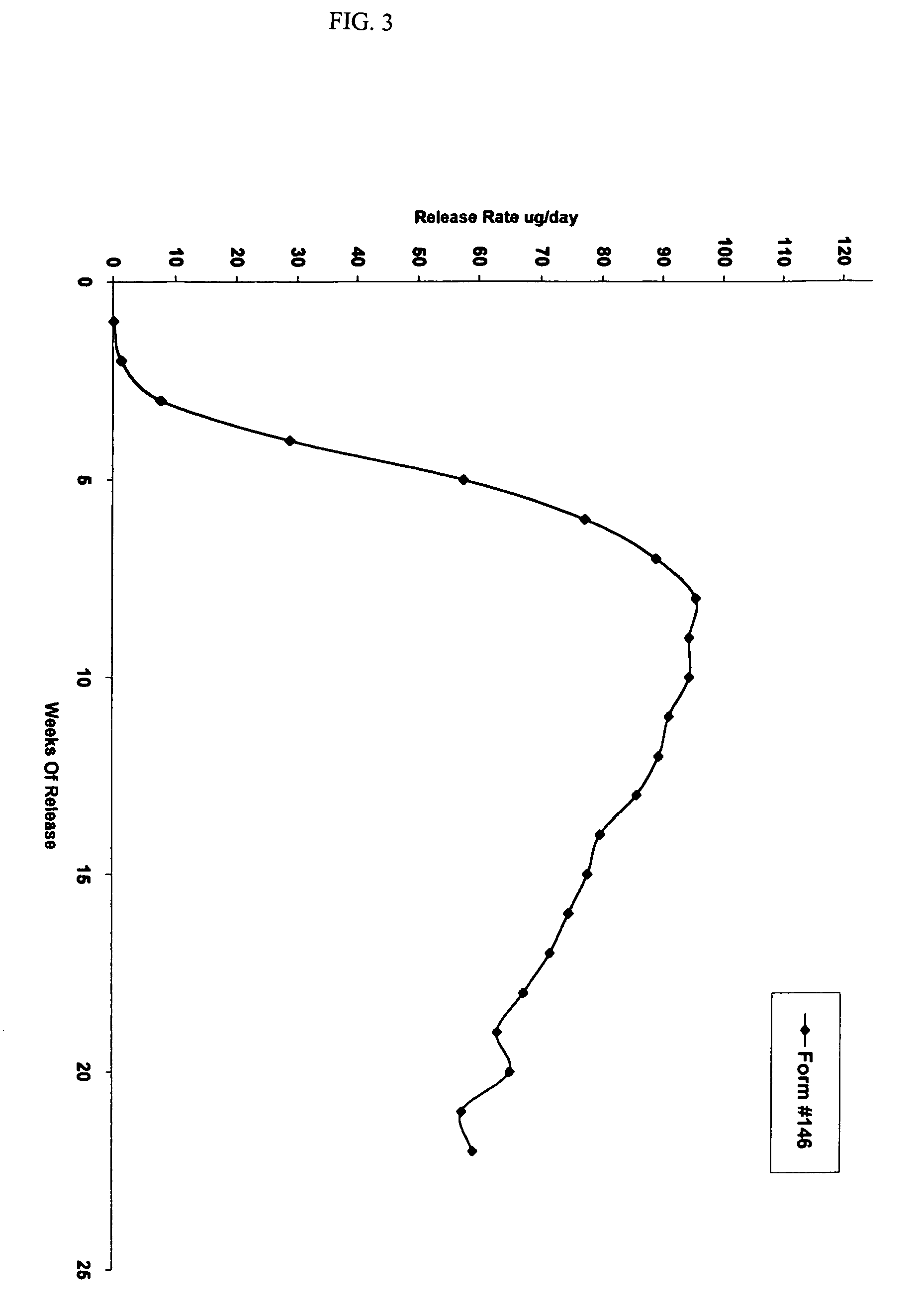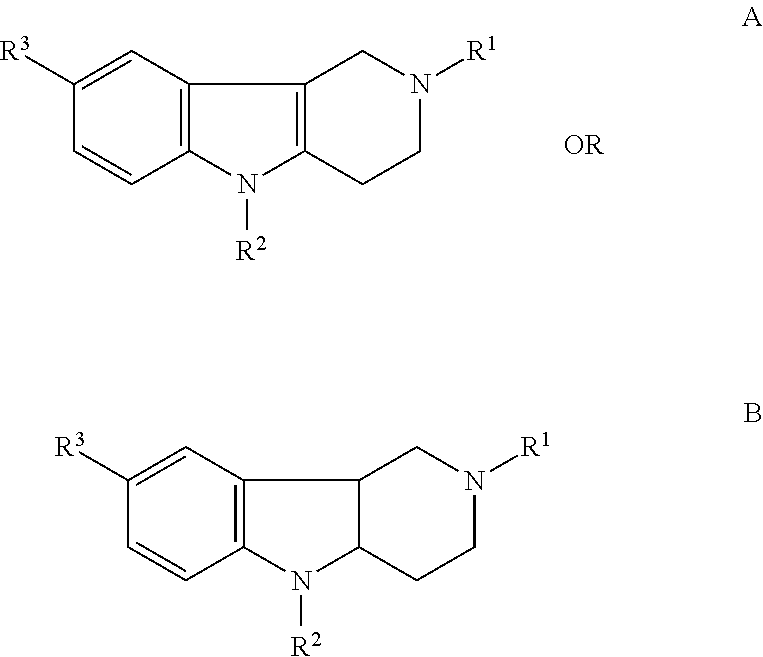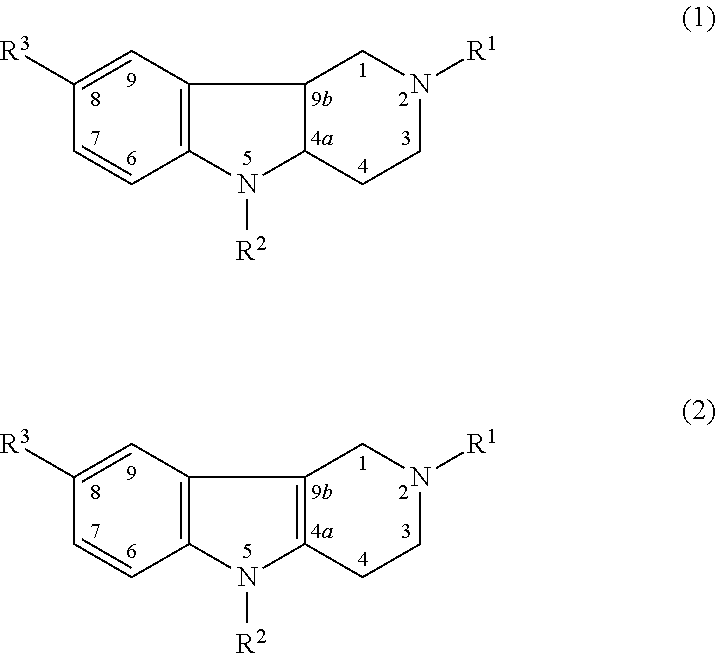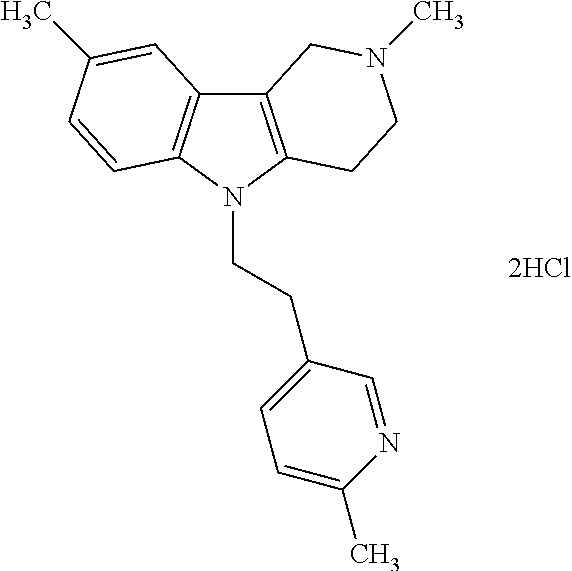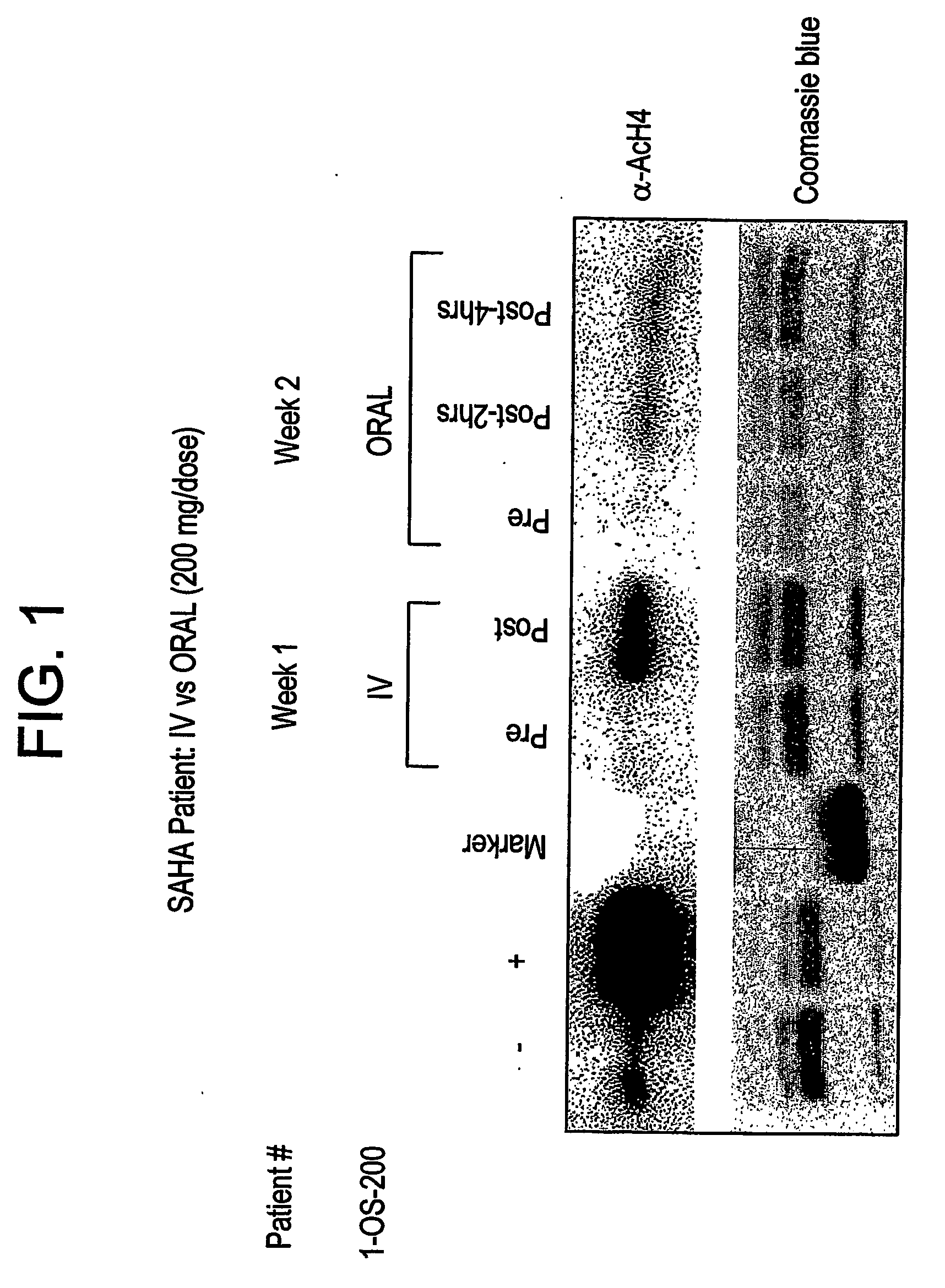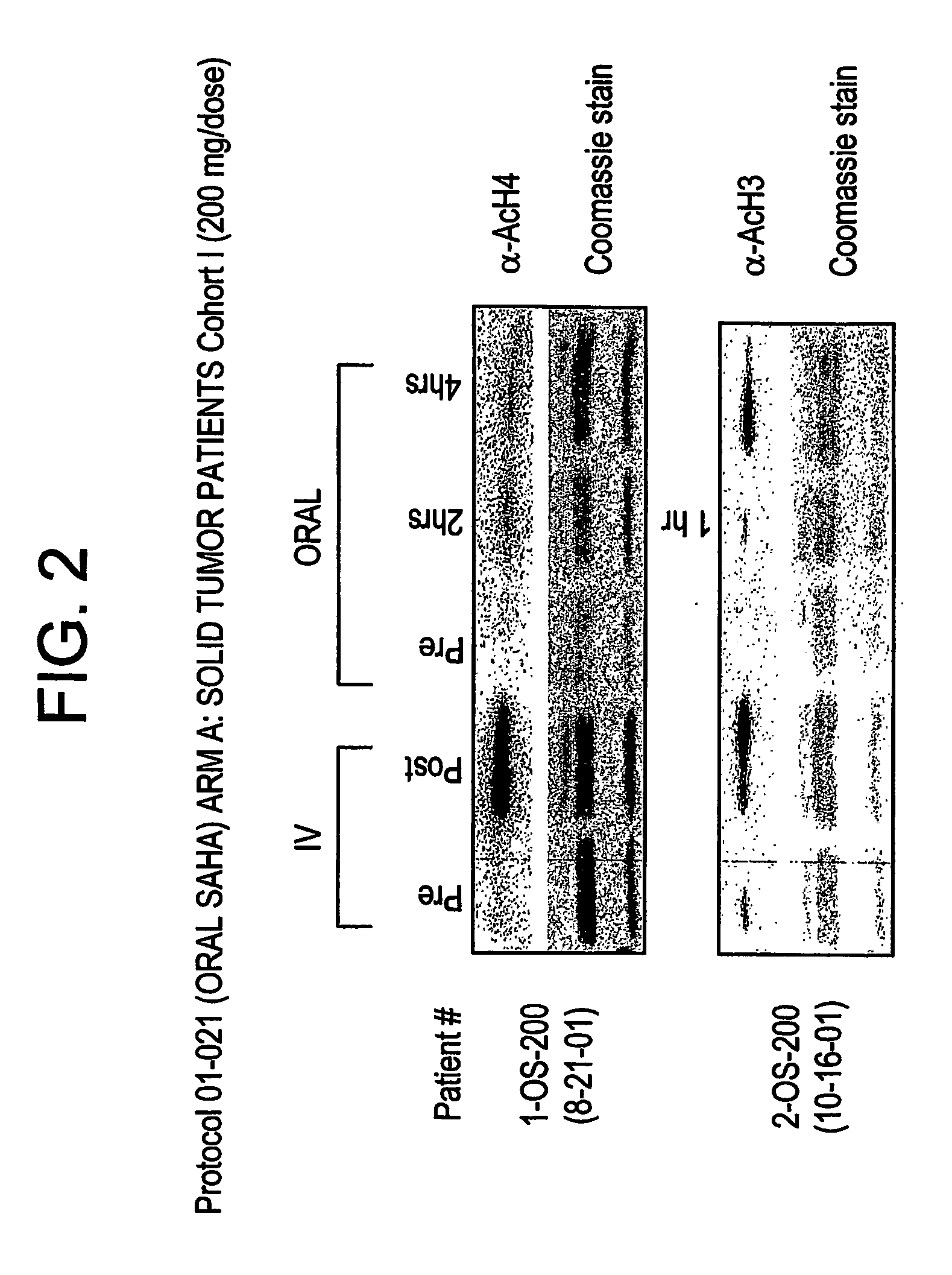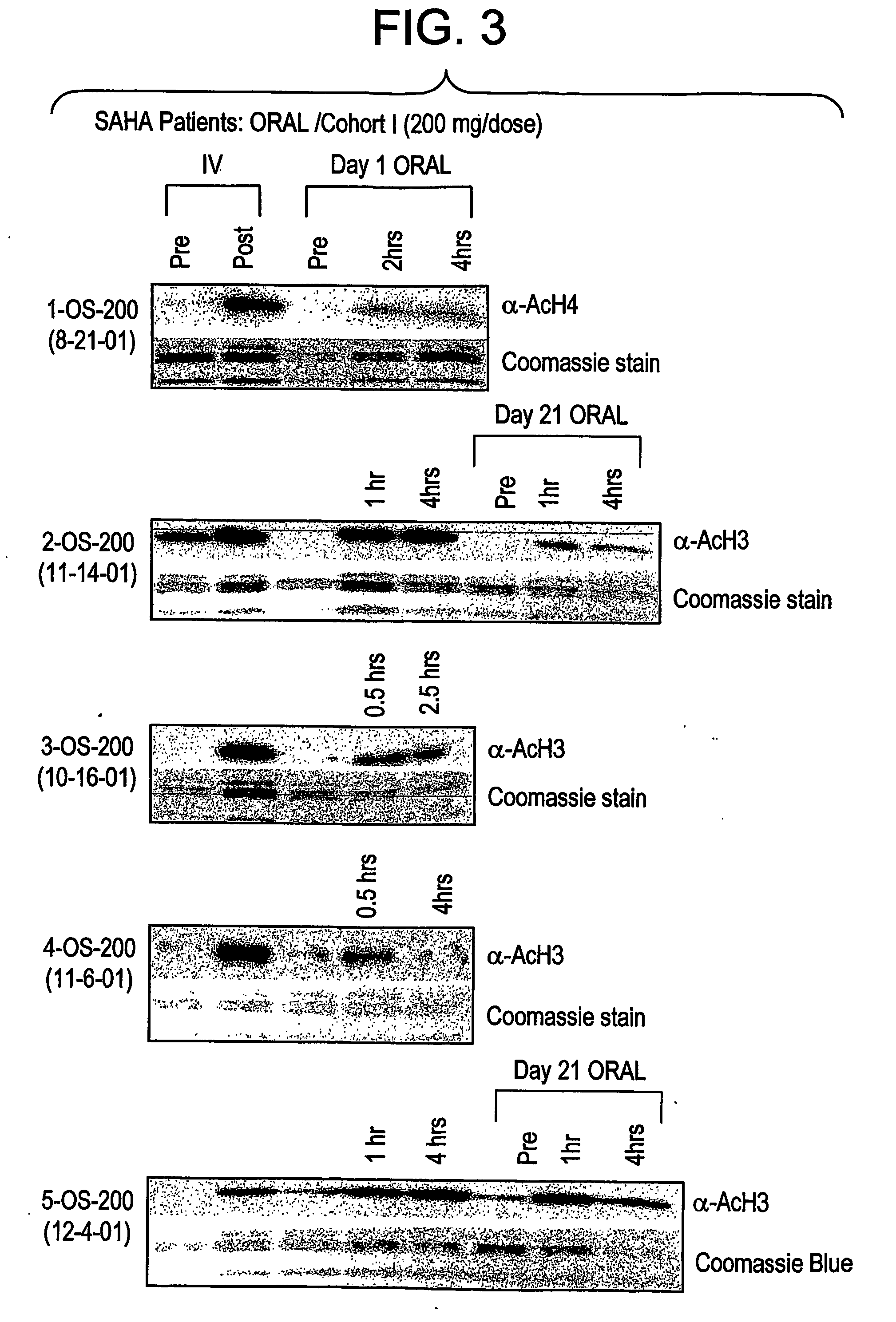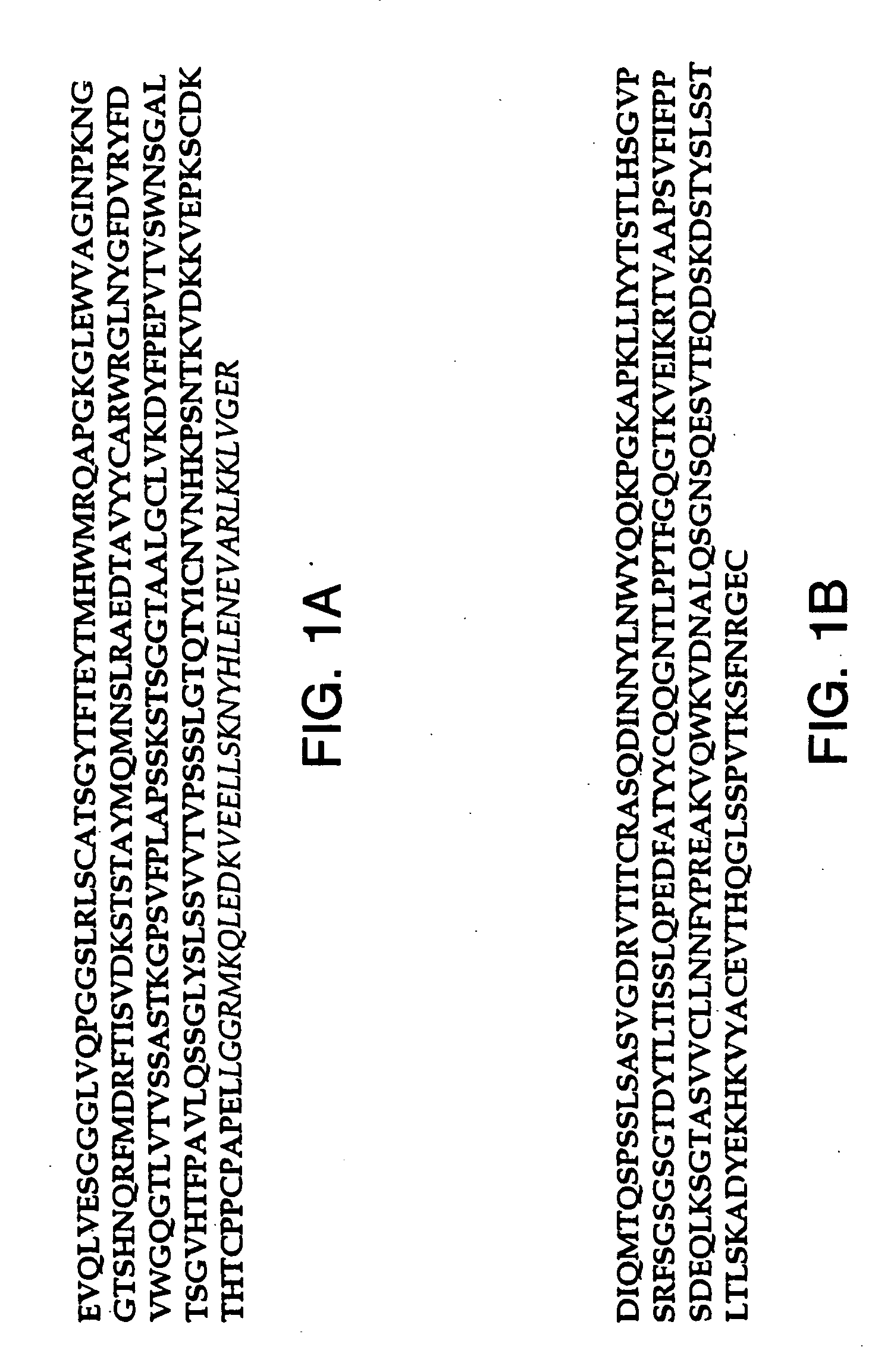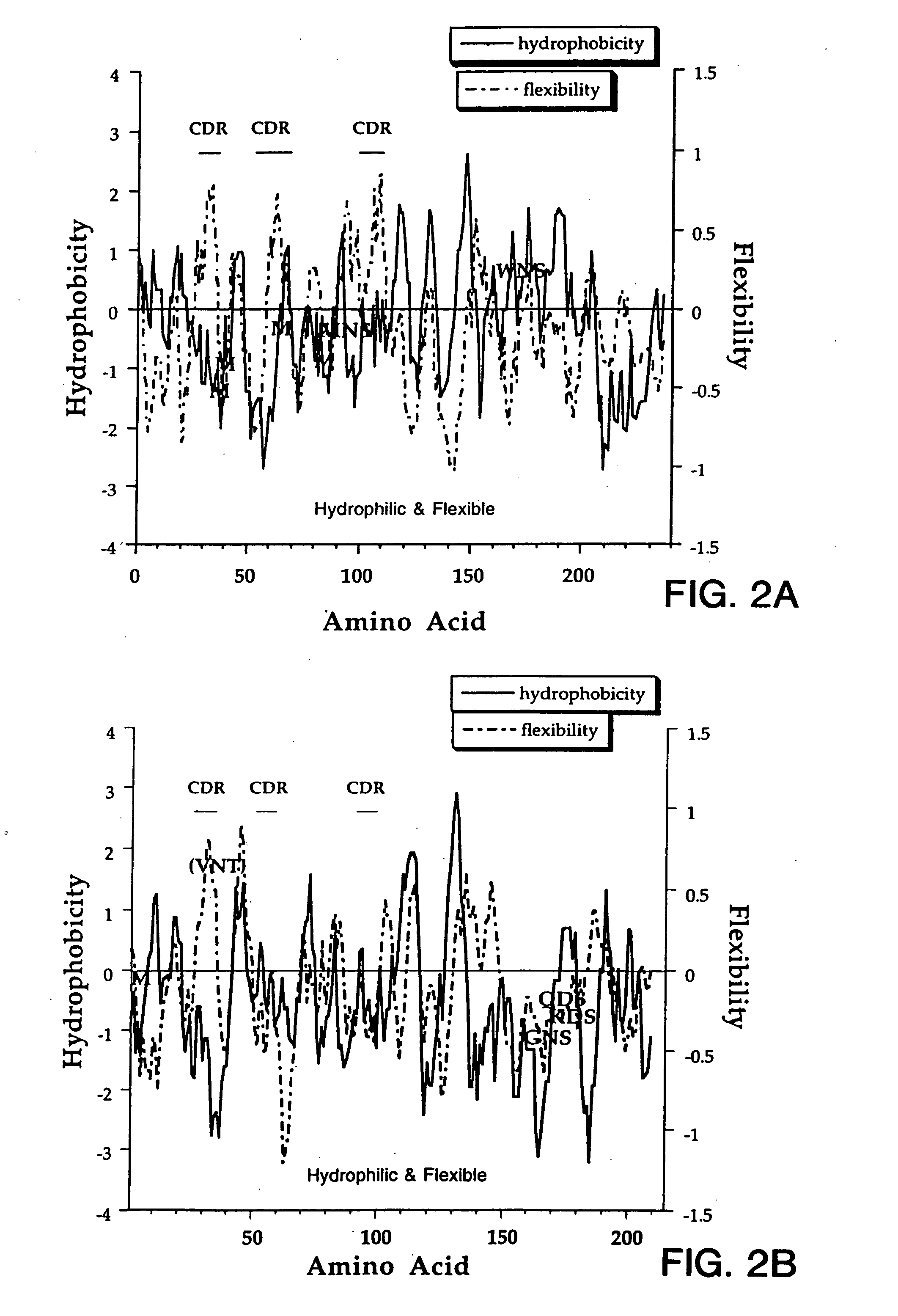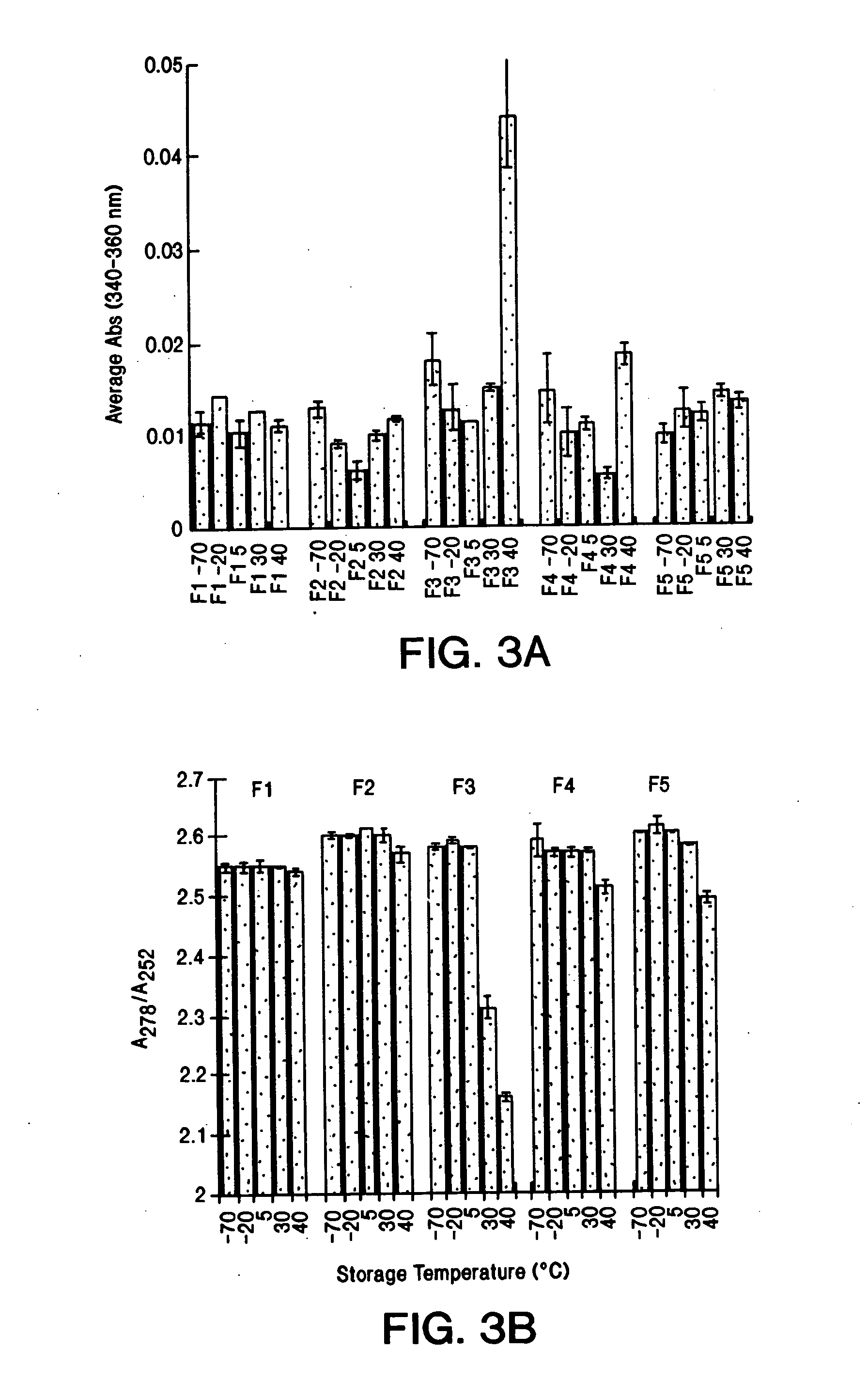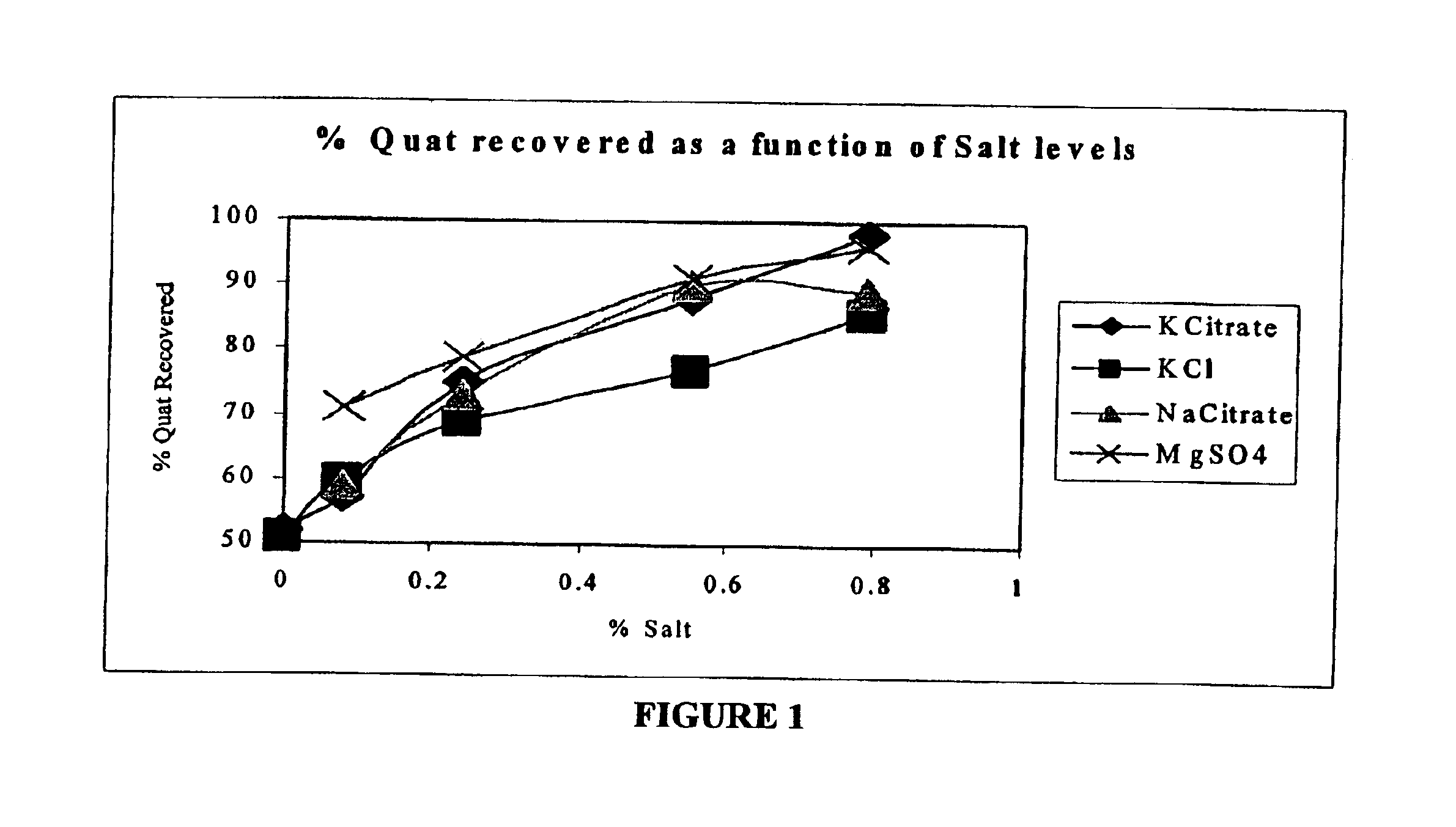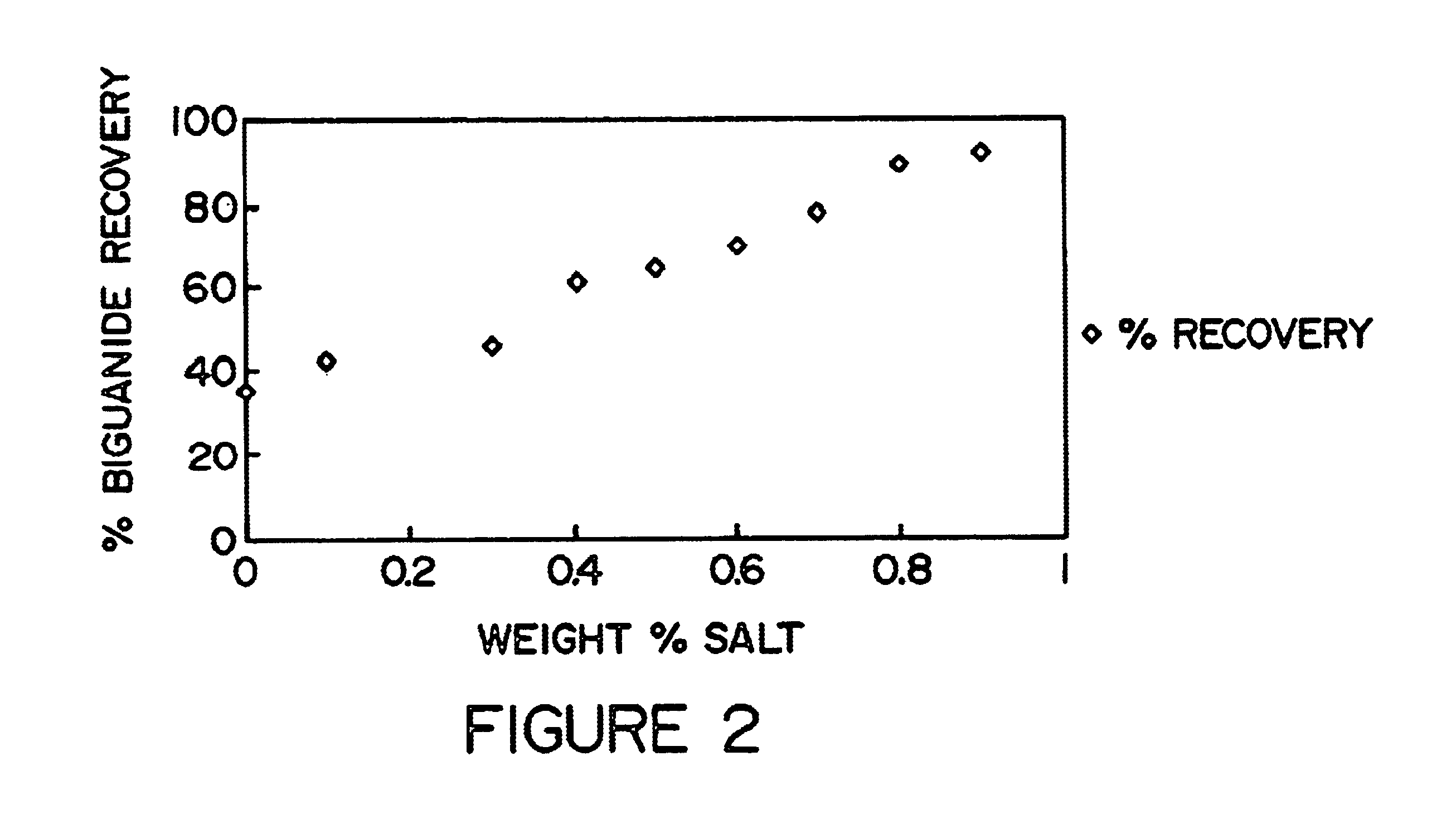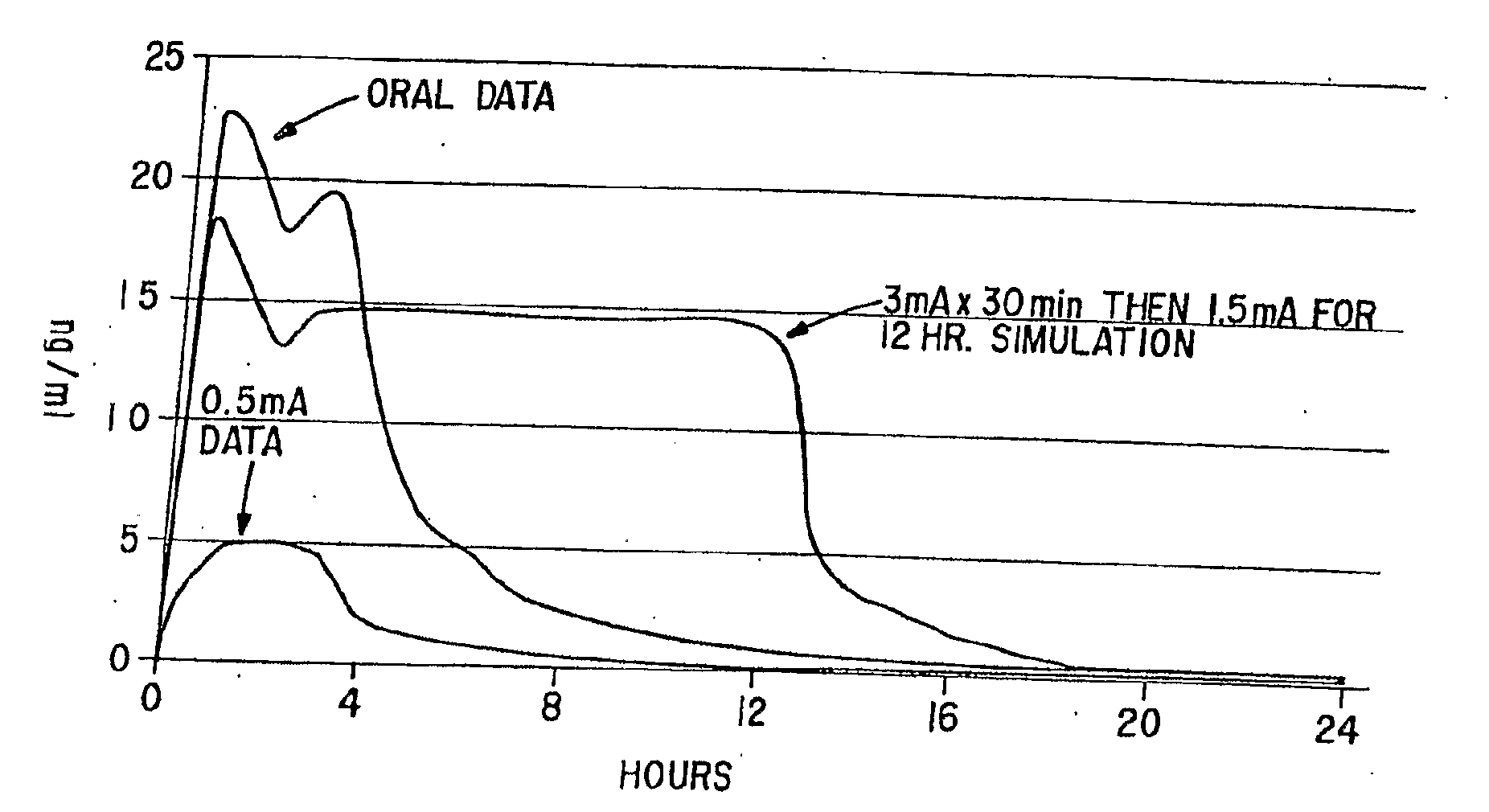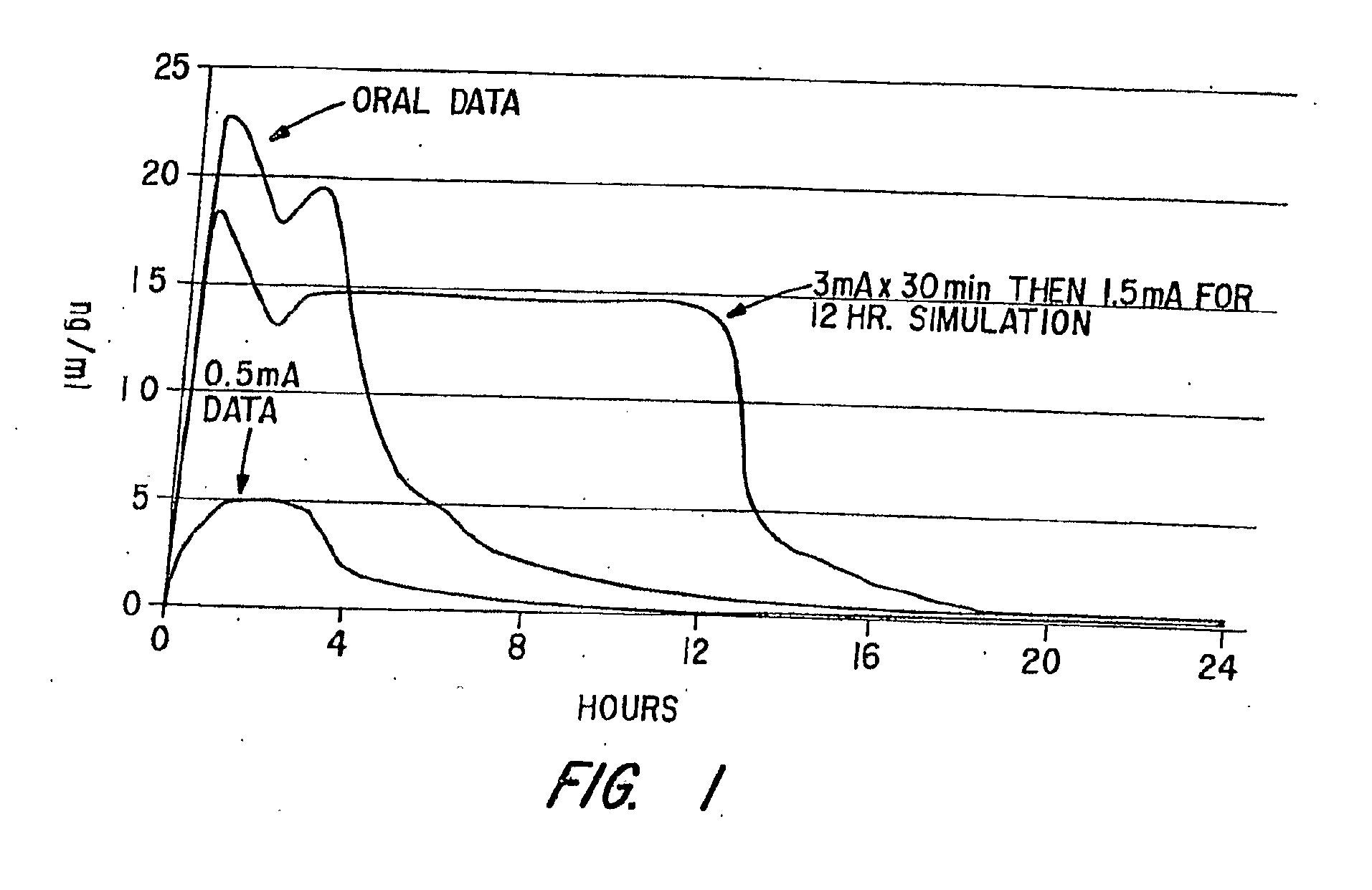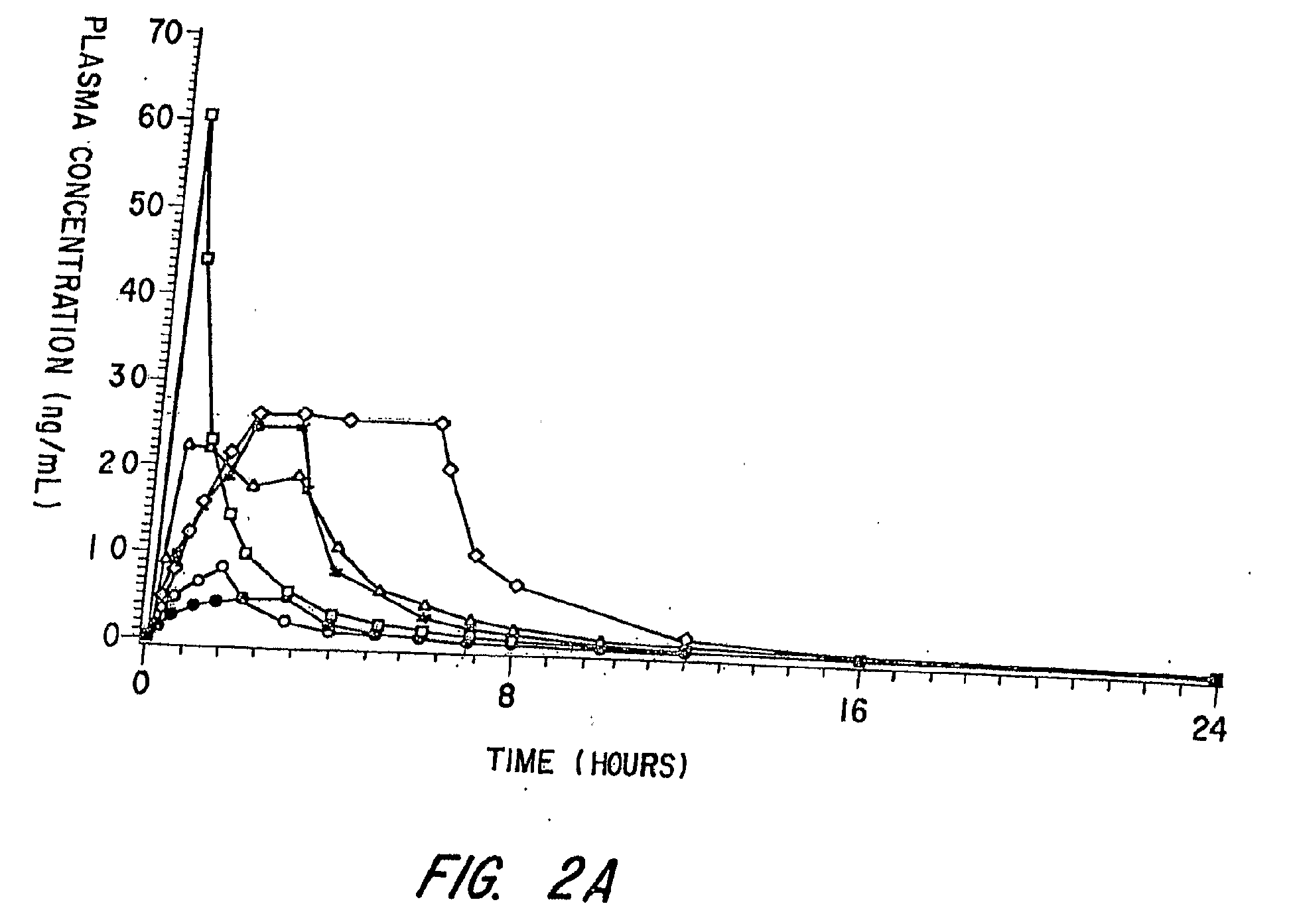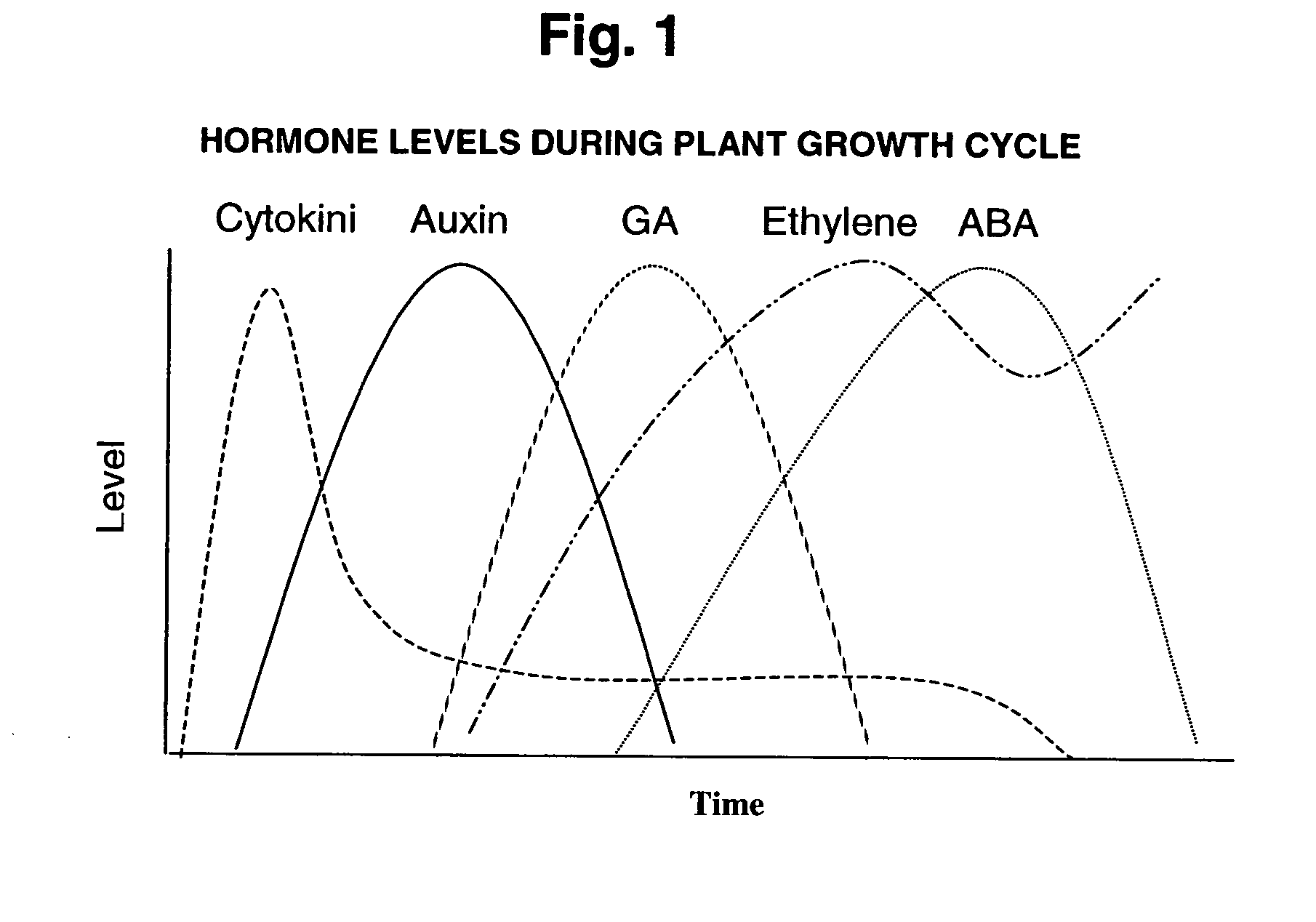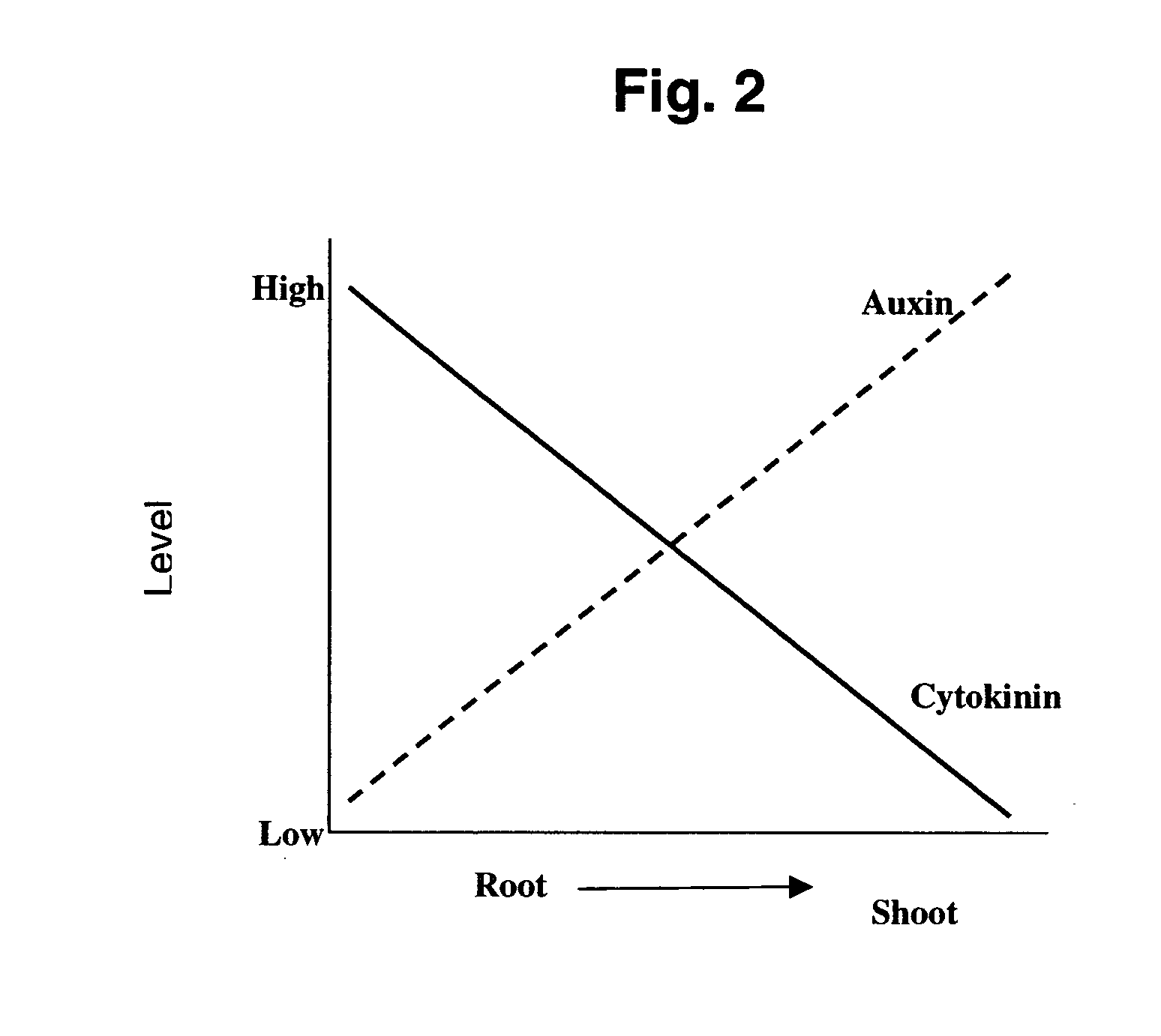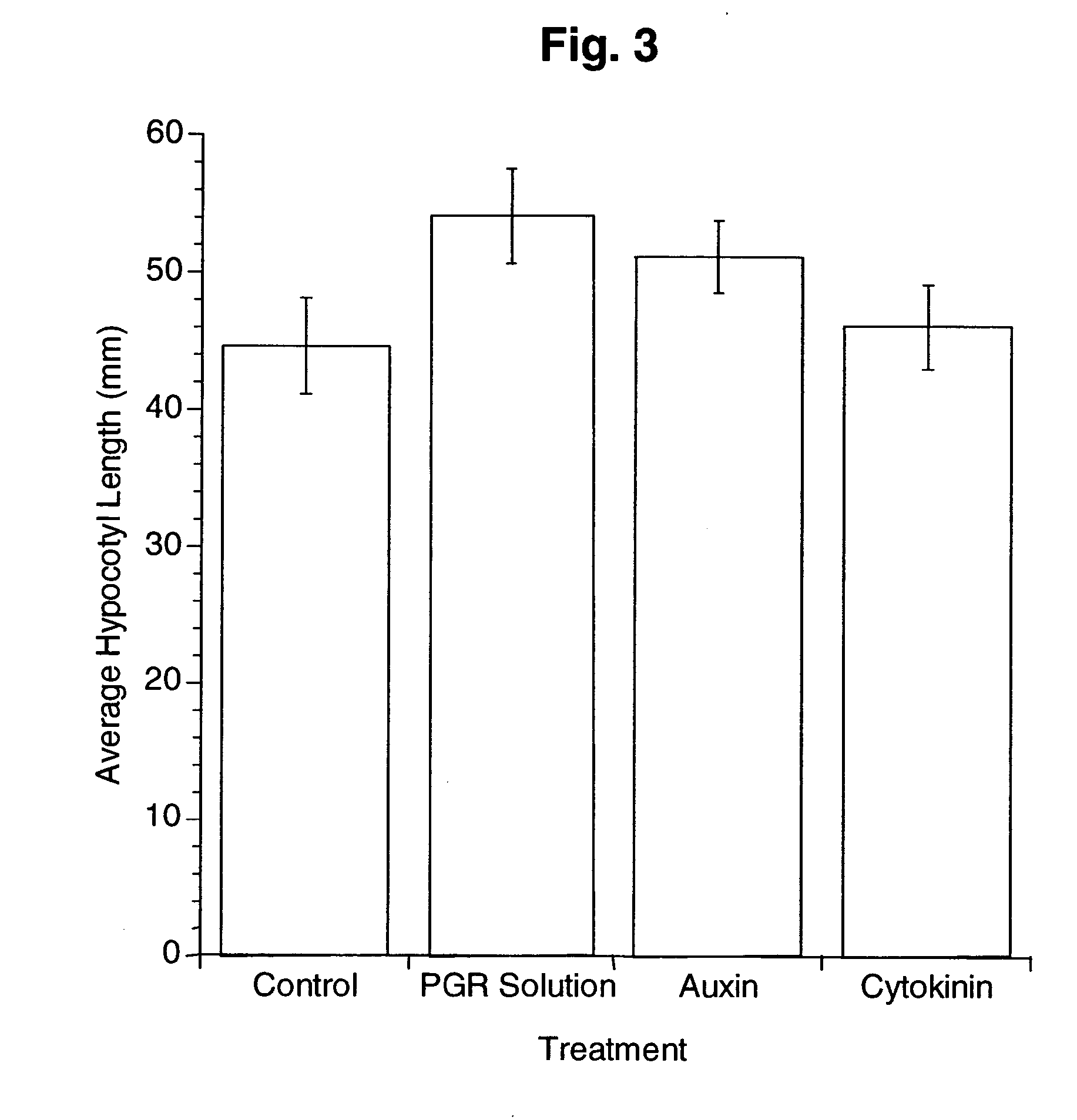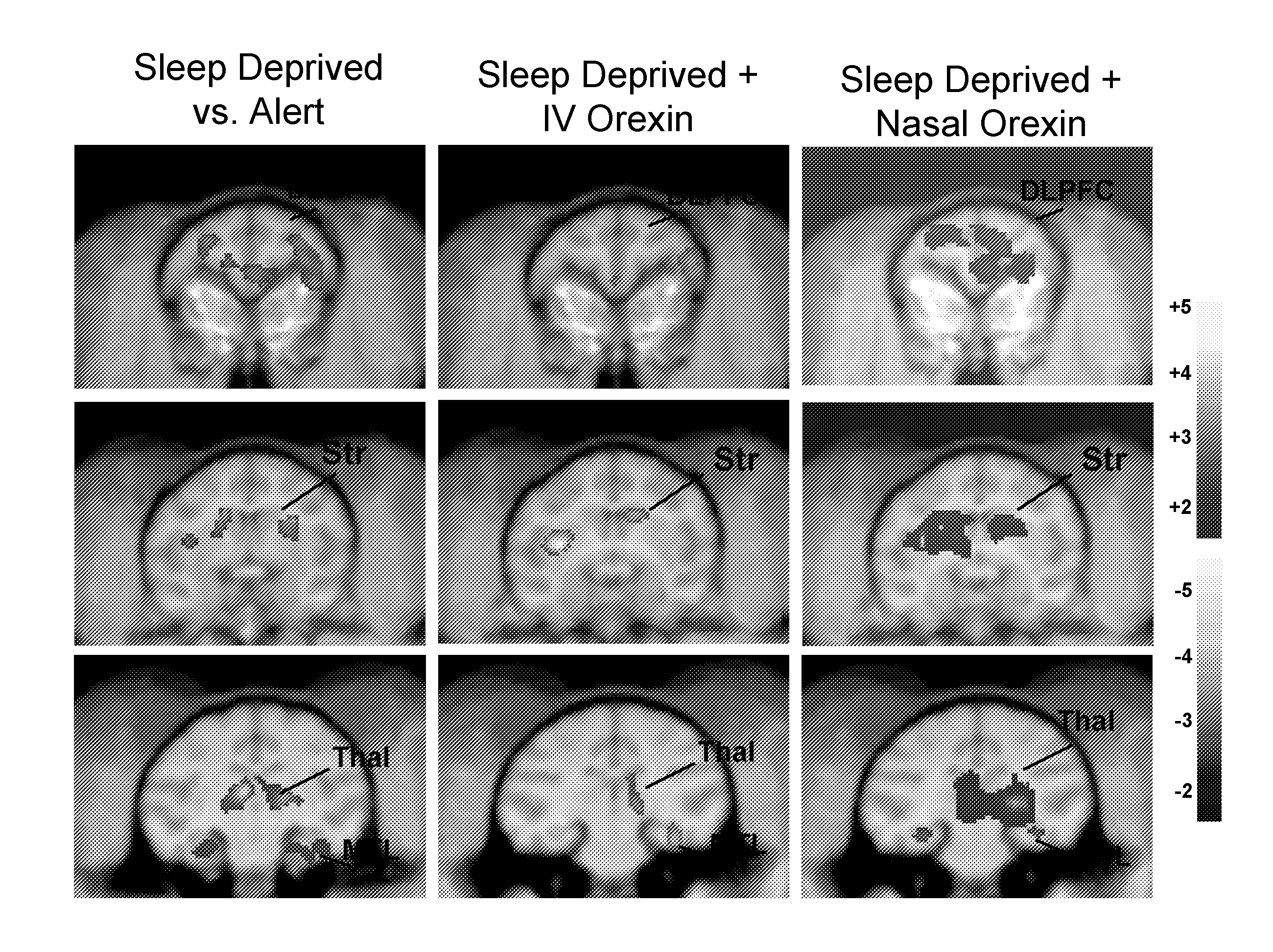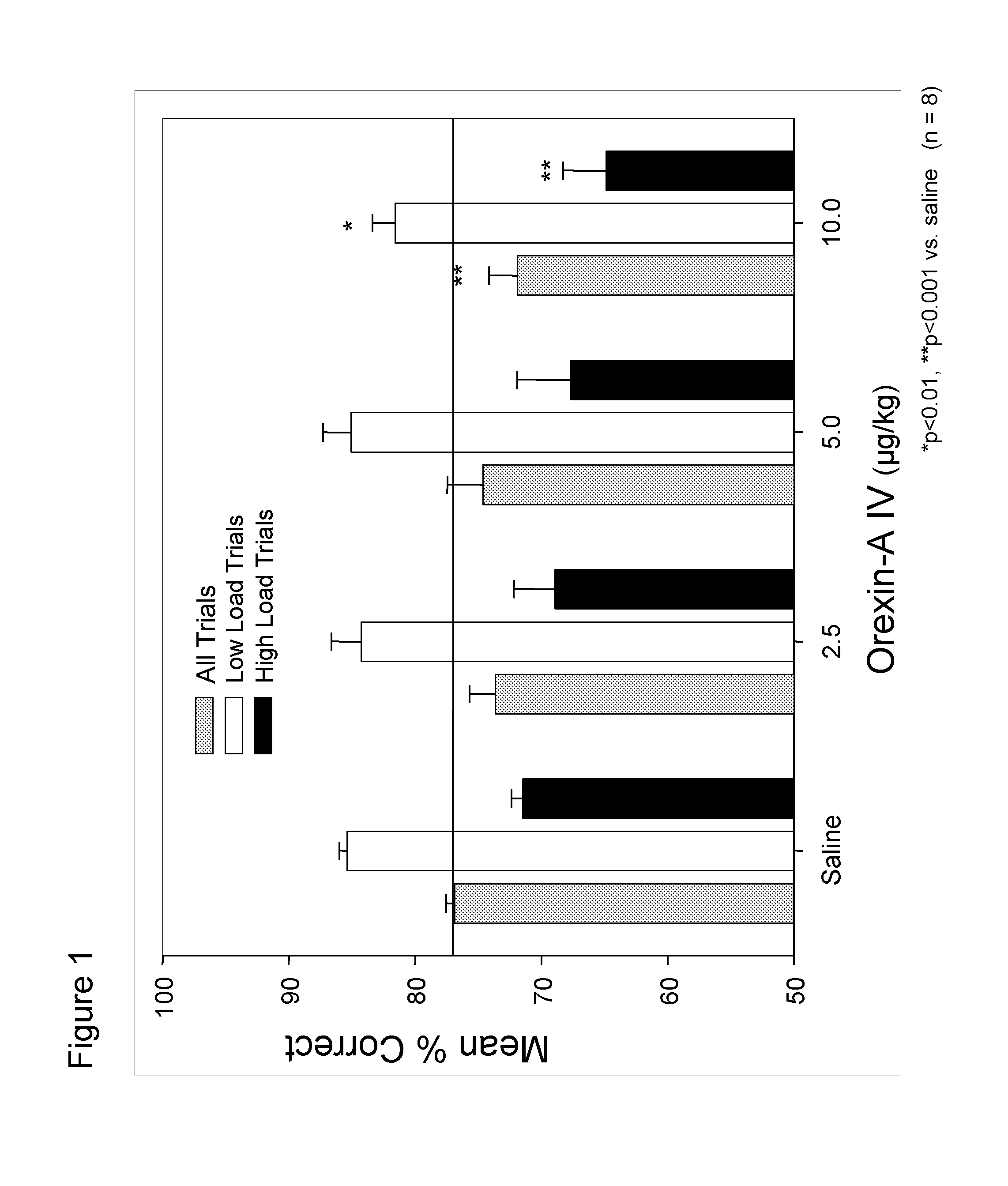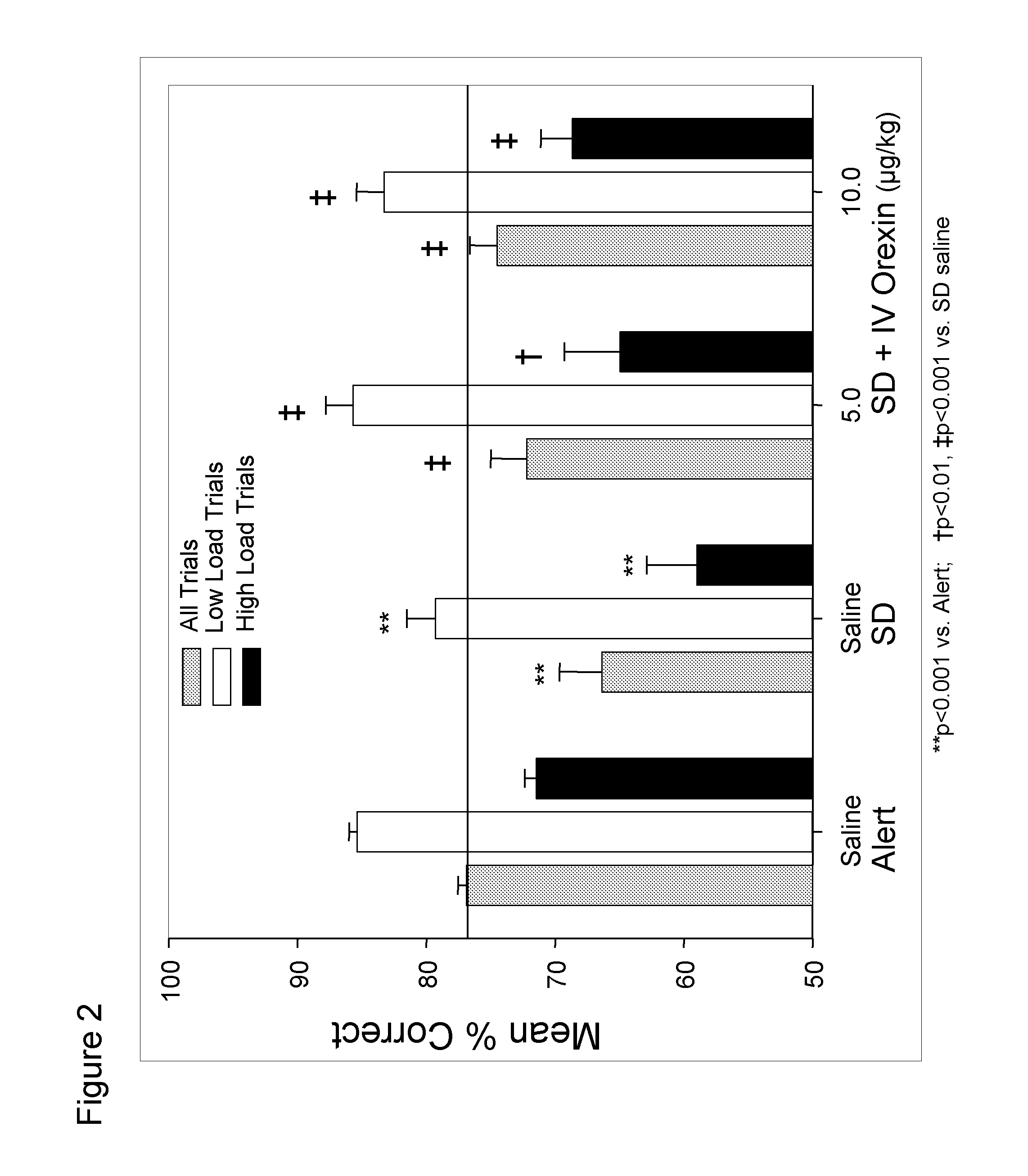Patents
Literature
Hiro is an intelligent assistant for R&D personnel, combined with Patent DNA, to facilitate innovative research.
364results about How to "Effective amount" patented technology
Efficacy Topic
Property
Owner
Technical Advancement
Application Domain
Technology Topic
Technology Field Word
Patent Country/Region
Patent Type
Patent Status
Application Year
Inventor
Methods and compositions for therapeutic use of RNA interference
InactiveUS20030157030A1Effective amountImprove angiogenesisOrganic active ingredientsPowder deliveryGene expressionSmall interfering RNA
Abstract of Disclosure The present invention provides methods and compositions for attenuating expression of a target gene in vivo. In general, the method includes administering RNAi constructs (such as small-interfering RNAs (i.e., siRNAs) that are targeted to particular mRNA sequences, or nucleic acid material that can produce siRNAs in a cell), in an amount sufficient to attenuate expression of a target gene by an RNA interference mechanism, e.g., in a sequence-dependent, PKR-independent manner. In particular, the subject method can be used to alter the growth, survival or differentiation of cells for therapeutic and cosmetic purposes.
Owner:INSERT THERAPEUTICS INC
Methods and compositions involving mirna and mirna inhibitor molecules
InactiveUS20080050744A1Effective amountReduce percentageAntibacterial agentsOrganic active ingredientsBiologyCellular functions
The present invention concerns methods and compositions for introducing miRNA activity or function into cells using synthetic nucleic acid molecules. Moreover, the present invention concerns methods and compositions for identifying miRNAs with specific cellular functions that are relevant to therapeutic, diagnostic, and prognostic applications wherein synthetic miRNAs and / or miRNA inhibitors are used in library screening assays.
Owner:ASURAGEN
High energy density vanadium electrolyte solutions, methods of preparation thereof and all-vanadium redox cells and batteries containing high energy vanadium electrolyte solutions
InactiveUS20010028977A1Effective amountEasy to modifyCharging stationsCell electrodesElectricityVanadium redox battery
Disclosed is a method for preparing a high energy density (HED) electrolyte solution for use in an all-vanadium redox cells, a high energy density electrolyte solution, in particular an all-vanadium high energy density electrolyte solution, a redox cell, in particular an all-vanadium redox cell, comprising the high energy density electrolyte solution, a redox battery, in particular an all-vanadium redox battery, comprising the HED electrolyte solution, a process for recharging a discharged or partially discharged redox battery, in particular an all-vanadium redox battery, comprising the HED electrolyte solution, a process for the production of electricity from a charged redox battery, and in particular a charged all-vanadium redox battery, comprising the HED electrolyte, a redox battery / fuel cell and a process for the production of electricity from a redox battery / fuel cell. A method for stabilising an electrolyte solution for use in a redox cell, in particular for stabilising an electrolyte solution for use in an all-vanadium redox cell, a stabilised electrolyte solution, in particular an all-vanadium stabilised electrolyte solution, a redox cell, in particular an all-vanadium redox cell, comprising the stabilised electrolyte solution, a redox battery, in particular an all-vanadium redox battery comprising the stabilised electrolyte solution, a process for recharging a discharged or partially discharged redox battery, in particular an all-vanadium redox battery, comprising the stabilised electrolyte solution, and a process for the production of electricity from a charged redox battery, and in particular a charged all-vanadium redox battery, comprising the stabilised electrolyte solution are disclosed. Also disclosed are a redox battery / fuel cell and a process for the production of electricity from a redox battery / fuel cell.
Owner:JD HLDG INC
Stabilized vanadium electrolyte solutions for all-vanadium redox cells and batteries
InactiveUS6562514B1Effective amountEasy to modifyFinal product manufactureRegenerative fuel cellsRedoxPhysical chemistry
Owner:JD HLDG INC
Stabilized electrolyte solutions, methods of preparation thereof and redox cells and batteries containing stabilized electrolyte solutions
InactiveUS6143443AReduce precipitationEffective amountLead-acid accumulatorsFinal product manufactureVanadium redox batteryFuel cells
Owner:VRB ENERGY INC
Method and apparatus for communicating map and route guidance information for vehicle navigation
InactiveUS20050140524A1Maintain visibilityEffective amountInstruments for road network navigationArrangements for variable traffic instructionsRoute searchTerminal equipment
A route information supply system comprises a reception module which receives information on a current position and a destination from a terminal device by communication, a map data storage module storing at least detailed map data and summary map data, a traffic information storage module which stores traffic information, a route search module which searches for a guidance route based on the current position and the destination, a map information generation module which generates map information on an area containing the searched route by use of the map data storage module, and an output module which outputs the generated map information to the terminal device. When an event satisfying a prescribed condition regarding the traffic information exists in the area, the map information generation module generates map information on an area in the vicinity of a point where the event has occurred by use of the detailed map data.
Owner:HITACHI LTD
Enzyme delivery systems and methods of preparation and use
ActiveUS20100260857A1Improve stabilityEnhanced administration propertyPowder deliveryNervous disorderDiseaseCystic fibrosis lungs
This invention relates to coated digestive enzyme preparations and enzyme delivery systems and pharmaceutical compositions comprising the preparations. This invention further relates to methods of preparation and use of the systems, pharmaceutical compositions and preparations to treat persons having ADD, ADHD, autism, cystic fibrosis and other behavioral and neurological disorders.
Owner:CUREMARK
Method of regulating glucose metabolism, and reagents related thereto
InactiveUS20030153509A1Reduce insulin resistanceExcellent hostBiocideDipeptide ingredientsAcute hyperglycaemiaChylomicron
The present invention provides methods and compositions for modification and regulation of glucose and lipid metabolism, generally to reduce insulin resistance, hyperglycemia, hyperinsulinemia, obesity, hyperlipidemia, hyperlipoprotein-emia (such as chylomicrons, VLDL and LDL), and to regulate body fat and more generally lipid stores, and, more generally, for the improvement of metabolism disorders, especially those associated with diabetes, obesity and / or atherosclerosis.
Owner:1149336 ONTARIO +2
Amphiphilic polymers and methods of use thereof
ActiveUS20060269479A1Effective amountOrganic active ingredientsDispersion deliveryCrystallographyTherapeutic intent
Owner:UNIVERSITY OF MASSACHUSETTS LOWELL +1
High energy density vanadium electrolyte solutions, methods of preparation thereof and all-vanadium redox cells and batteries containing high energy vanadium electrolyte solutions
InactiveUS6468688B2Effective amountEasy to modifyCharging stationsCell electrodesElectricityVanadium redox battery
Disclosed is a method for preparing a high energy density (HED) electrolyte solution for use in an all-vanadium redox cells, a high energy density electrolyte solution, in particular an all-vanadium high energy density electrolyte solution, a redox cell, in particular an all-vanadium redox cell, comprising the high energy density electrolyte solution, a redox battery, in particular an all-vanadium redox battery, comprising the HED electrolyte solution, a process for recharging a discharged or partially discharged redox battery, in particular an all-vanadium redox battery, comprising the HED electrolyte solution, a process for the production of electricity from a charged redox battery, and in particular a charged all-vanadium redox battery, comprising the HED electrolyte, a redox battery / fuel cell and a process for the production of electricity from a redox battery / fuel cell. A method for stabilising an electrolyte solution for use in a redox cell, in particular for stabilising an electrolyte solution for use in an all-vanadium redox cell, a stabilised electrolyte solution, in particular an all-vanadium stabilised electrolyte solution, a redox cell, in particular an all-vanadium redox cell, comprising the stabilised electrolyte solution, a redox battery, in particular an all-vanadium redox battery comprising the stabilised electrolyte solution, a process for recharging a discharged or partially discharged redox battery, in particular an all-vanadium redox battery, comprising the stabilised electrolyte solution, and a process for the production of electricity from a charged redox battery, and in particular a charged all-vanadium redox battery, comprising the stabilised electrolyte solution are disclosed. Also disclosed are a redox battery / fuel cell and a process for the production of electricity from a redox battery / fuel cell.
Owner:JD HLDG INC
Method and apparatus for communicating map and route guidance information for vehicle navigation
InactiveUS7342516B2Effective amountMaintain visibilityInstruments for road network navigationArrangements for variable traffic instructionsVideo navigationRoute search
A route information supply system comprises a reception module which receives information on a current position and a destination from a terminal device by communication, a map data storage module storing at least detailed map data and summary map data, a traffic information storage module which stores traffic information, a route search module which searches for a guidance route based on the current position and the destination, a map information generation module which generates map information on an area containing the searched route by use of the map data storage module, and an output module which outputs the generated map information to the terminal device. When an event satisfying a prescribed condition regarding the traffic information exists in the area, the map information generation module generates map information on an area in the vicinity of a point where the event has occurred by use of the detailed map data.
Owner:HITACHI LTD
Apparatus and method of treatment of wounds, burns and immune system disorders
InactiveUS6620379B1Effective treatmentPrevent leakagePeroxide active ingredientsMedical devicesUlcer careStatic mode
A device for the treatment of objects using an effective amount of ozone, the device comprising at least two sealed treatment chambers into which a person inserts at least one object to be treated, each treatment chamber being hermetically sealed by a sealing means to provide a complete seal, a distribution means for delivering the ozone-oxygen to each of the treatment chambers, a control system being designed to produce a static mode operation wherein there is no ozone flow into or out of the treatment chamber except during testing periods when a negative pressure is produced in each treatment chamber. The inventions also pertains to an improved device for treating wound, ulcers, burns, skin and immune system disorders, thrombotic diseases, and disorders of blood platelets, diabetes or peripheral vascular diseases.
Owner:S P M RECOVERY TECH
Fat accumulation-modulation compounds
InactiveUS20030144350A1Decreasing level of acid and triglyceride accumulationReducing weight gainBiocideMetabolism disorderDrugLine of therapy
The present invention pertains to compounds effective at modulating fatty acid or triglyceride ("fat") accumulation by cells, such compounds having therapeutic potential as regulators of body mass and for the treatment of overweight individuals, obesity, and metabolic disorders. Featured compounds are set forth and exemplified herein. Therapeutic methods and pharmaceutical compositions featuring these compounds are also provided.
Owner:ADIPOGENIX
Controlled release formulations of octreotide
ActiveUS20060204540A1Avoid large peakImprove the level ofPeptide/protein ingredientsMetabolism disorderAcromegalyMalignant carcinoid tumors
A formulation of octreotide or pharmaceutically acceptable salts thereof, which provides controlled release of a therapeutically effective amount of octreotide for a period of at least about two months. Methods of treating acromegaly, decreasing growth hormone, decreasing IGF-1, and treating conditions associated with carcinoid tumors and VIPomas by administering a controlled release formulation of octreotide are provided herein.
Owner:ENDO PHARMA SOLUTIONS
Heterocyclic aspartyl protease inhibitors
Disclosed are compounds of the formula I or a stereoisomer, tautomer, or pharmaceutically acceptable salt or solvate thereof, wherein W is a bond, —C(═S)—, —S(O)—, —S(O)2—, —C(═O)—, —O—, —C(R6)(R7)—, —N(R5)— or —C(═N(R5))—; X is —O—, —N(R5)— or —C(R6)(R7)—; provided that when X is —O—, U is not —O—, —S(O)—, —S(O)2—, —C(═O)— or —C(═NR5)—; U is a bond, —S(O)—, —S(O)2—, —C(O)—, —O—, —P(O)(OR15)—, —C(═NR5)—, —(C(R6)(R7))b— or —N(R5)—; wherein b is 1 or 2; provided that when W is —S(O)—, —S(O)2—, —O—, or —N(R5)—, U is not —S(O)—, —S(O)2—, —O—, or —N(R5)—; provided that when X is —N(R5)— and W is —S(O)—, —S(O)2—, —O—, or —N(R5)—, then U is not a bond; and R1, R2, R3, R4, R5, R6, and R7 are as defined in the specification; and pharmaceutical compositions comprising the compounds of formula I. Also disclosed is the method of inhibiting aspartyl protease, and in particular, the methods of treating cardiovascular diseases, cognitive and neurodegenerative diseases, and the methods of inhibiting of Human Immunodeficiency Virus, plasmepins, cathepsin D and protozoal enzymes. Also disclosed are methods of treating cognitive or neurodegenerative diseases using the compounds of formula I in combination with a cholinesterase inhibitor or a muscarinic antagonist.
Owner:MERCK SHARP & DOHME LLC +1
Substituted heterocycle fused gamma-carbolines
The present invention is directed to methods of treating addictive behavior and sleep disorders by administering compounds represented by structural Formula (I)or pharmaceutically acceptable salt forms thereof, wherein R1, R5, R6a, R6b, R7, R8, R9, X, b, k, m, and n, and the dashed lines are described herein. The compounds used in the method of treatment of this invention are serotonin agonists and antagonists and are useful in the control or prevention of central nervous system disorders including addictive behavior and sleep disorders.
Owner:BRISTOL MYERS SQUIBB PHARMA CO
Selecting patients for therapy with a her inhibitor
InactiveUS20080317753A1Effective treatmentEffective amountPeptide/protein ingredientsMicrobiological testing/measurementPhosphorylationHER Inhibitors
A method for selecting patients for therapy with a HER inhibitor, such as pertuzumab, based on gene expression analysis is described. A method for assessing HER phosphorylation or activation in a biological sample via gene expression analysis is also described.
Owner:GENENTECH INC
Combination therapy comprising a Cox-2 inhibitor and an antineoplastic agent
InactiveUS20050227929A1Effective amountReduce dosageBiocideSomatostatinsCOX-2 inhibitorCombination therapy
A method for treating or preventing neoplasia or a neoplasia-related disorder in a subject is provided, the method comprising administering to the subject an effective amount of a combination comprising a Cox-2 inhibitor and an antineoplastic agent.
Owner:PHARMACIA & UPJOHN CO
Anti-CD19 antibody therapy for transplantation
InactiveUS20060280738A1Efficient productionEfficiently depletedBiocidePhosphorous compound active ingredientsAntigenDisease
The invention relates to immunotherapeutic compositions and methods for the treatment and prevention of GVHD, humoral rejection, and post-transplantation lymphoproliferative disorder in human subjects using therapeutic antibodies that bind to the human CD19 antigen and that preferably mediate human ADCC. The present invention relates to pharmaceutical compositions comprising human or humanized anti-CD 19 antibodies of the IgG1 or IgG3 human isotype. The present invention relates to pharmaceutical compositions comprising human or humanized anti-CD19 antibodies of the IgG2 or IgG4 human isotype that preferably mediate human ADCC. The present invention also relates to pharmaceutical compositions comprising chimerized anti-CD19 antibodies of the IgG1, IgG2, IgG3, or IgG4 isotype that mediate human ADCC. In preferred embodiments, the present invention relates to pharmaceutical compositions comprising monoclonal human, humanized, or chimeric anti-CD19 antibodies.
Owner:DUKE UNIV
Compositions and methods related to protein a (SPA) variants
ActiveUS20120114686A1Reduced activityPrevents alleviates ameliorates symptomAntibacterial agentsBacterial antigen ingredientsStaphylococcus xylosusProtein A
Disclosed are methods and compositions for treating or preventing a Staphylococcus bacterial infection using a non-toxigenic Protein A (SpA) variant.
Owner:UNIVERSITY OF CHICAGO
Compositions and methods related to protein a (SPA) variants
ActiveUS20130171183A1Prevents alleviates ameliorates symptomImprove survivalAntibacterial agentsBacterial antigen ingredientsStaphylococcusVirology
The present invention concerns methods and compositions for treating or preventing a bacterial infection, particularly infection by a Staphylococcus bacterium. The invention provides methods and compositions for stimulating an immune response against the bacteria. In certain embodiments, the methods and compositions involve a non-toxigenic Protein A (SpA) variant.
Owner:UNIVERSITY OF CHICAGO
Controlled release formulations of octreotide
ActiveUS7452868B2Reduce needLower Level RequirementsPeptide/protein ingredientsMetabolism disorderAcromegalyMalignant carcinoid tumors
Owner:ENDO PHARMA SOLUTIONS
Methods and compositions for treating schizophrenia using antipsychotic combination therapy
The present invention relates to combination therapies and methods for treating, preventing and / or delaying the onset and / or development of schizophrenia, wherein the combination therapies comprise a hydrogenated pyrido[4,3-b]indole or a pharmaceutically acceptable salt thereof, such as dimebon, and an antipsychotic.
Owner:MEDIVATION TECH INC
Methods of treating cancer with hdac inhibitors
InactiveUS20070060614A1Better pharmacokinetic profileImprove bioavailabilityBiocideAnimal repellantsDosing regimenOncology
The present invention relates to methods of treating cancers, e.g., mesothelioma or lymphoma. More specifically, the present invention relates to methods of treating mesothelioma or diffuse large B-cell lymphoma (DLBCL), by administration of pharmaceutical compositions comprising HDAC inhibitors, e.g., suberoylanilide hydroxamic acid (SAHA). The oral formulations of the pharmaceutical compositions have favorable pharmacokinetic profiles such as high bioavailability and surprisingly give rise to high blood levels of the active compounds over an extended period of time. The present invention further provides a safe, daily dosing regimen of these pharmaceutical compositions, which is easy to follow, and which results in a therapeutically effective amount of the HDAC inhibitors in vivo.
Owner:MERCK HDAC RESEARCH LLC +1
Antibody formulation
InactiveUS20050158316A1Effective amountImmunoglobulins against cell receptors/antigens/surface-determinantsAntibody ingredientsPolyolMedicine
A method of treating hemorrhagic shock with a stable aqueous pharmaceutical formulation comprising a therapeutically effective amount of an antibody not subjected to prior lyophilization, a buffer maintaining the pH in the range from about 4.8 to about 5.5, a surfactant and a polyol.
Owner:GENENTECH INC
Bactericidal cleaning wipe containing a cationic biocide
InactiveUS6841527B2Easy to cleanLow raw material costInorganic/elemental detergent compounding agentsCationic surface-active compoundsBiocideRelease agent
An improved cleaning composition loaded on a cleaning wipe having improved biocidal release from the cleaning wipe. The improved cleaning composition includes a cationic biocide and a biocide release agent.
Owner:THE CLOROX CO
Transdermal methods and systems for the delivery of Anti-migraine compounds
Iontophoretic patches for the delivery of anti-migraine compounds and methods of using the patches are described.
Owner:TEVA PHARMACEUTICALS INTERNATIONAL GMBH
Methods for improving growth and crop productivity of plants by adjusting plant hormone levels, ratios and/or co-factors
ActiveUS20050197253A1Improve architectureIncrease crop yieldBiocideAnimal repellantsCytokininDisease
In agriculture when temperature and moisture deviate from the norm two things happen, plant growth suffers and disease flourishes. The Stoller model for plant growth states that proper hormone balance is necessary for optimum growth and performance. When growth conditions deviate from the norm, hormone balance is altered and plant growth suffers. This invention presents evidence to support this model and explain the relationship between hormone levels and plant growth. A clear understanding of this relationship will facilitate crop treatments aimed to eliminate these problems. Although we cannot control the climate, we can control the damage caused by environmental stresses by manipulating the levels and / or ratio of plant hormones in the different plant tissues. By adjusting the levels and / or ratios of hormones, particularly auxin and cytokinins in the root tissue, we can assist the plant in overcoming or compensating for this environmental stress.
Owner:STOLLER ENTERPRISES INC
Method for treating a mental disorder
InactiveUS7307062B2Improve behaviorImprove cognitive functionAntibacterial agentsBiocideMental dysfunction
A method of treating an individual exhibiting at least one symptom of a mental disorder is provided which comprises administering to the individual an antimicrobial composition in an amount effective to inhibit or eliminate the at least one symptom of the disorder. This invention also pertains to a method of treating an individual exhibiting at least one symptom of a mental disorder by administering a probiotic mixture to replenish gastrointestinal microbes.
Owner:BOLTE ELLEN R
Methods to reduce the effects of sleep deprivation
InactiveUS20110053859A1Avoid symptomsImprove cognitive abilityHormone peptidesNervous disorderPhysiologyAgonist
The invention provides methods of treating symptoms of sleep deprivation using a hypocretin agonist. The invention also provides methods of treating Parkinson's disease using a hypocretin agonist.
Owner:RGT UNIV OF CALIFORNIA +1
Features
- R&D
- Intellectual Property
- Life Sciences
- Materials
- Tech Scout
Why Patsnap Eureka
- Unparalleled Data Quality
- Higher Quality Content
- 60% Fewer Hallucinations
Social media
Patsnap Eureka Blog
Learn More Browse by: Latest US Patents, China's latest patents, Technical Efficacy Thesaurus, Application Domain, Technology Topic, Popular Technical Reports.
© 2025 PatSnap. All rights reserved.Legal|Privacy policy|Modern Slavery Act Transparency Statement|Sitemap|About US| Contact US: help@patsnap.com

